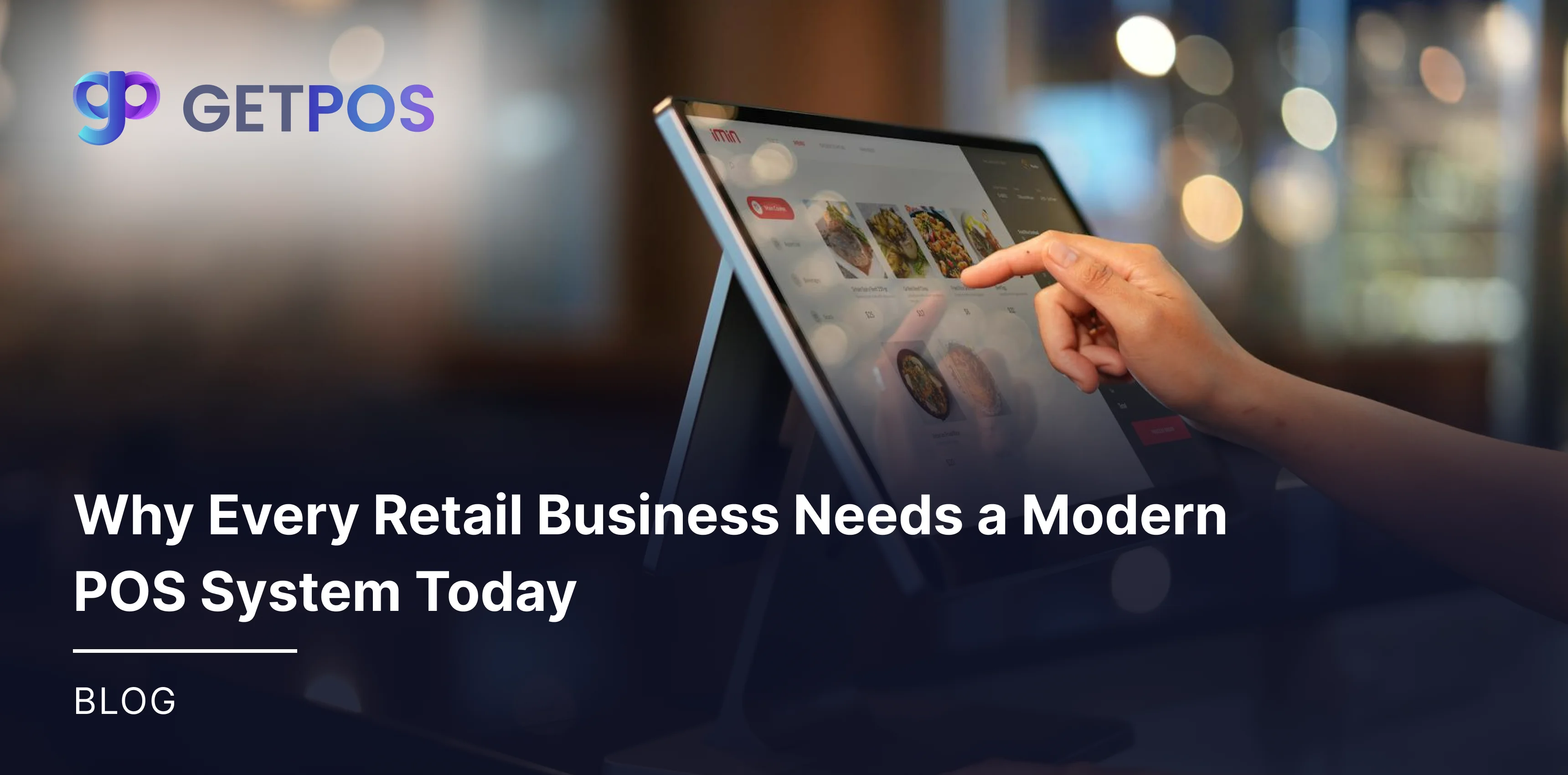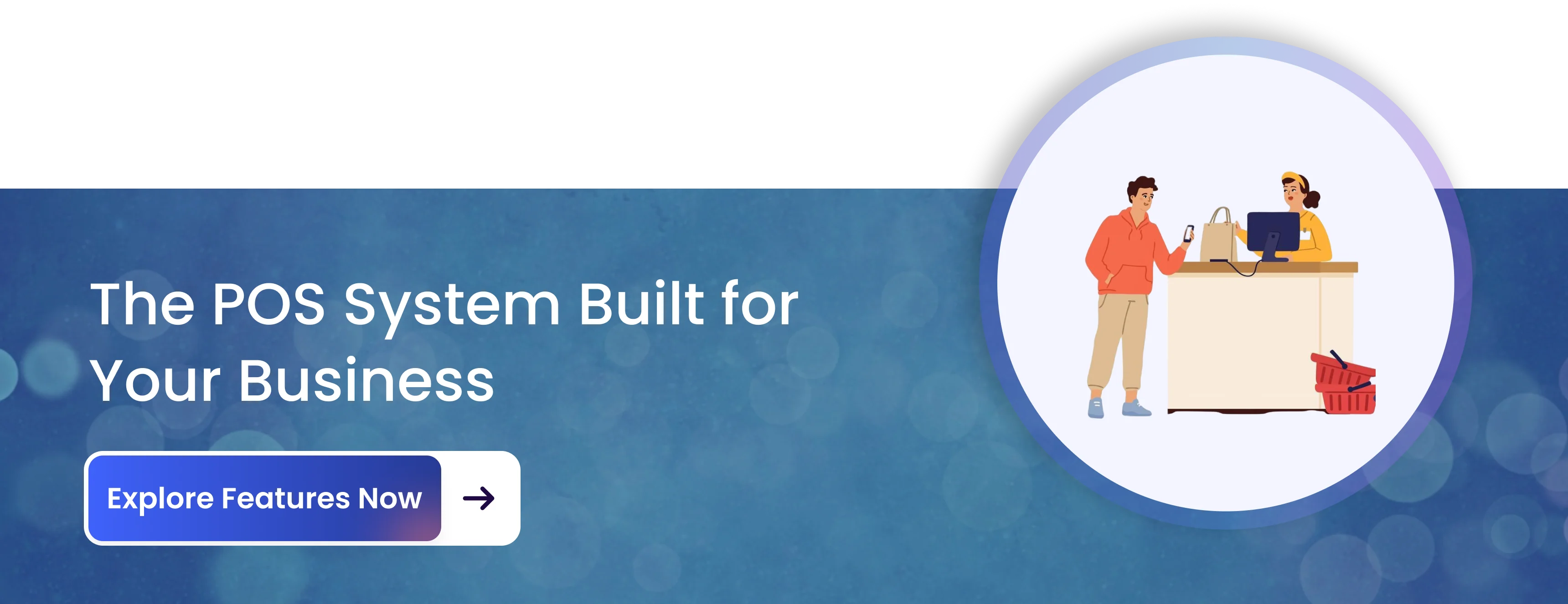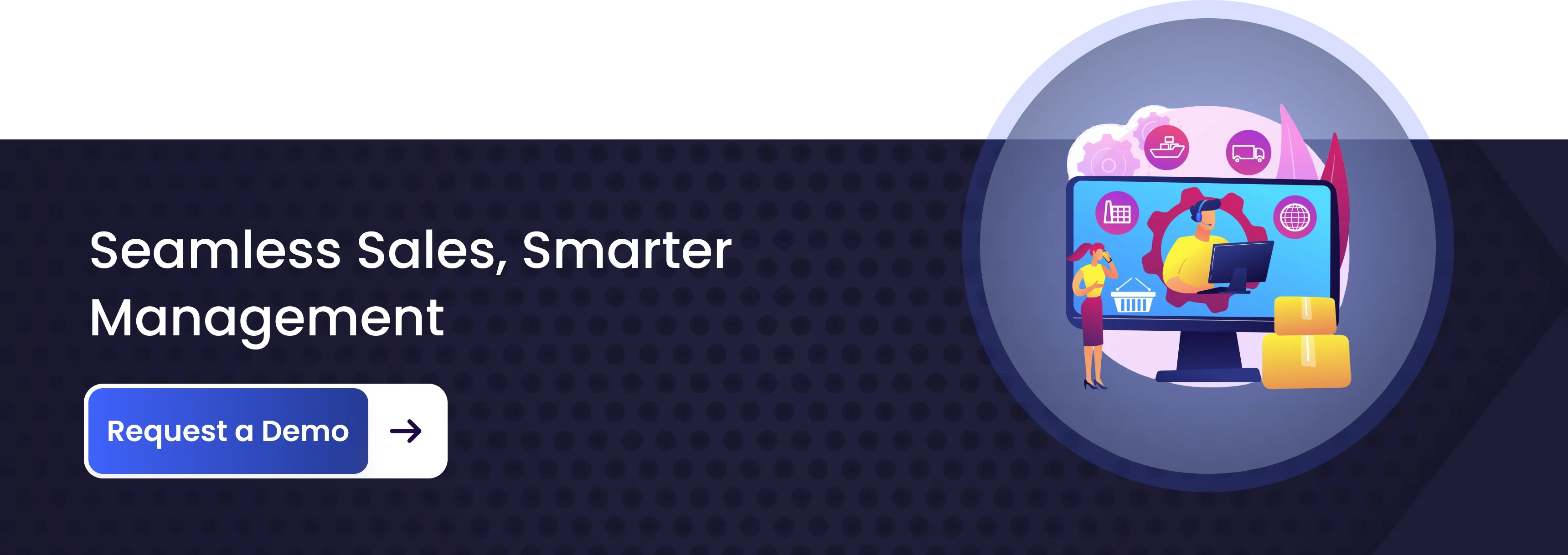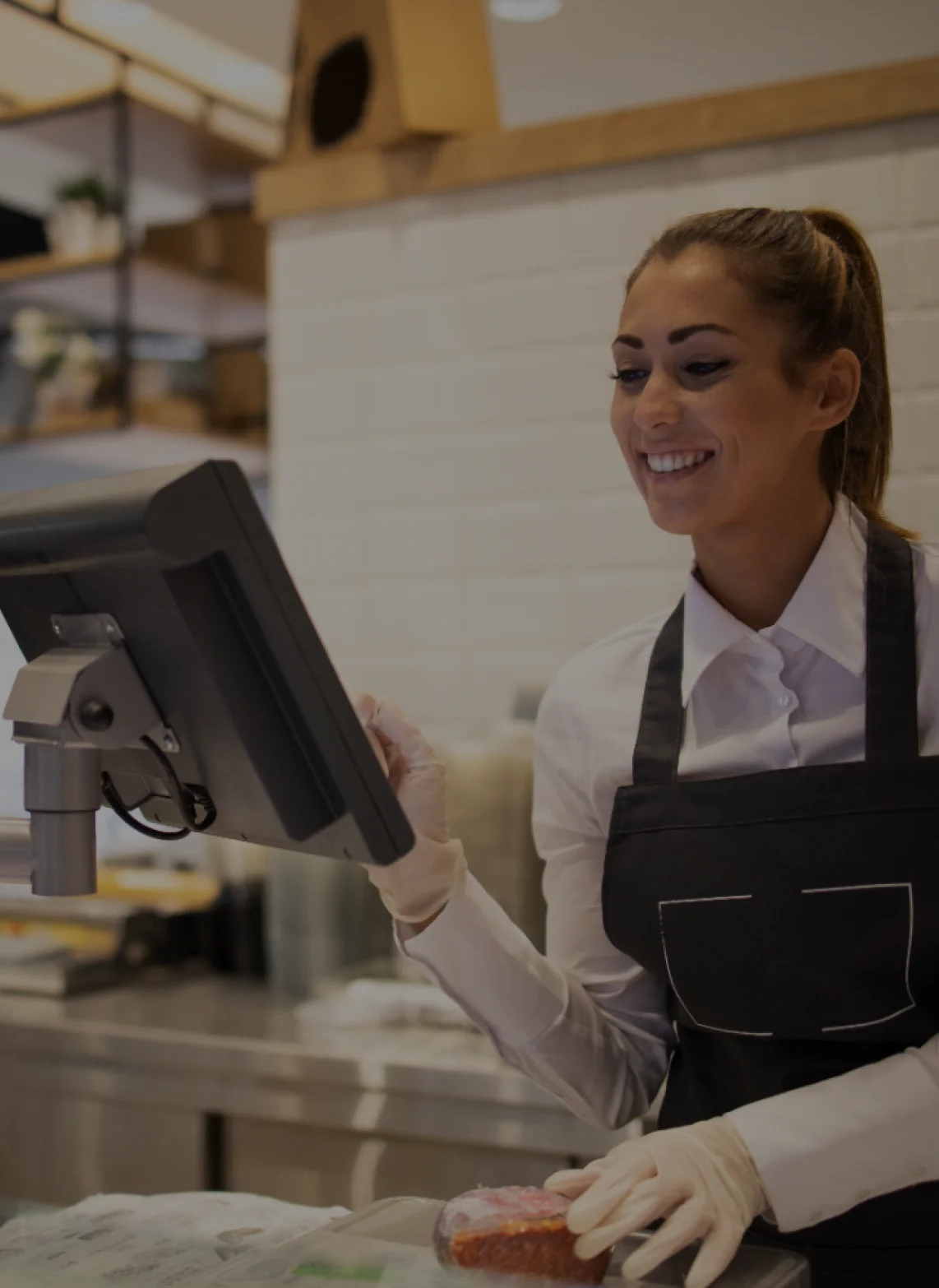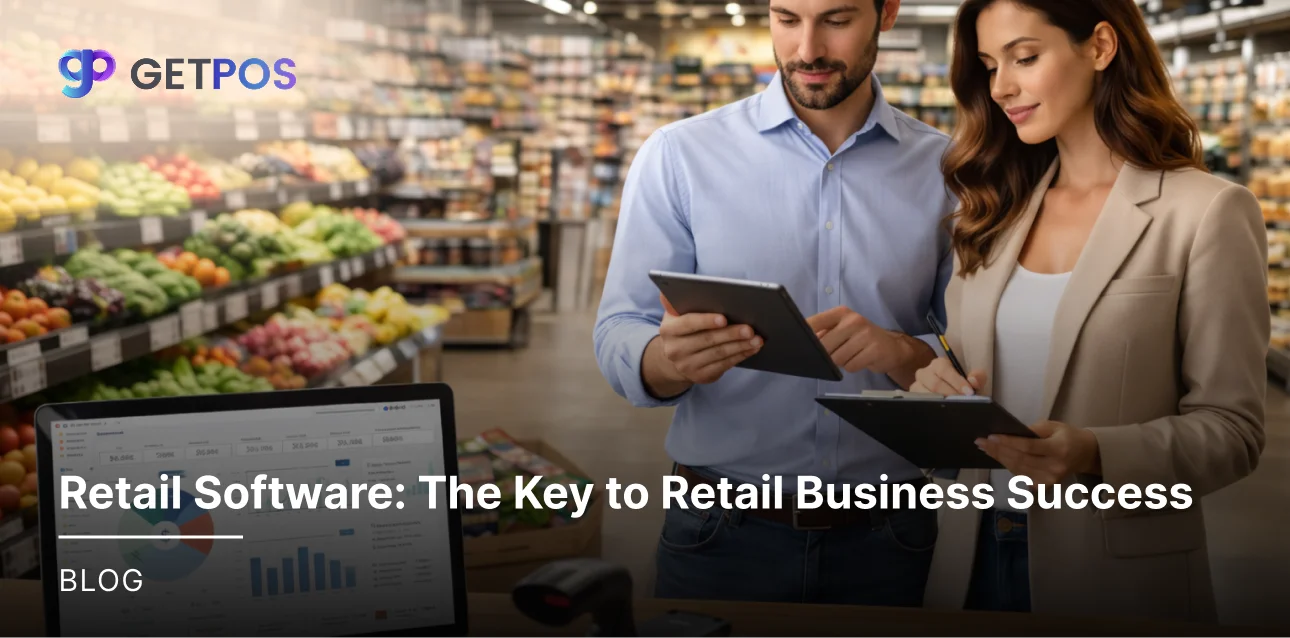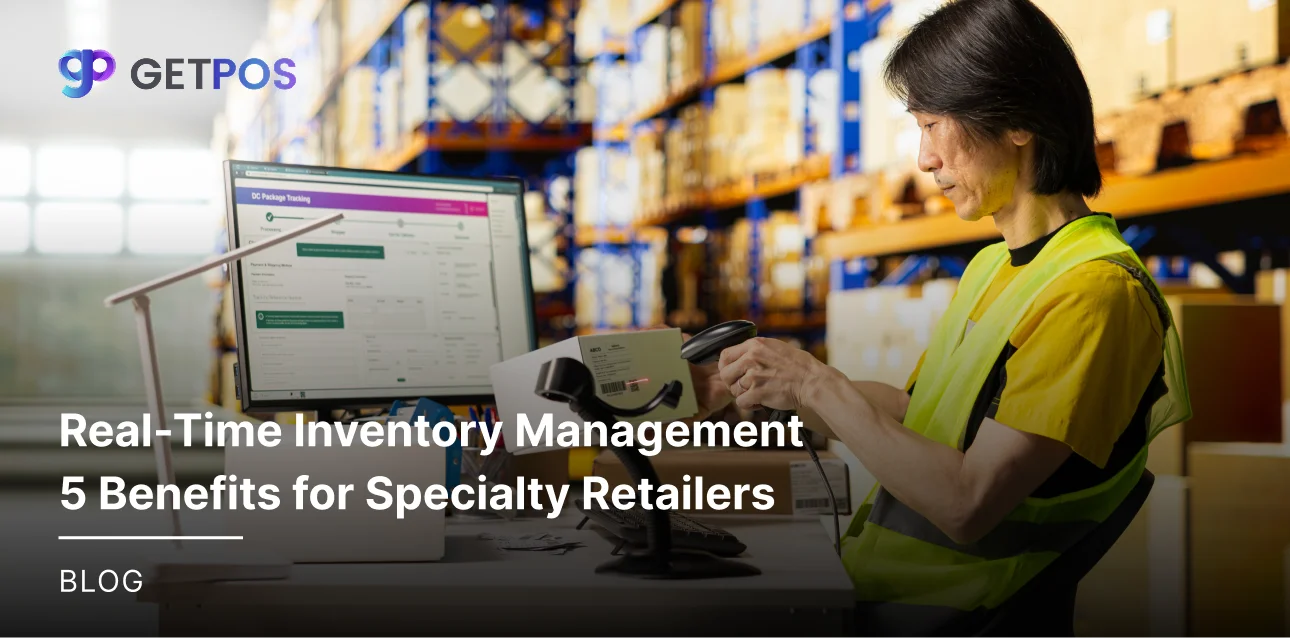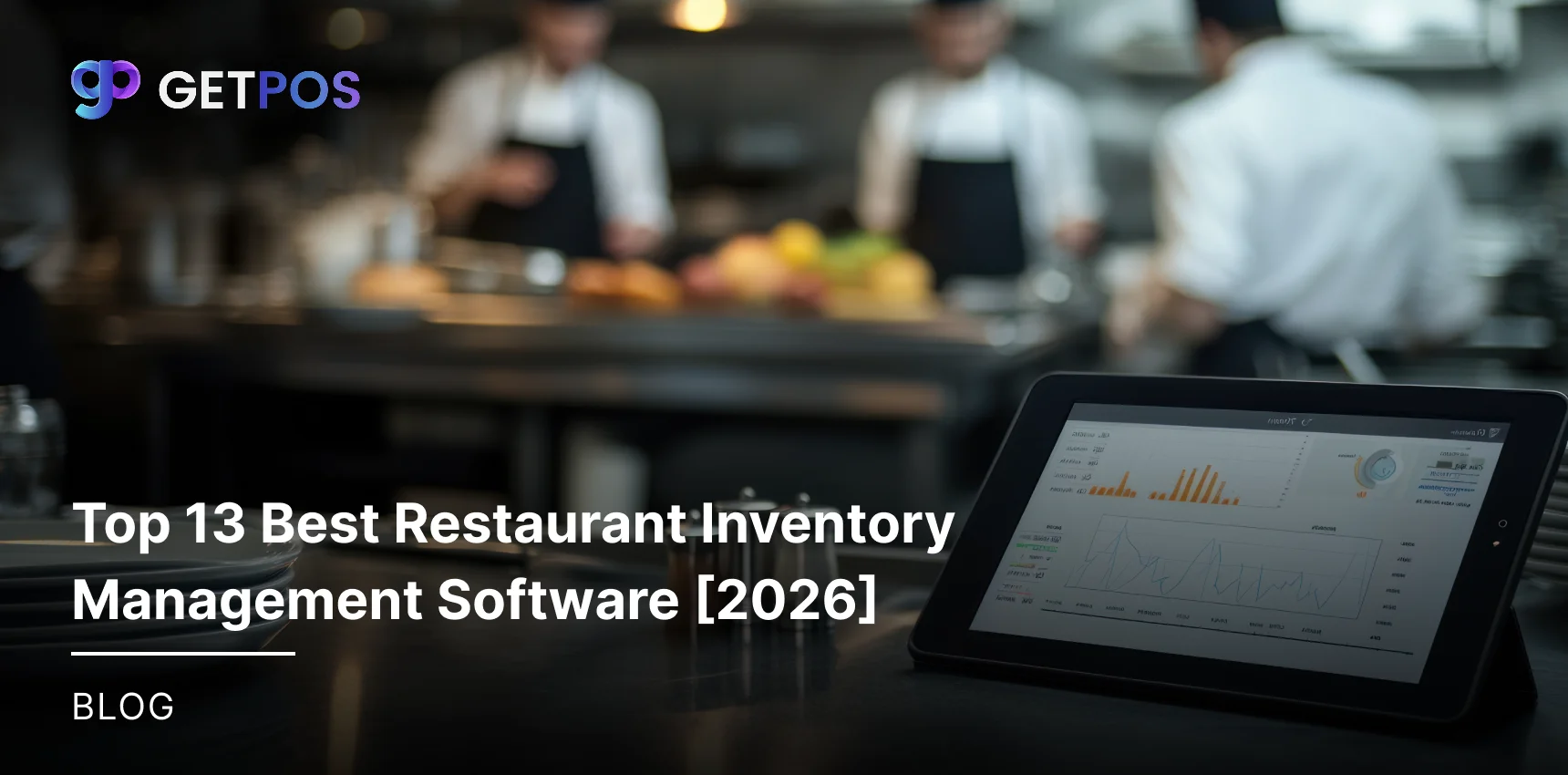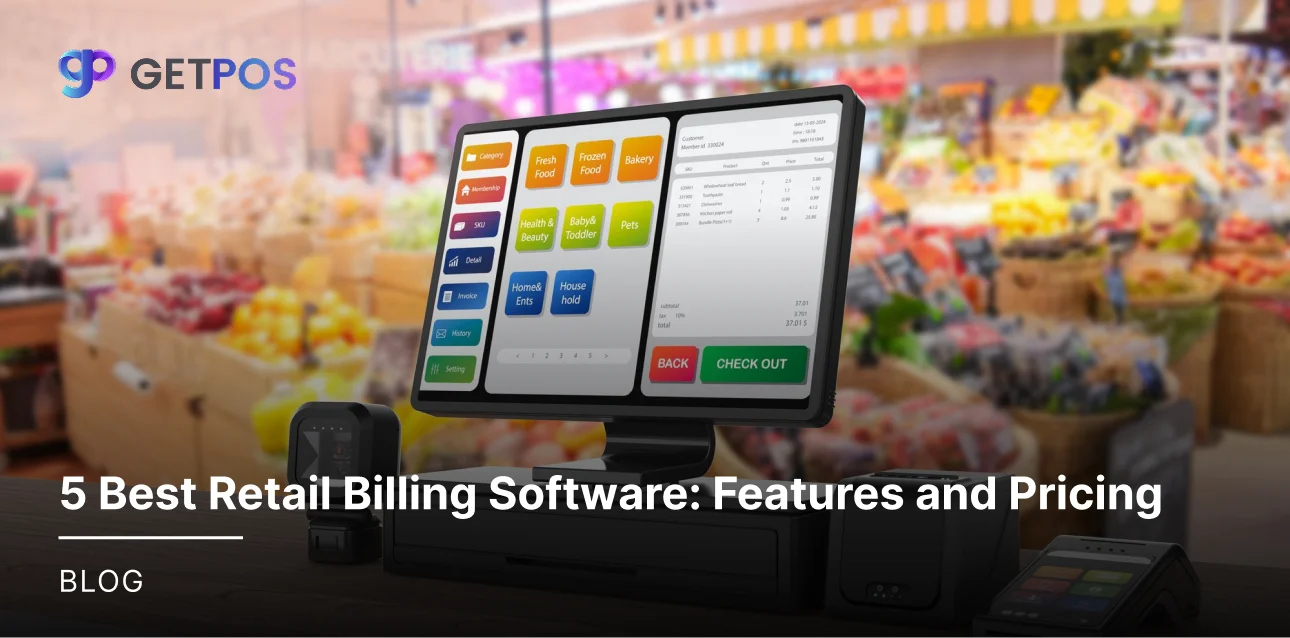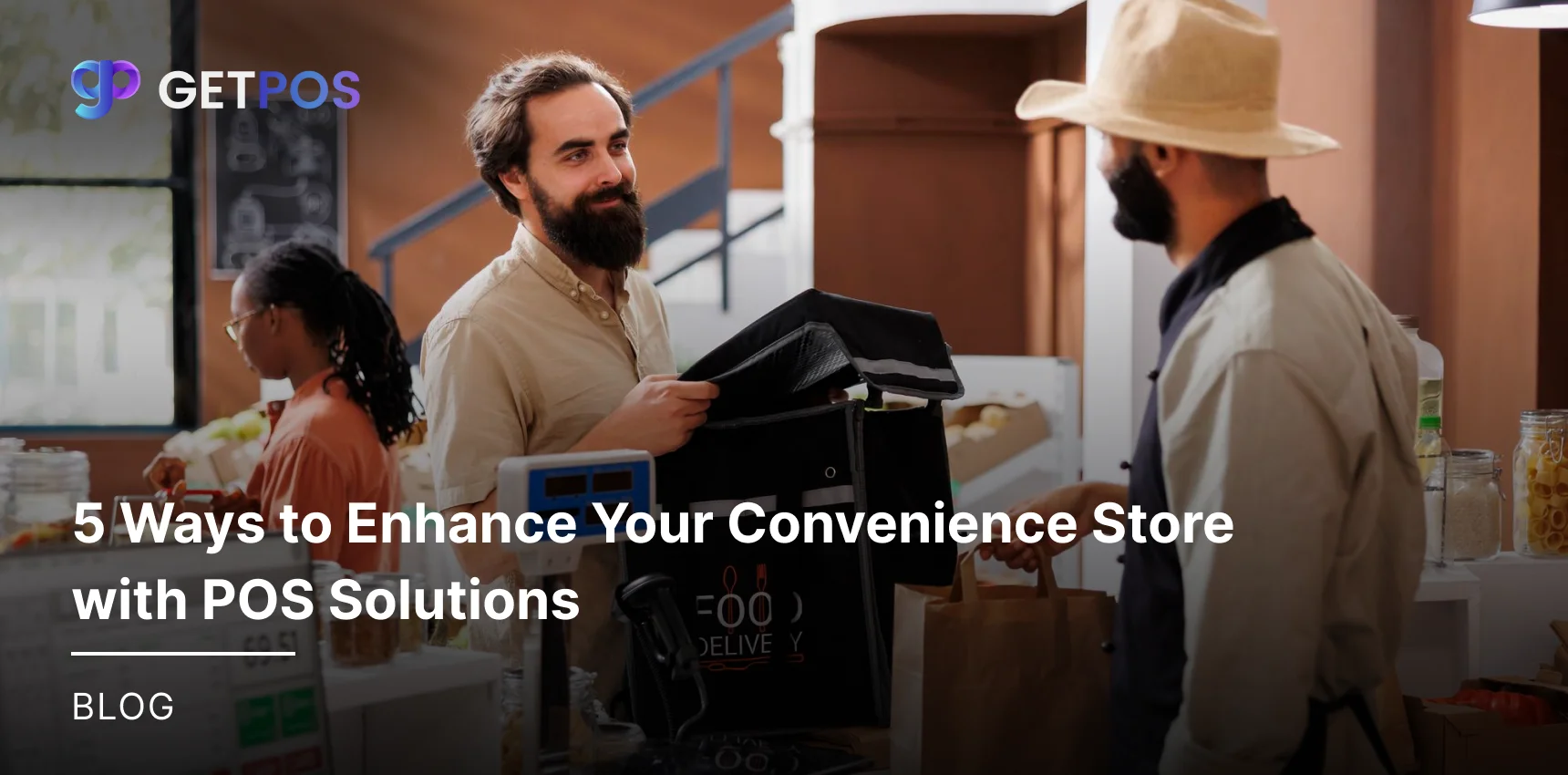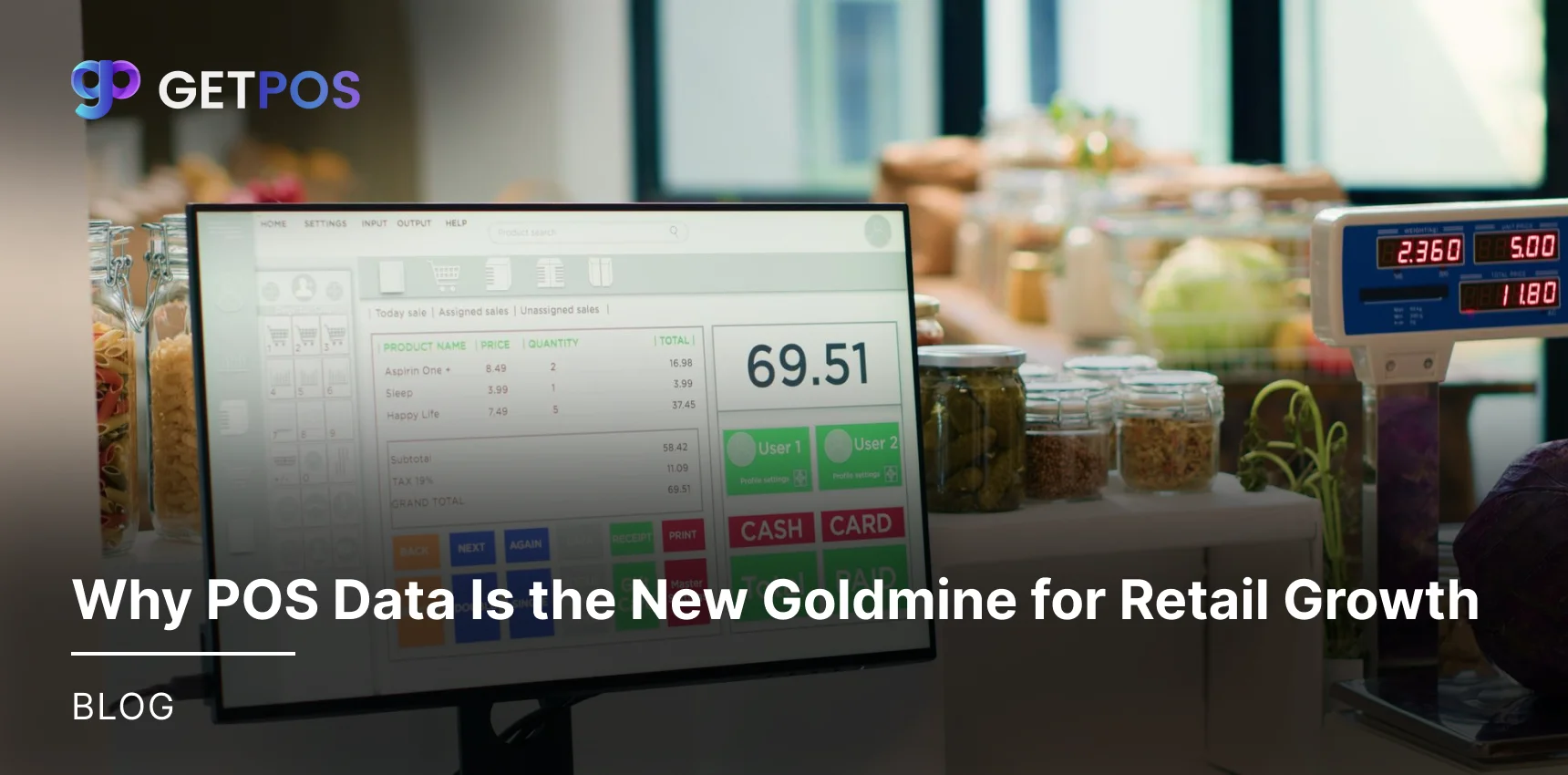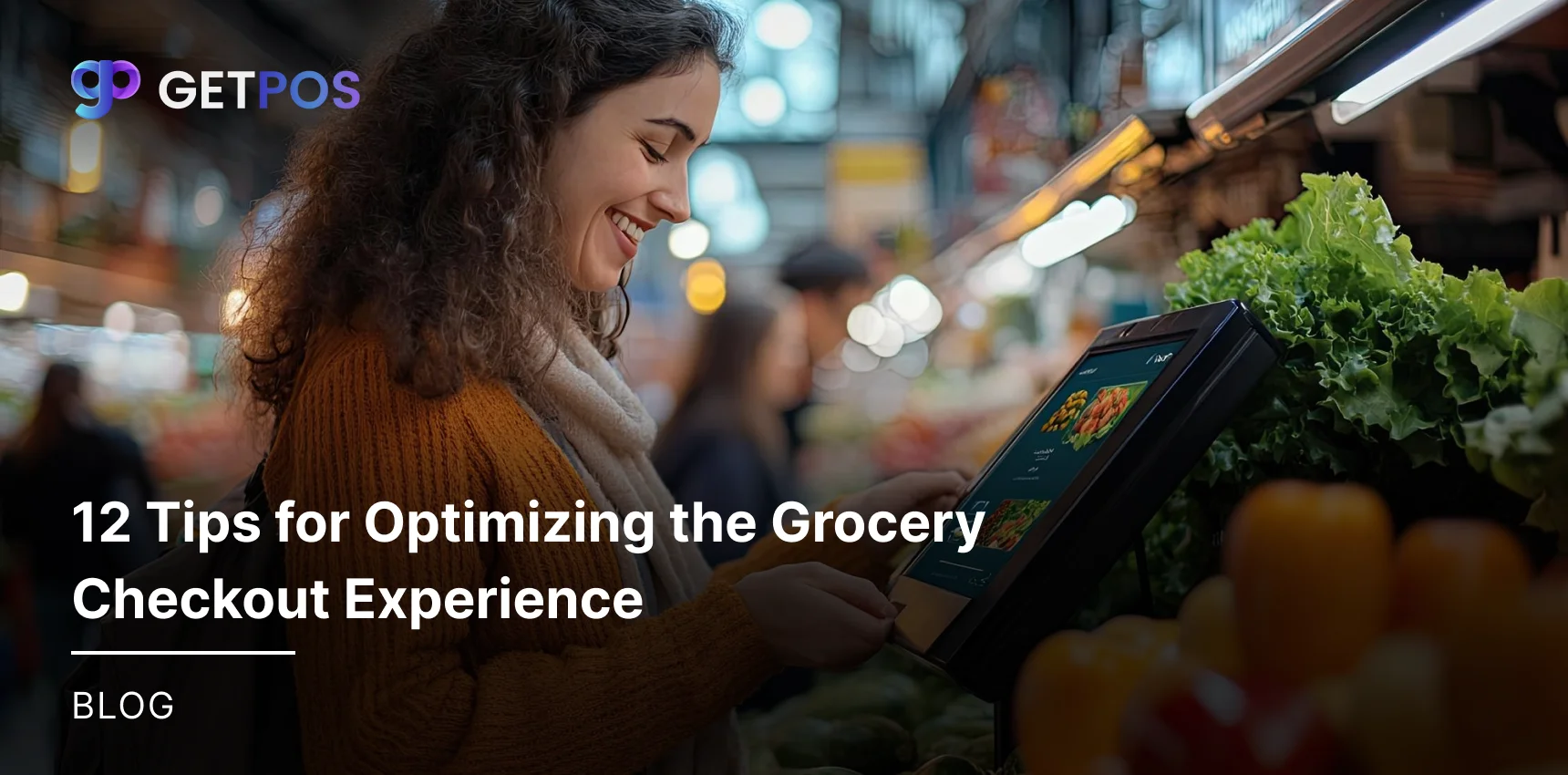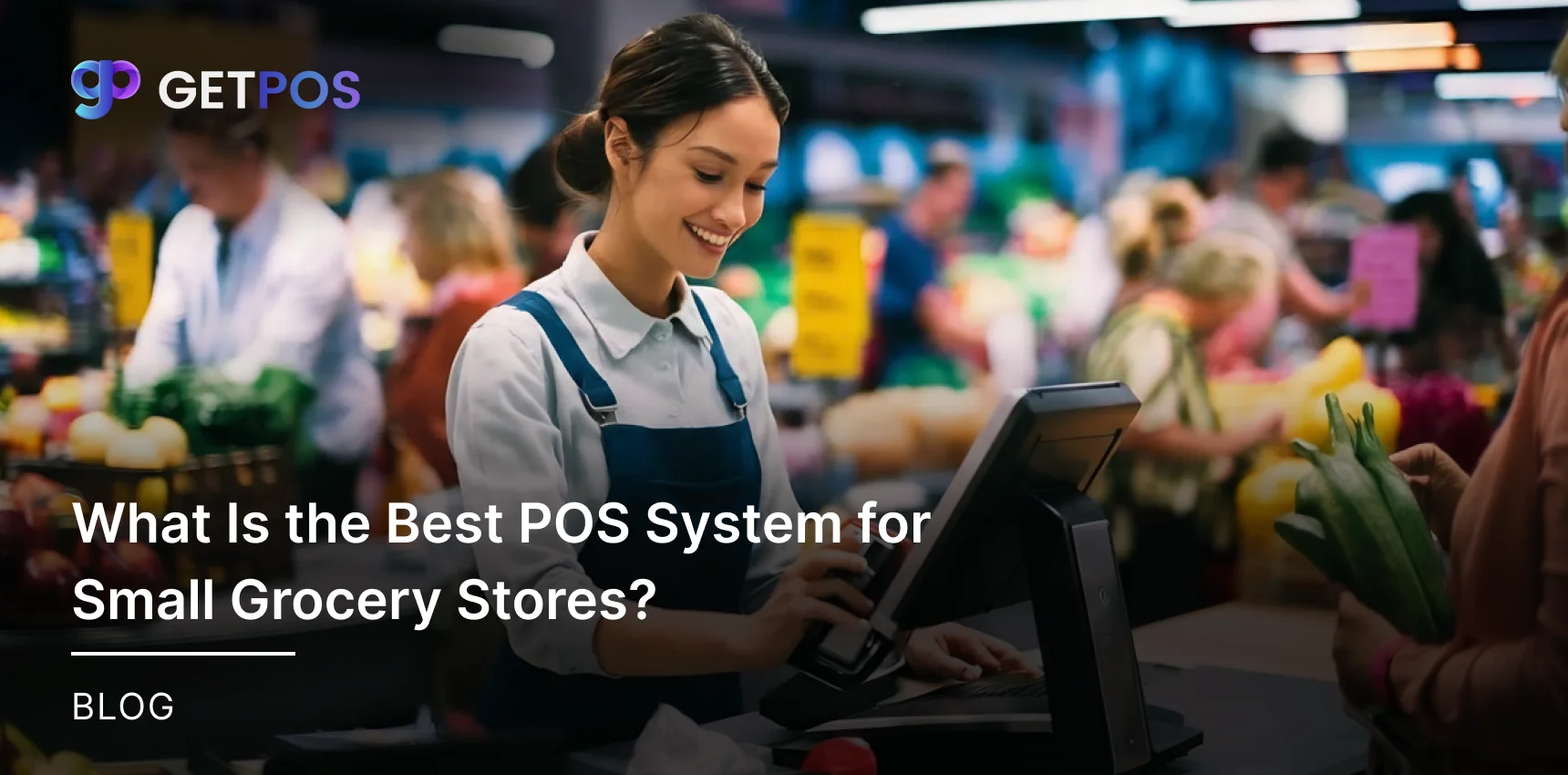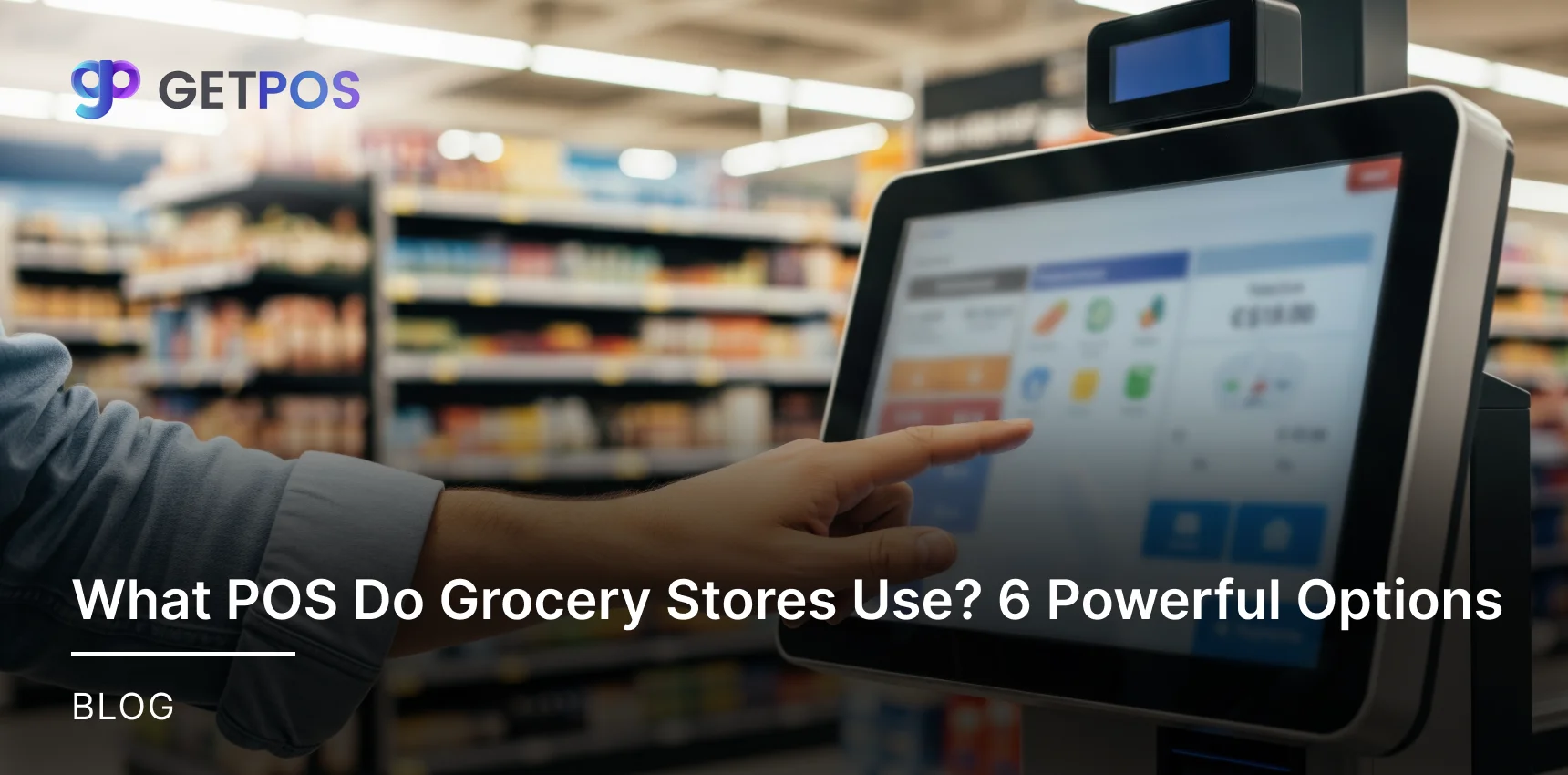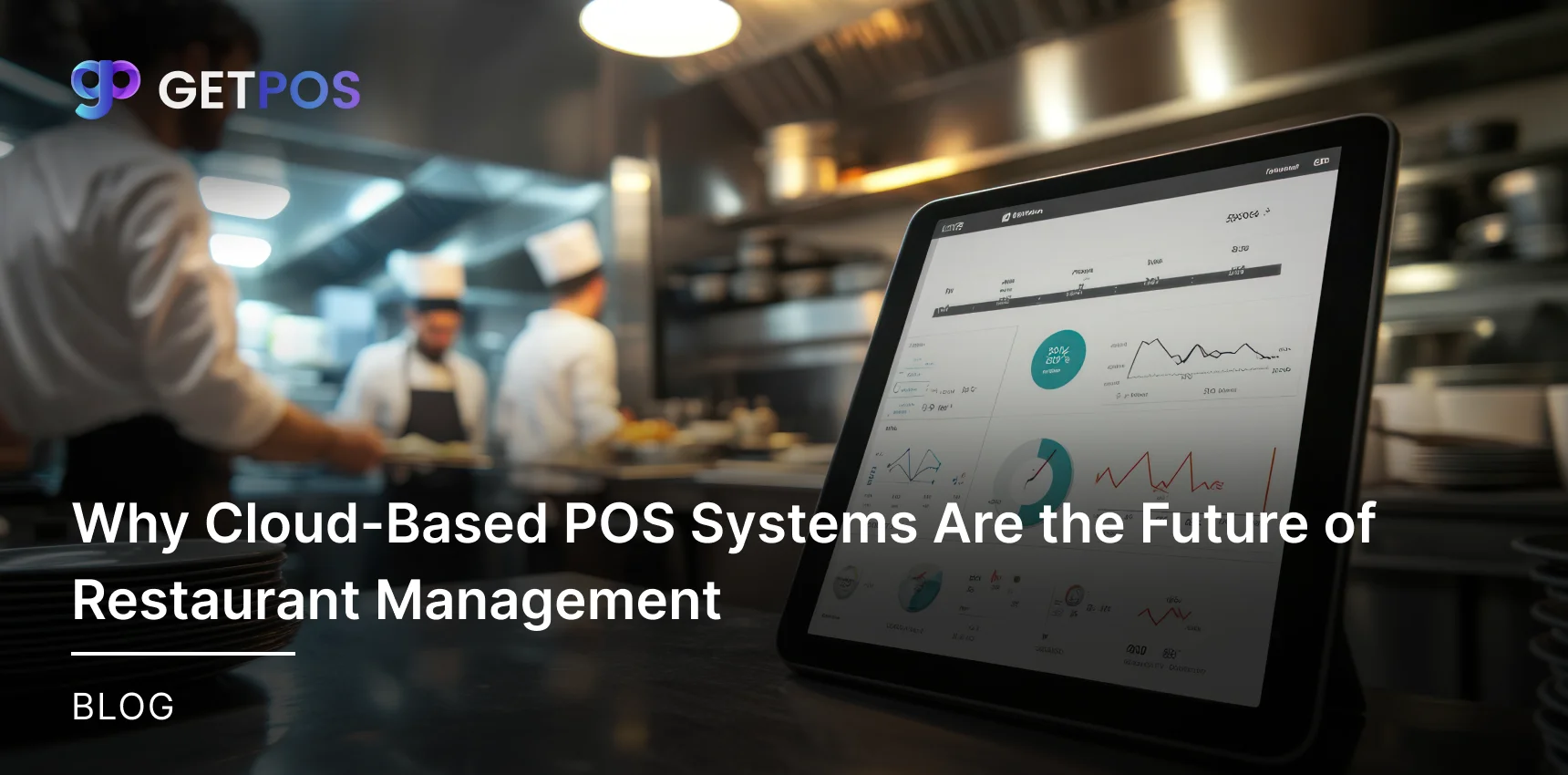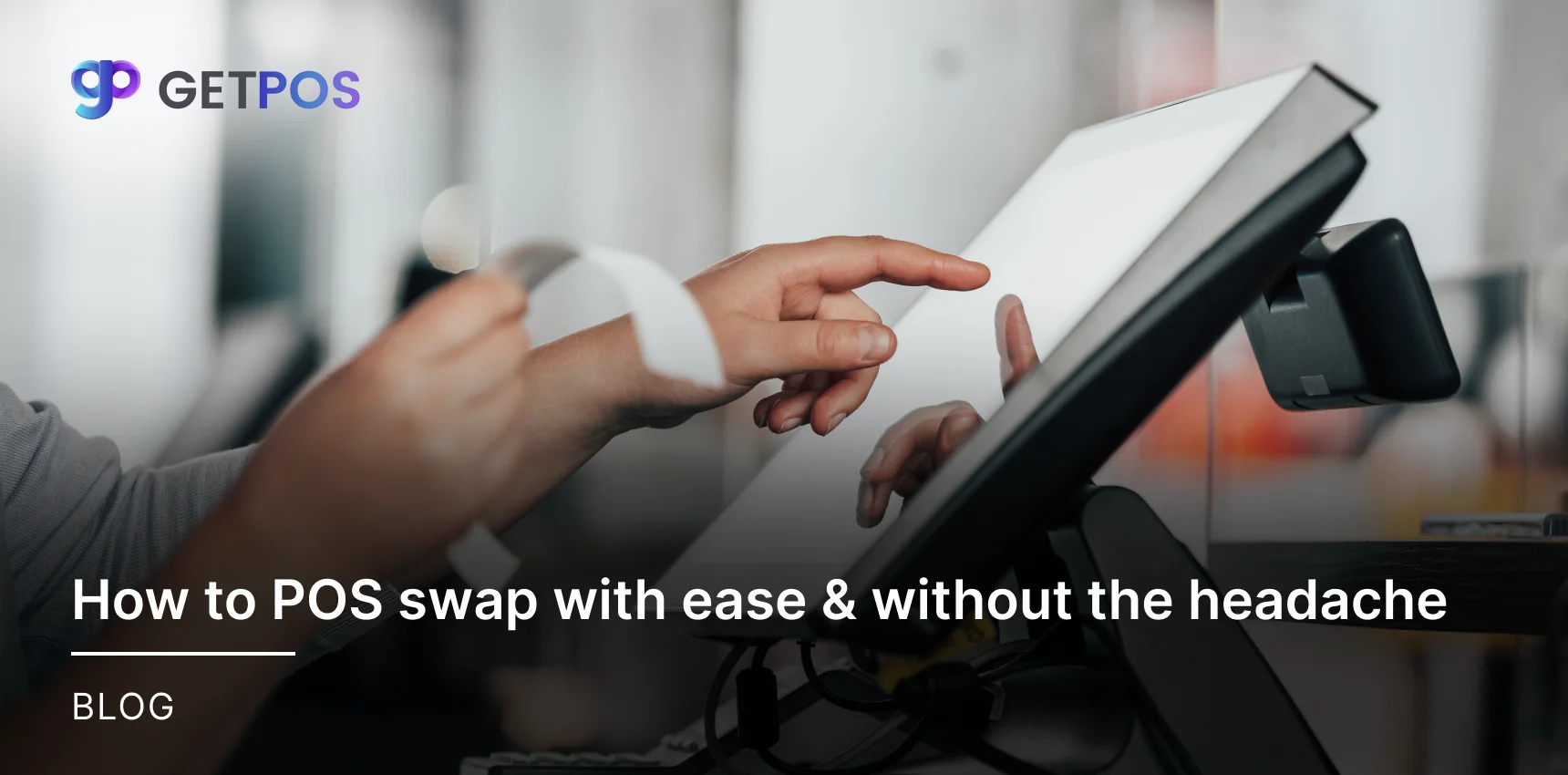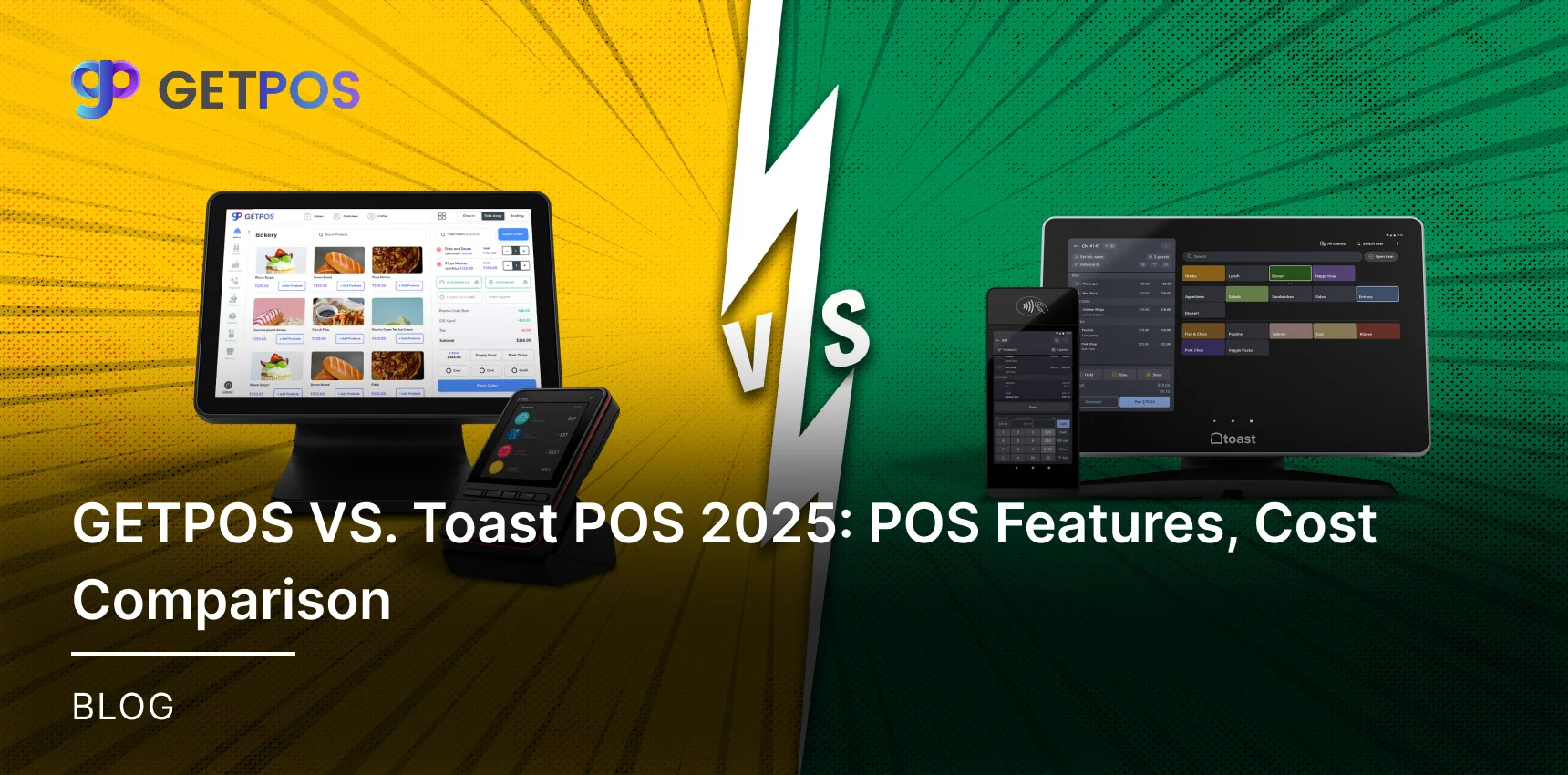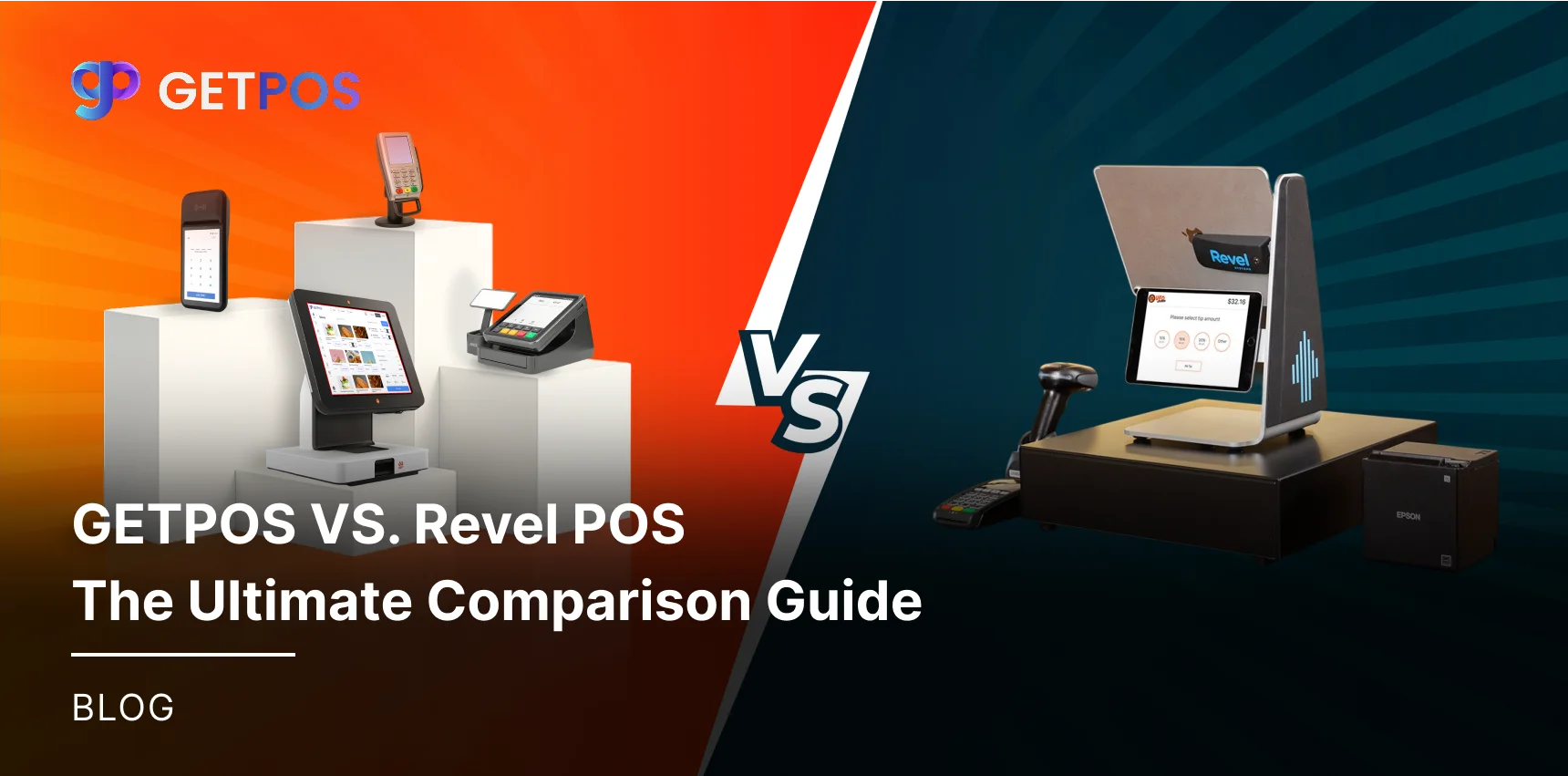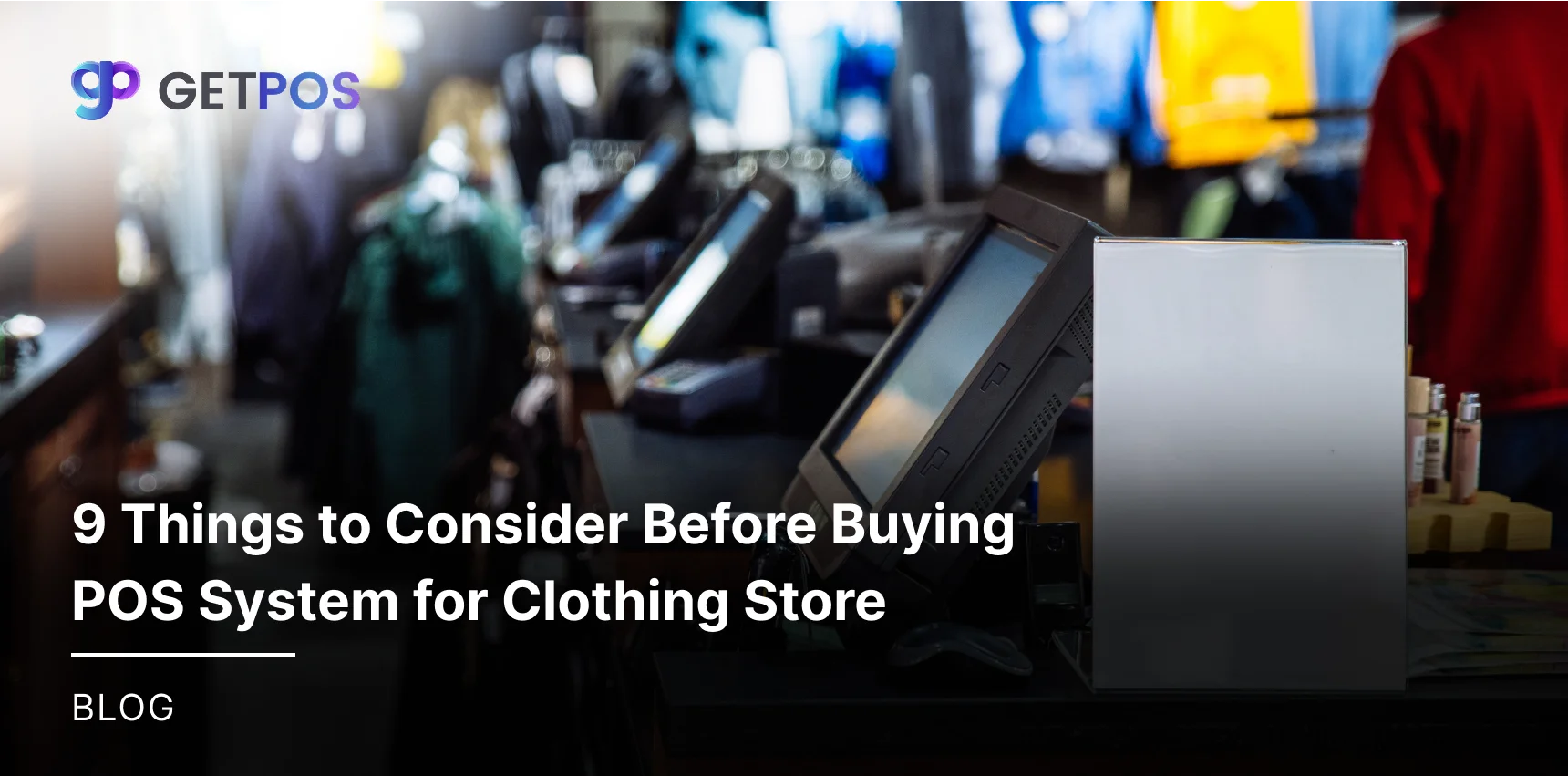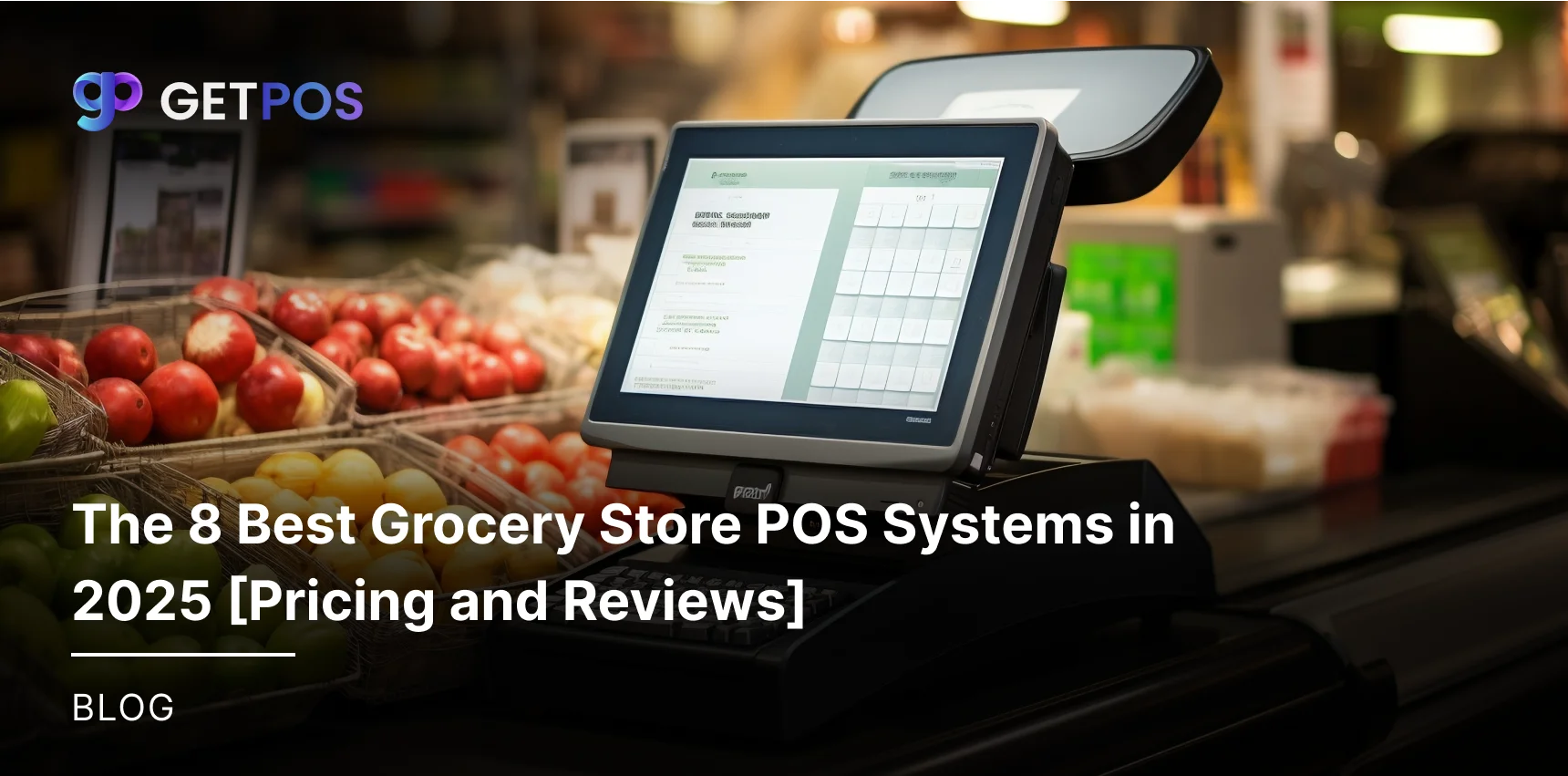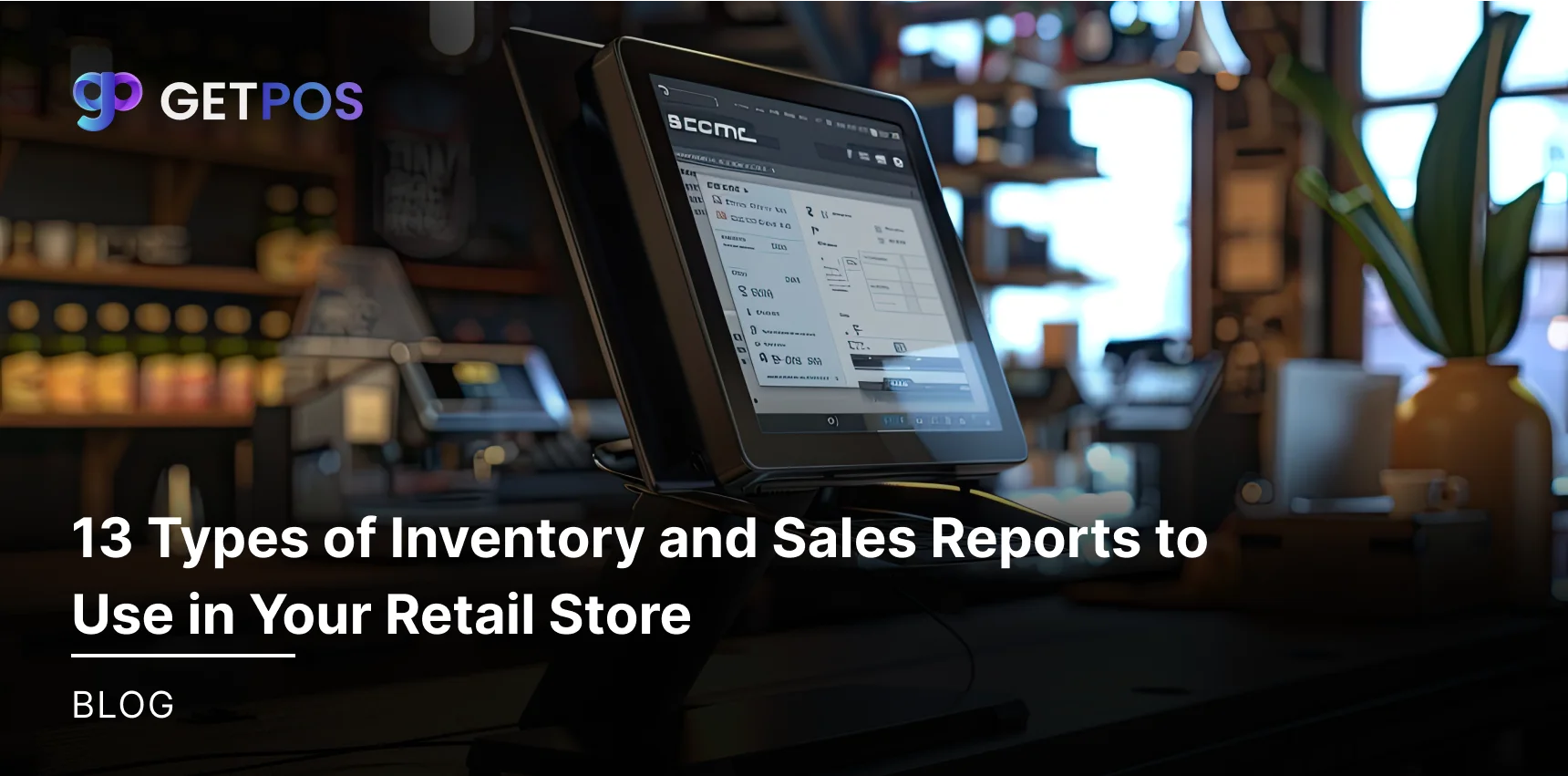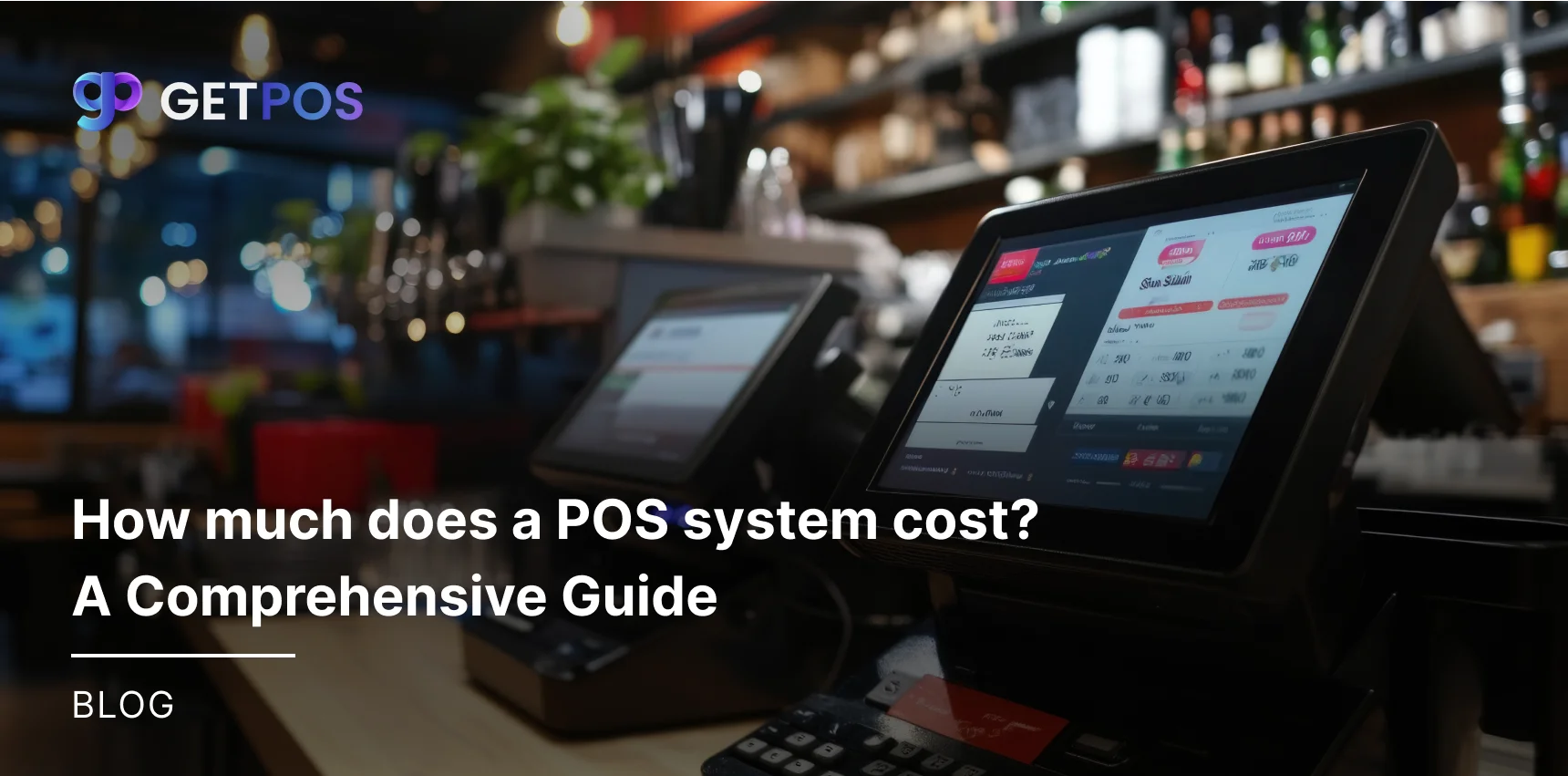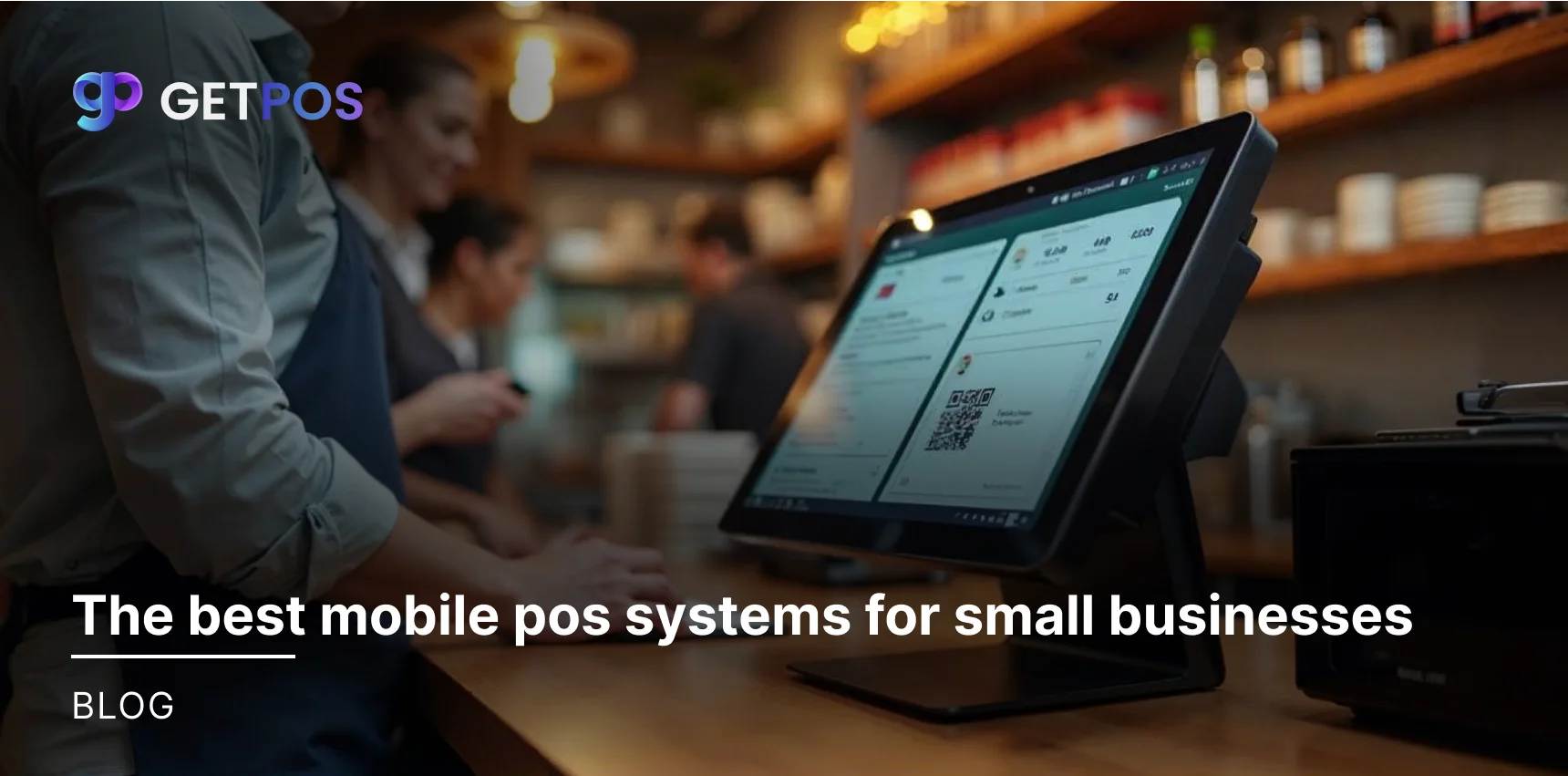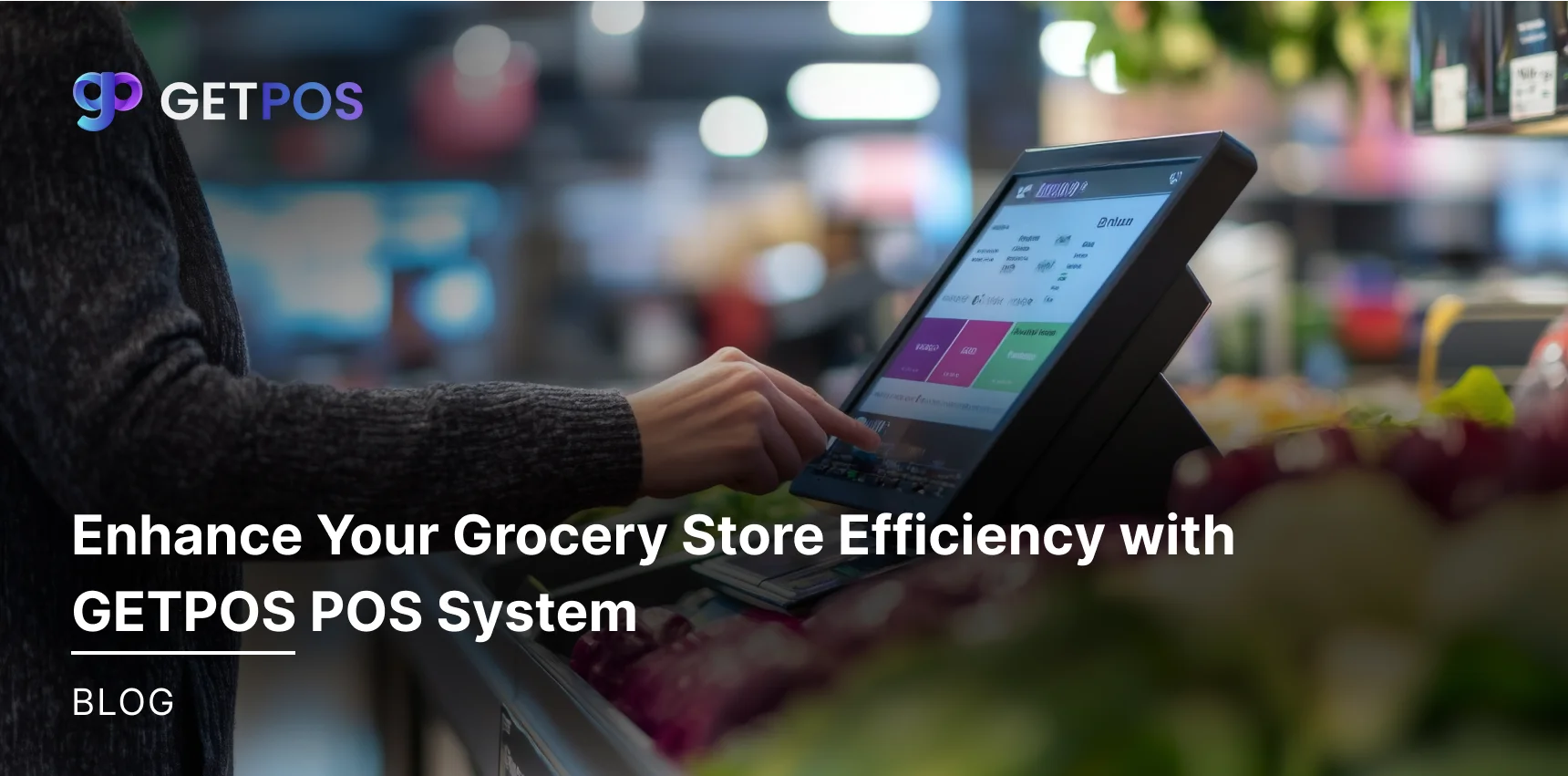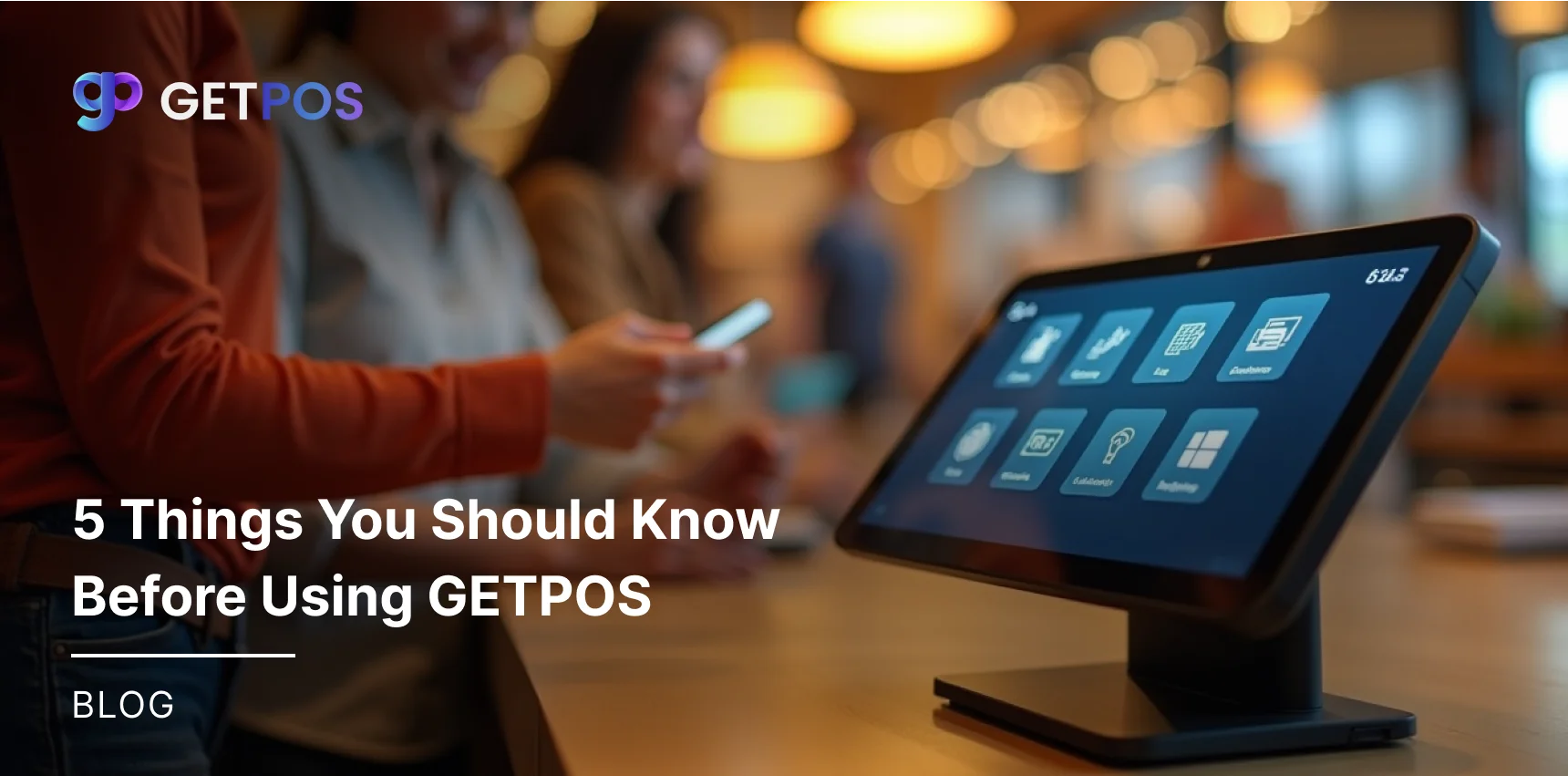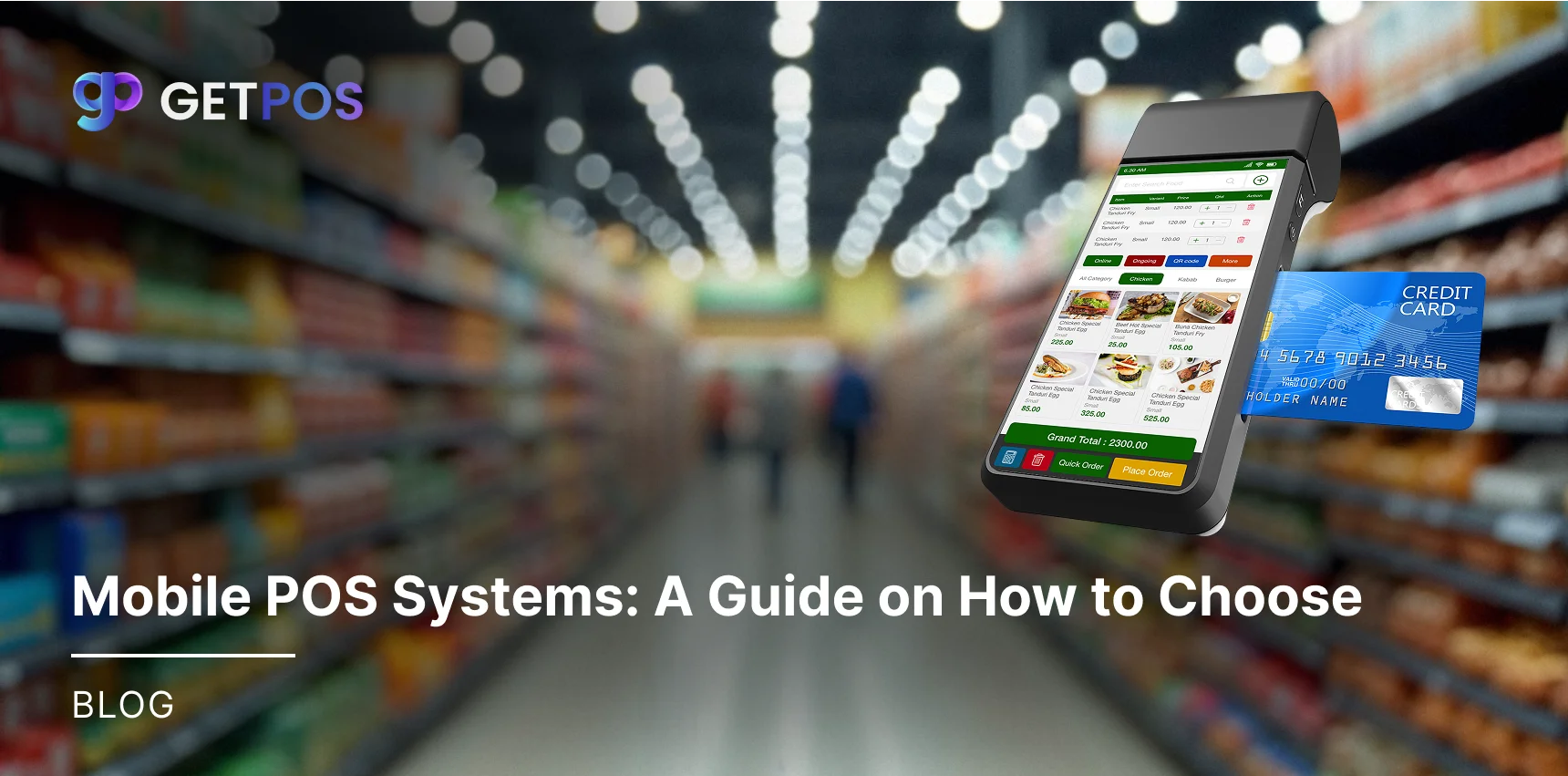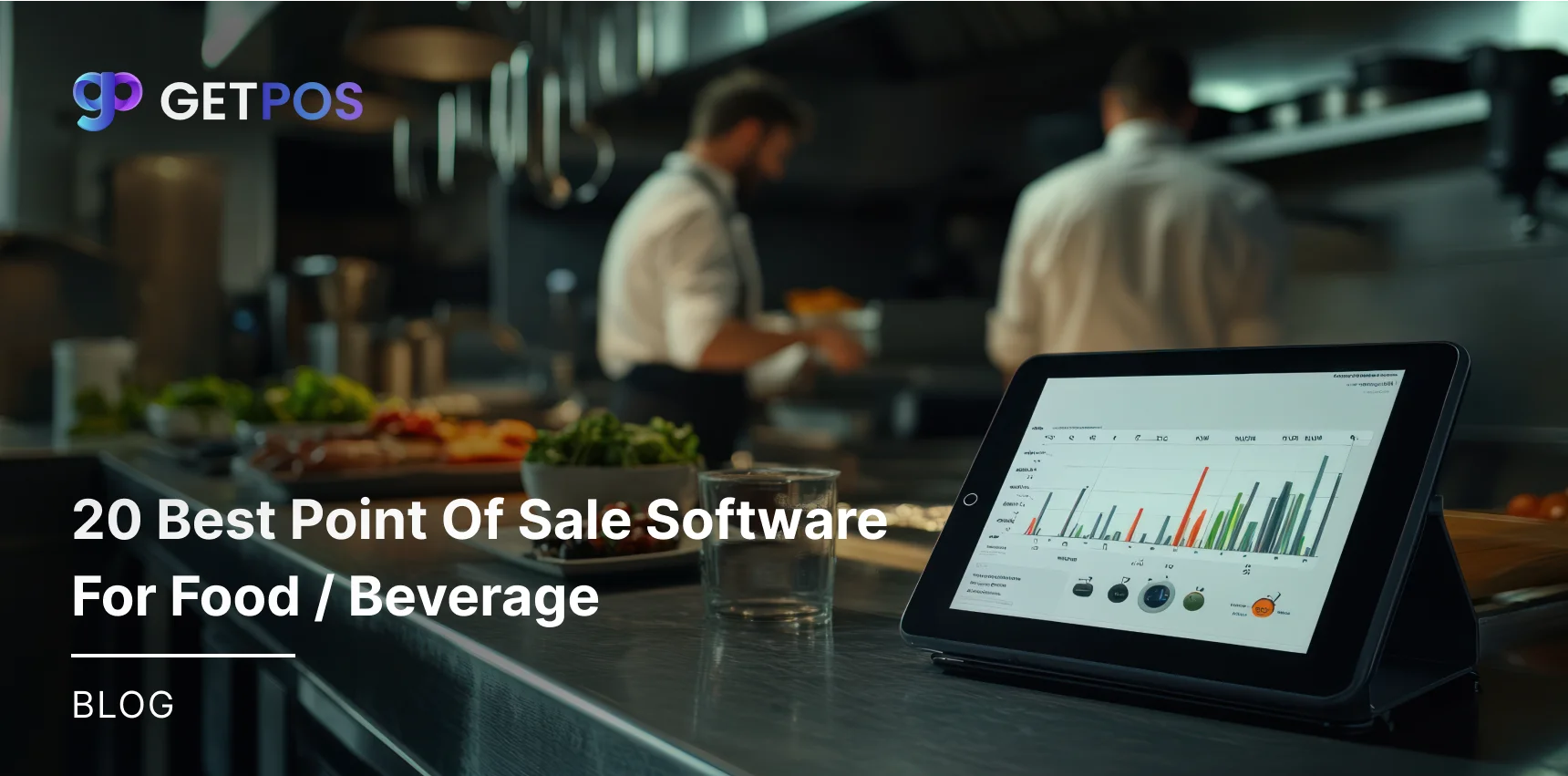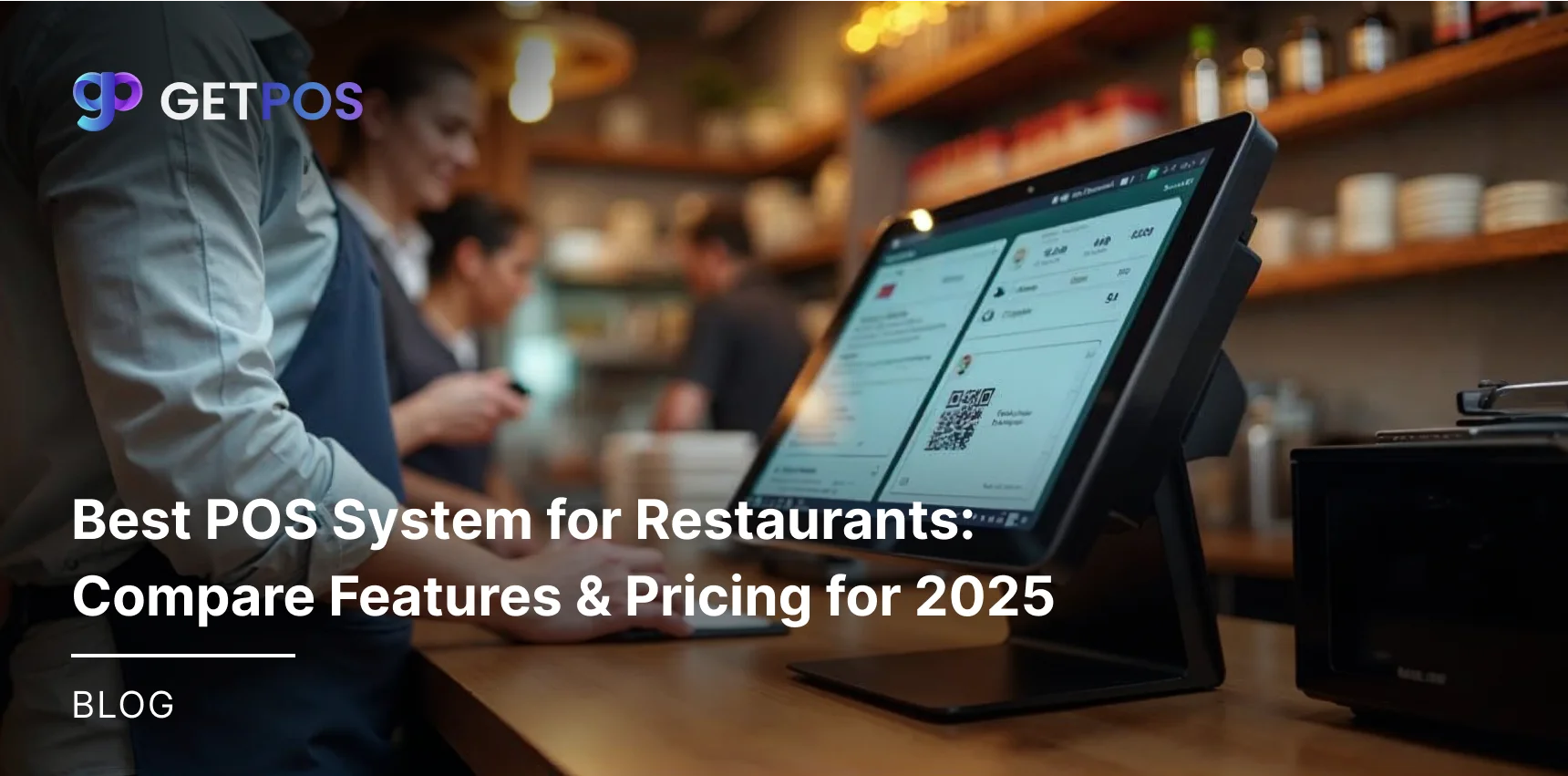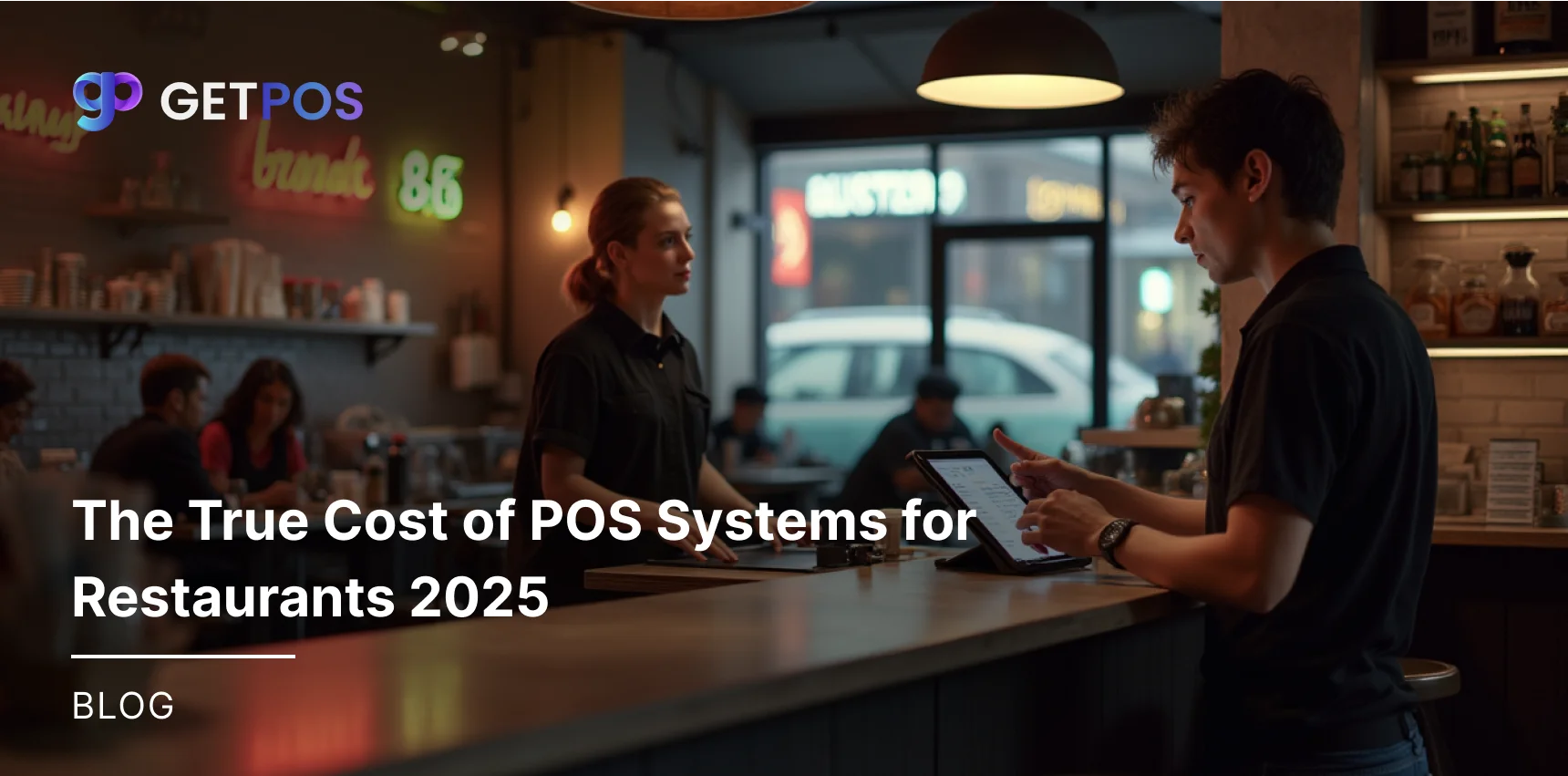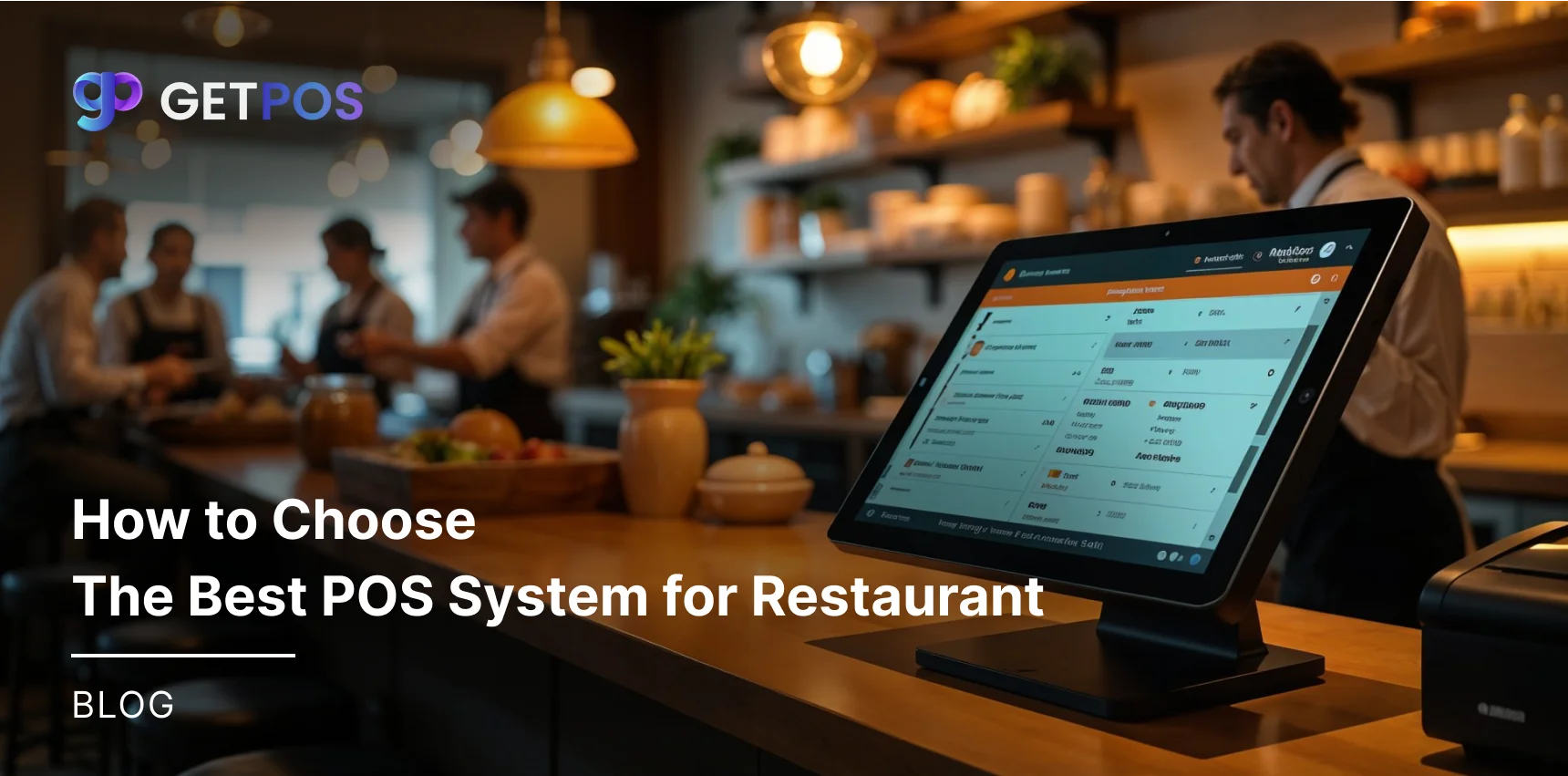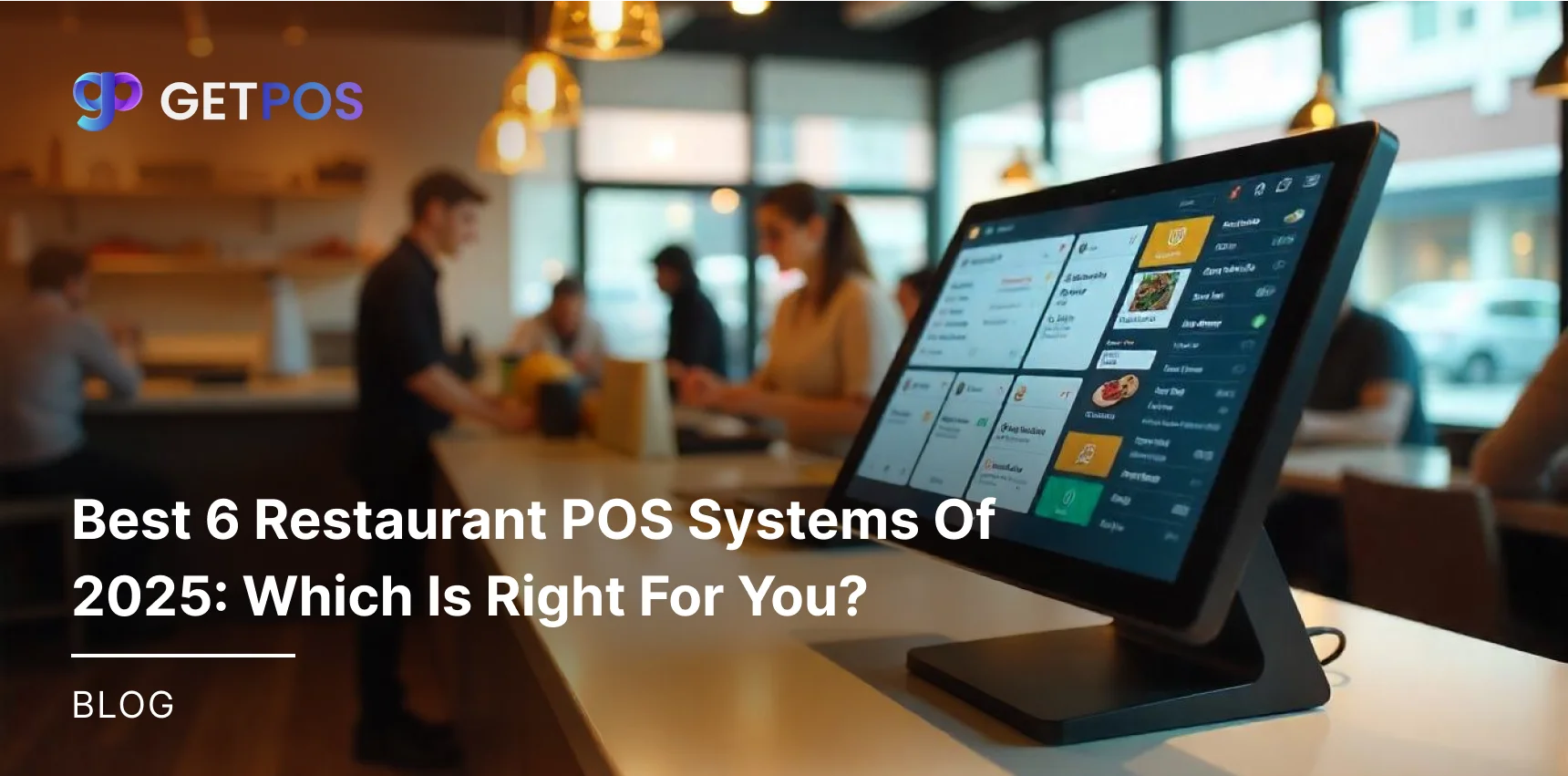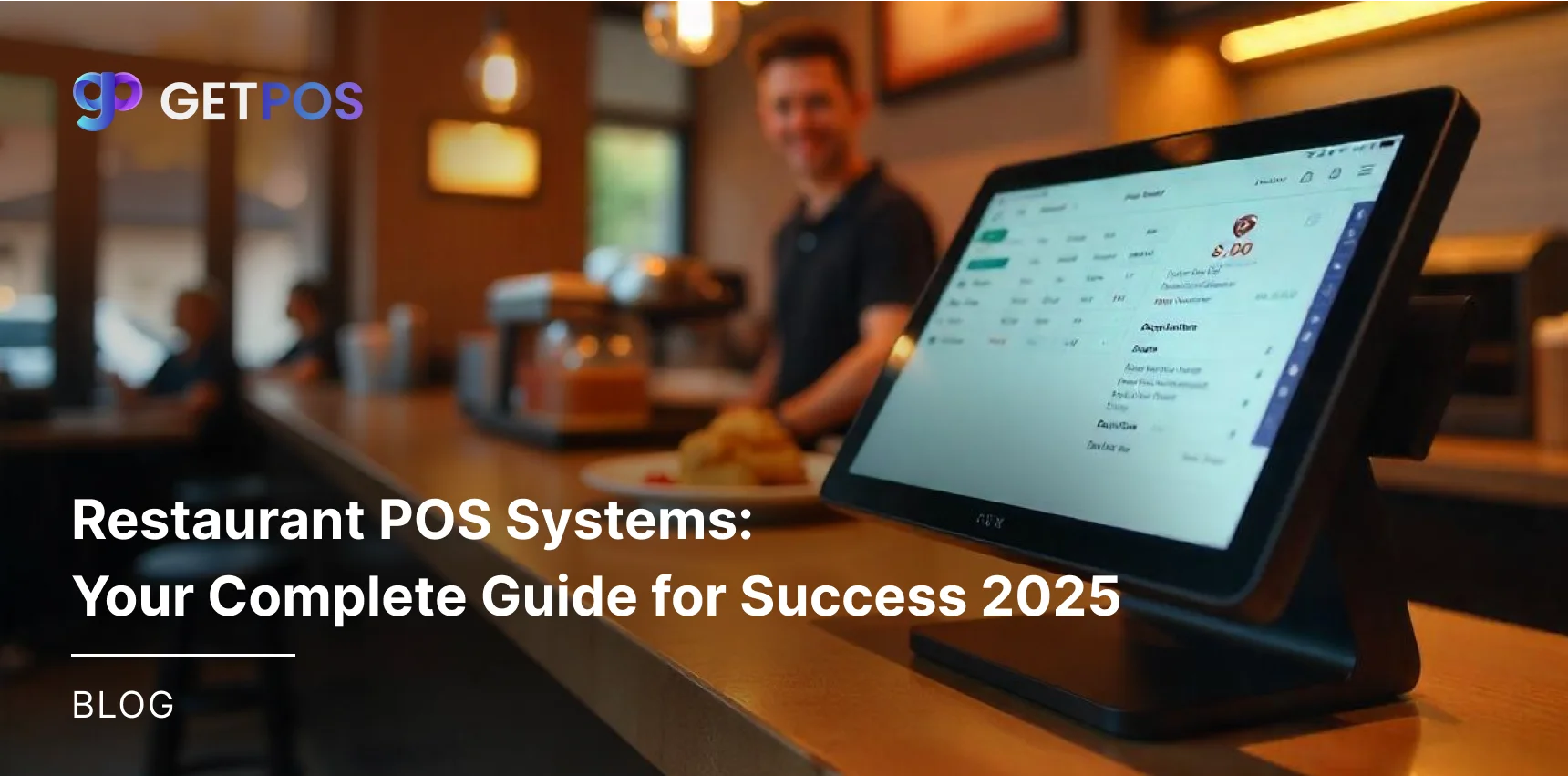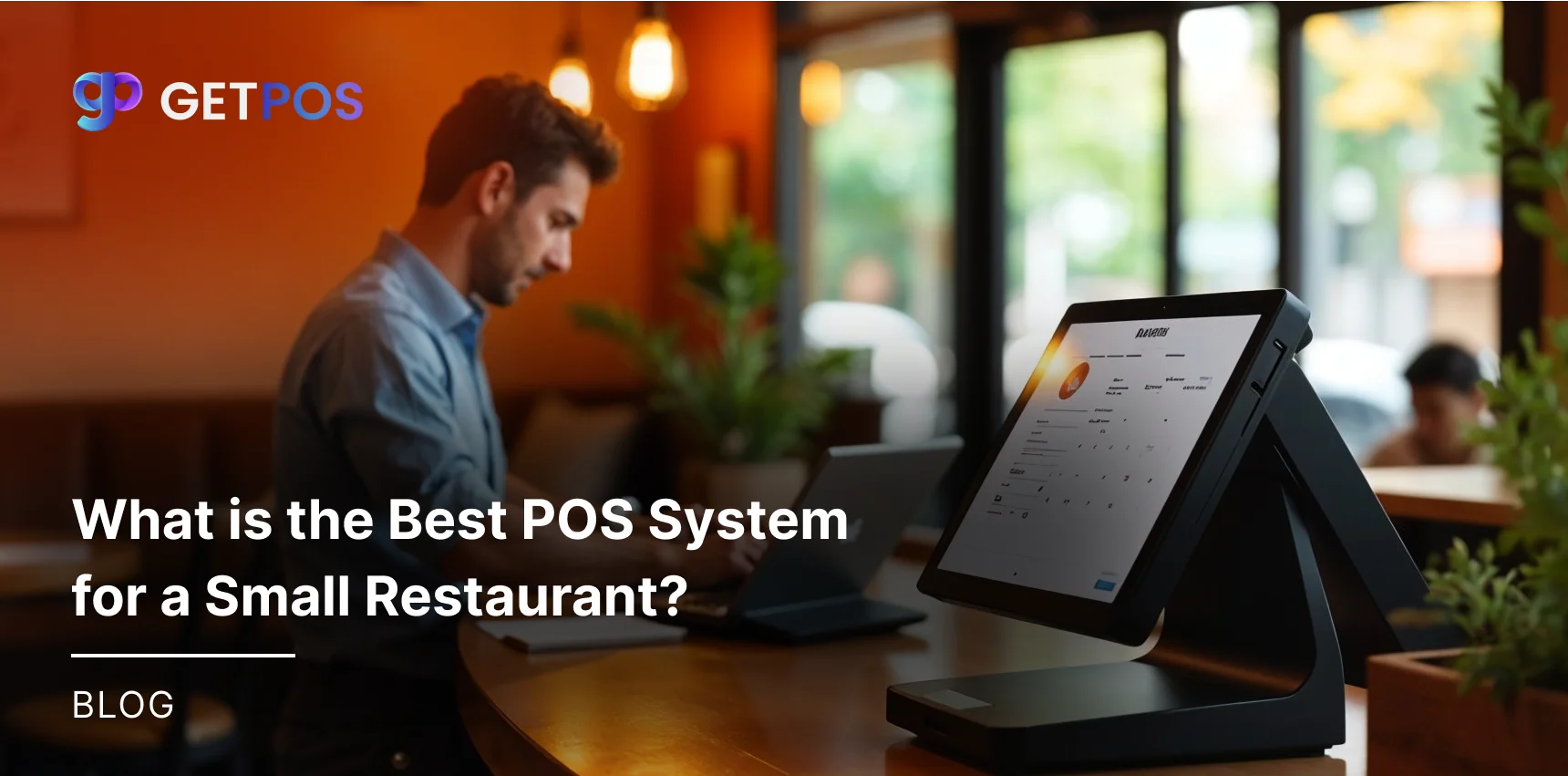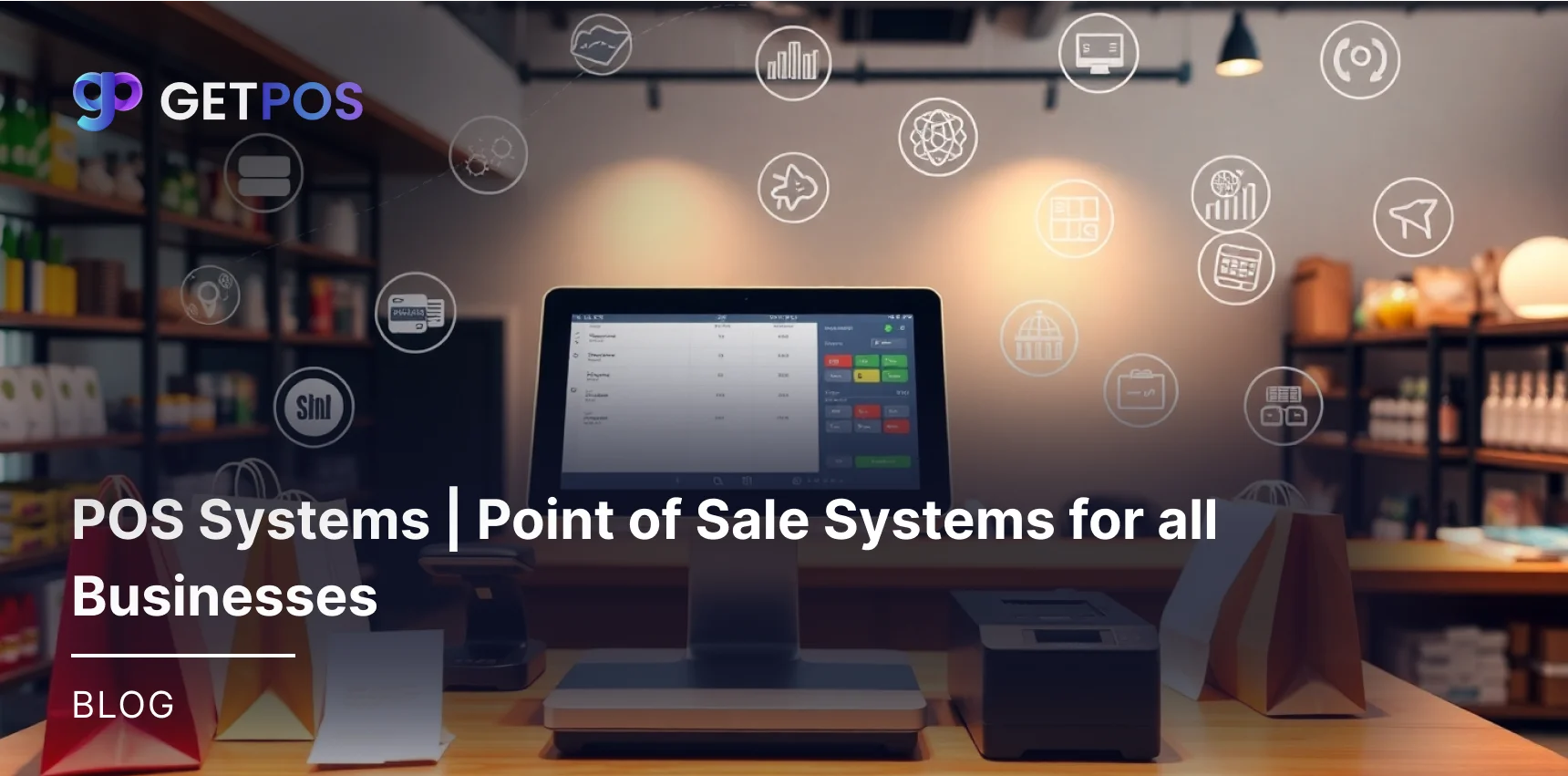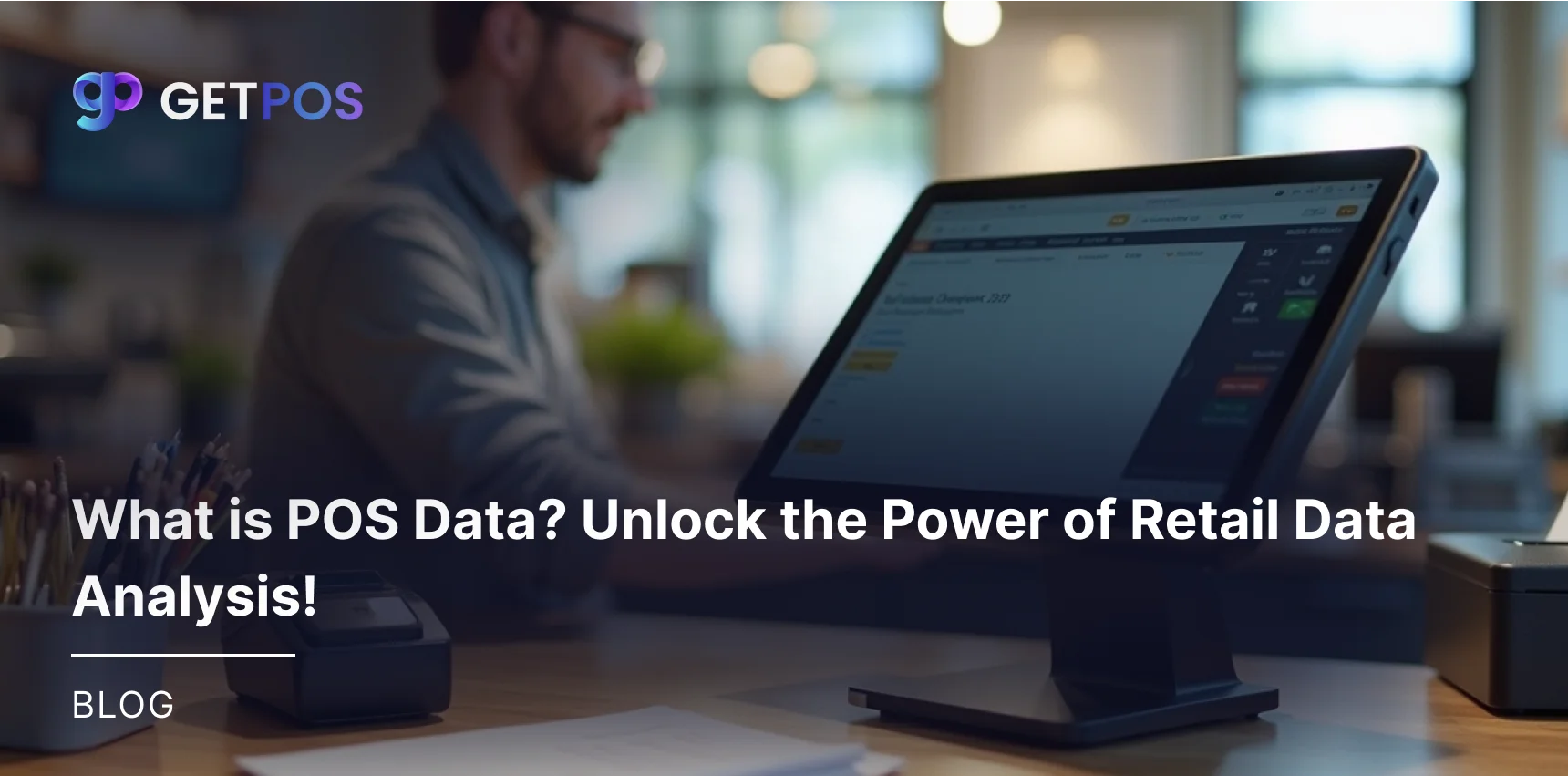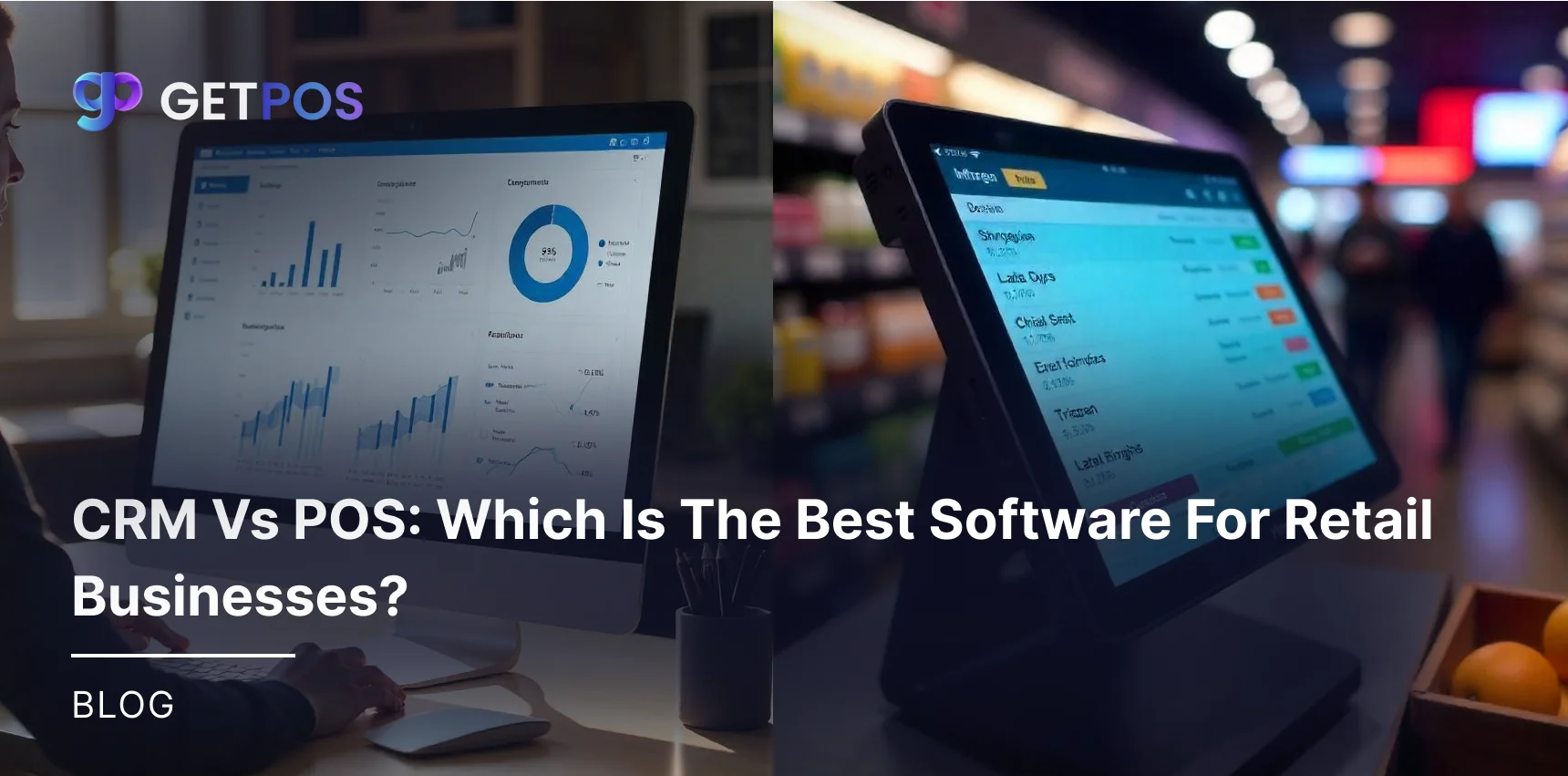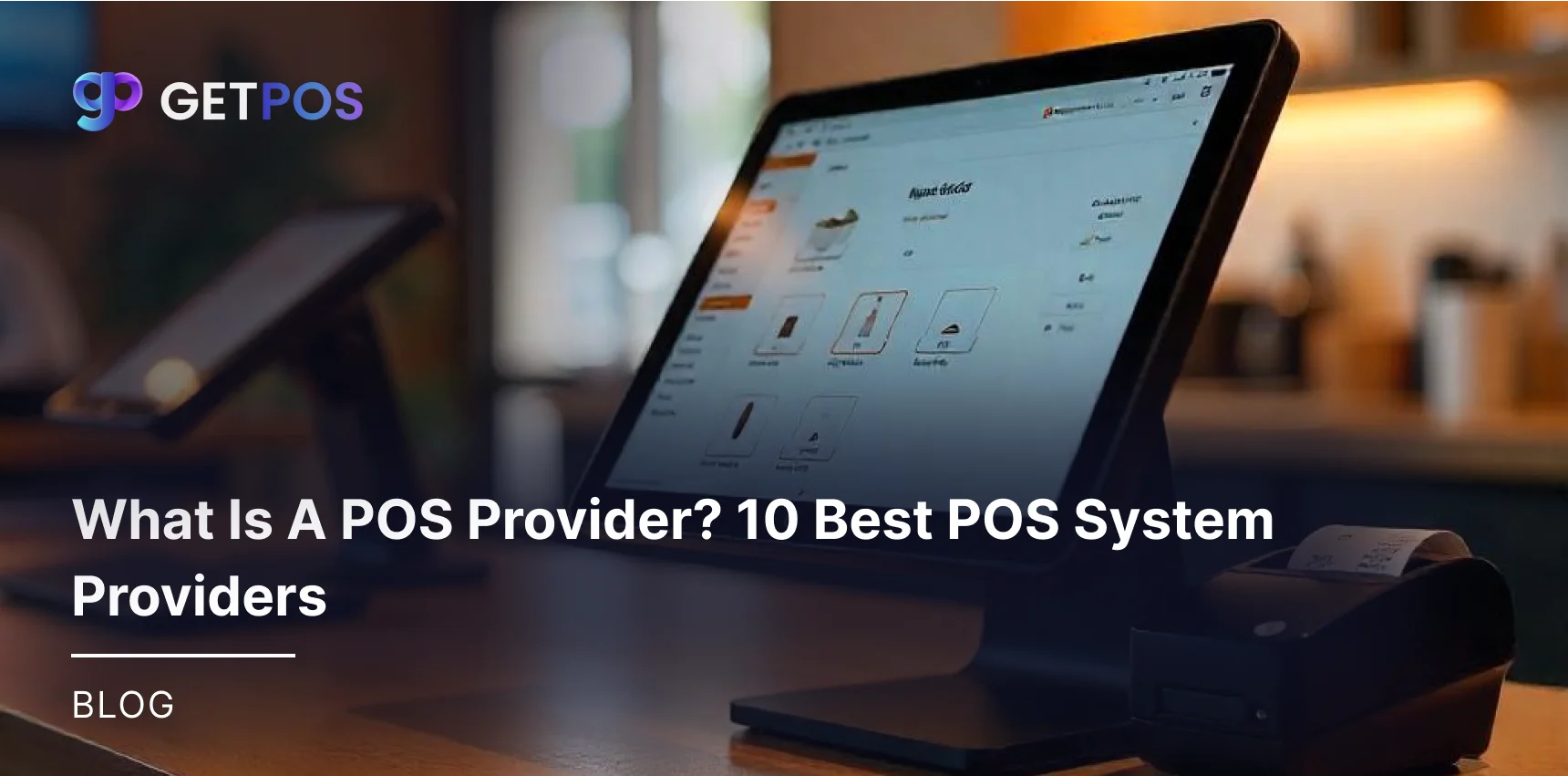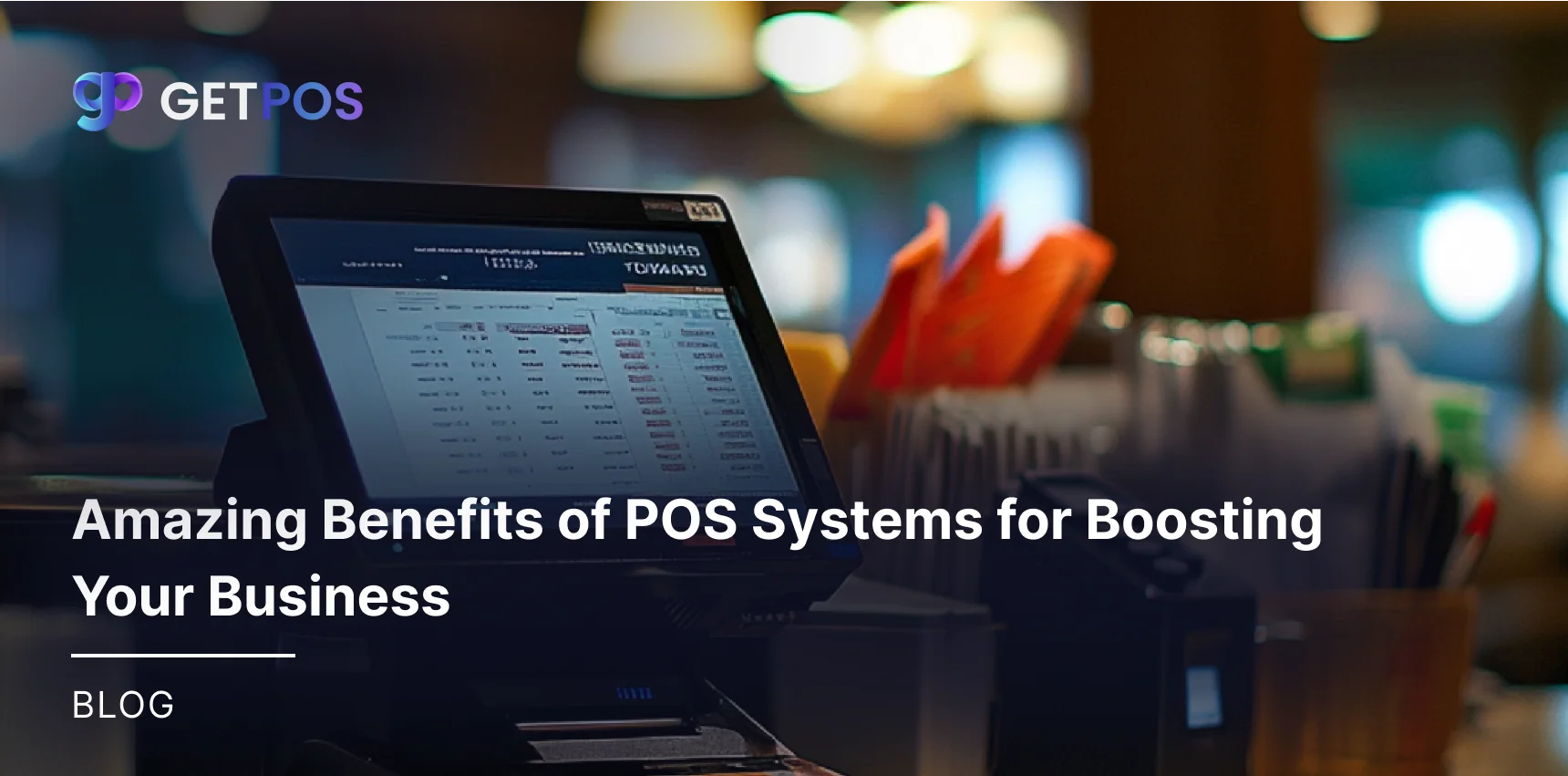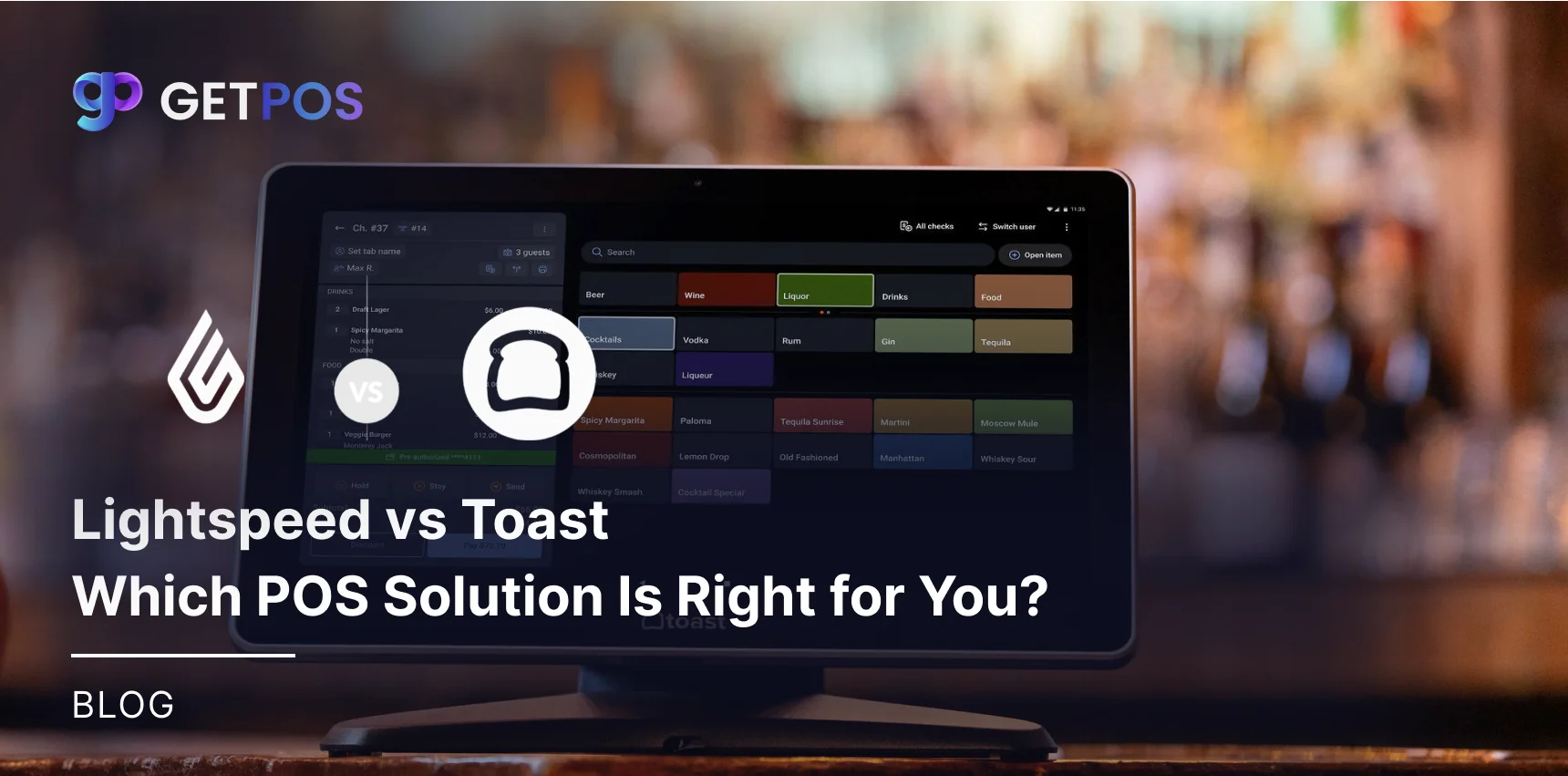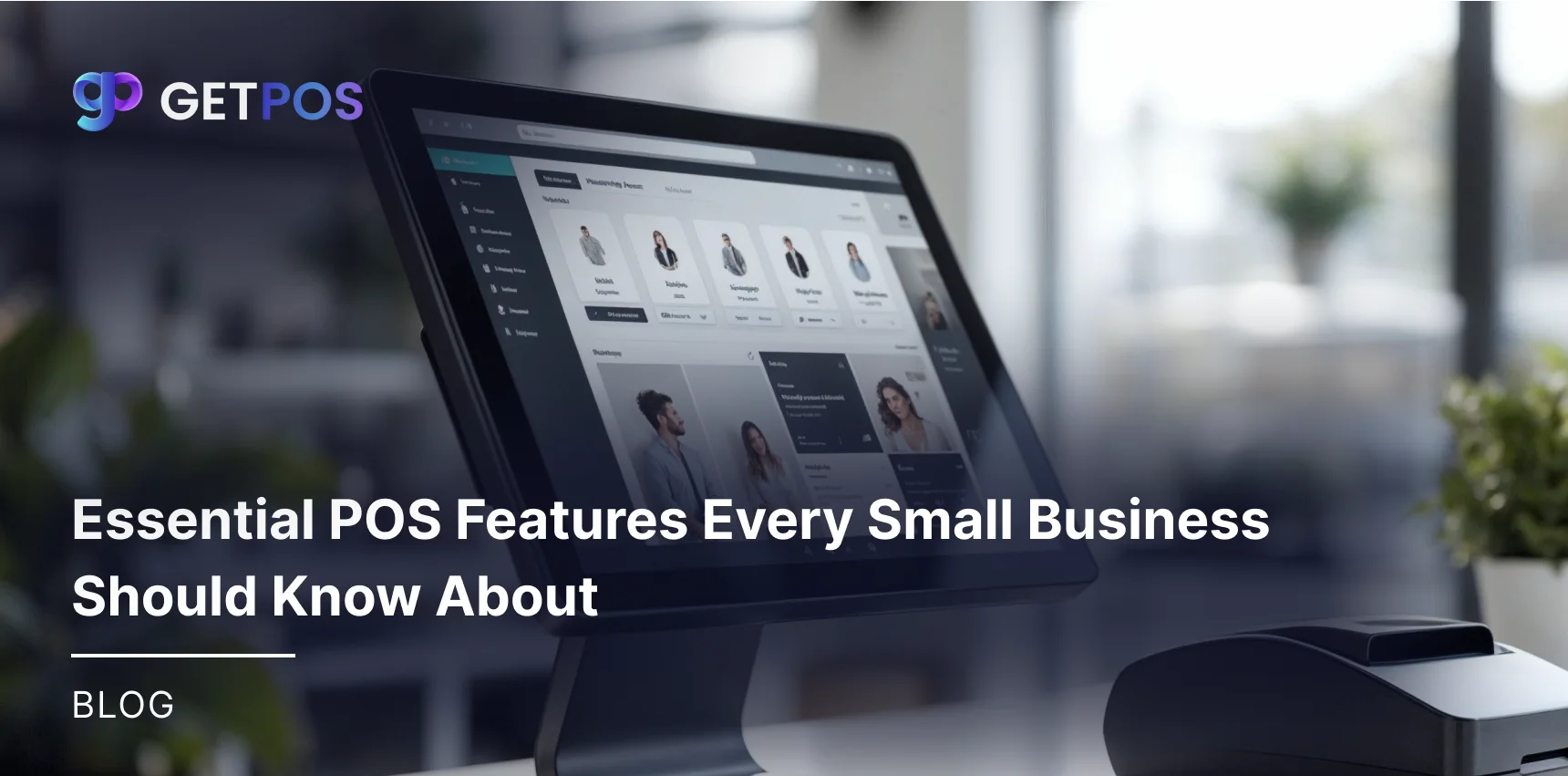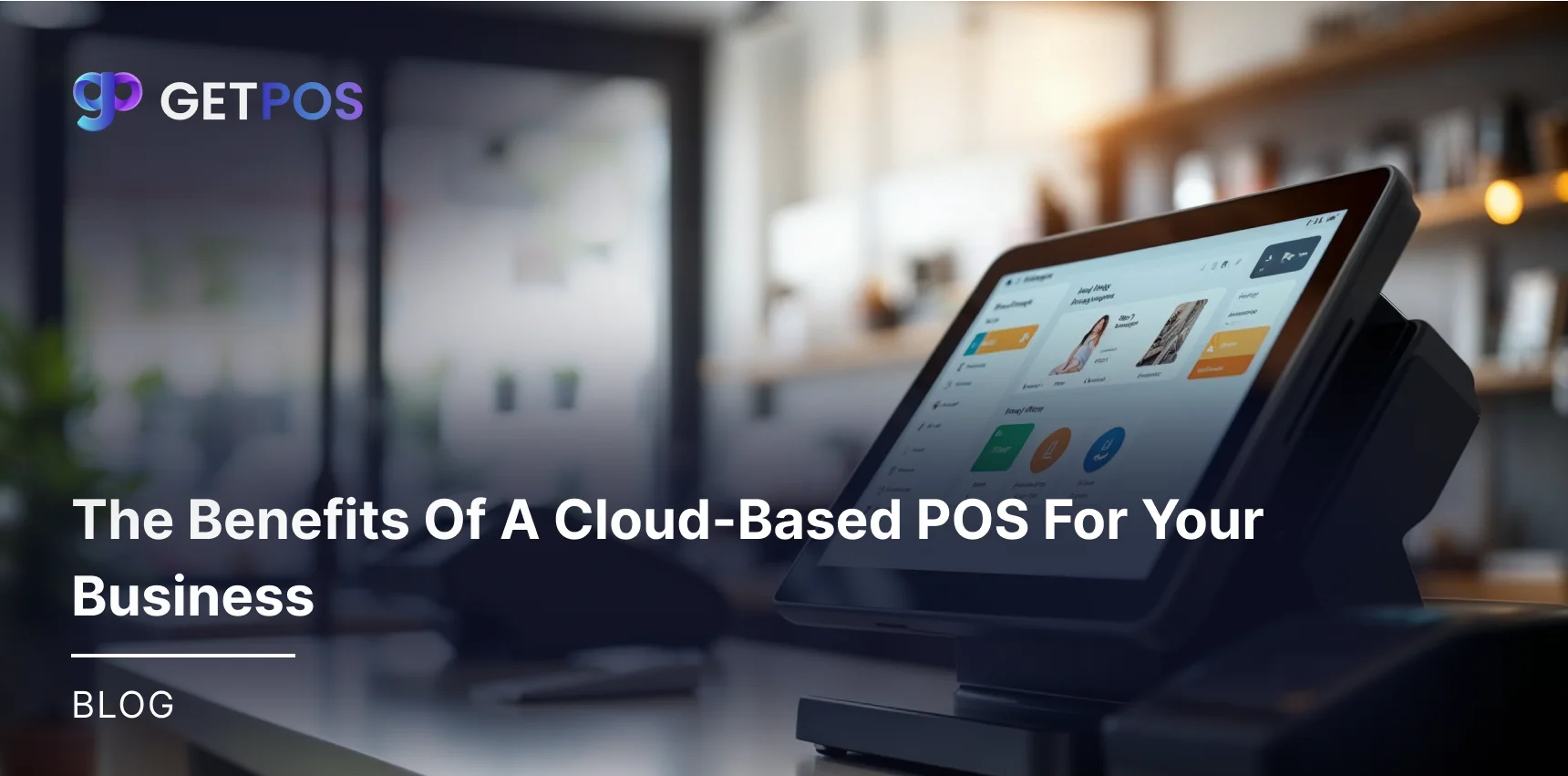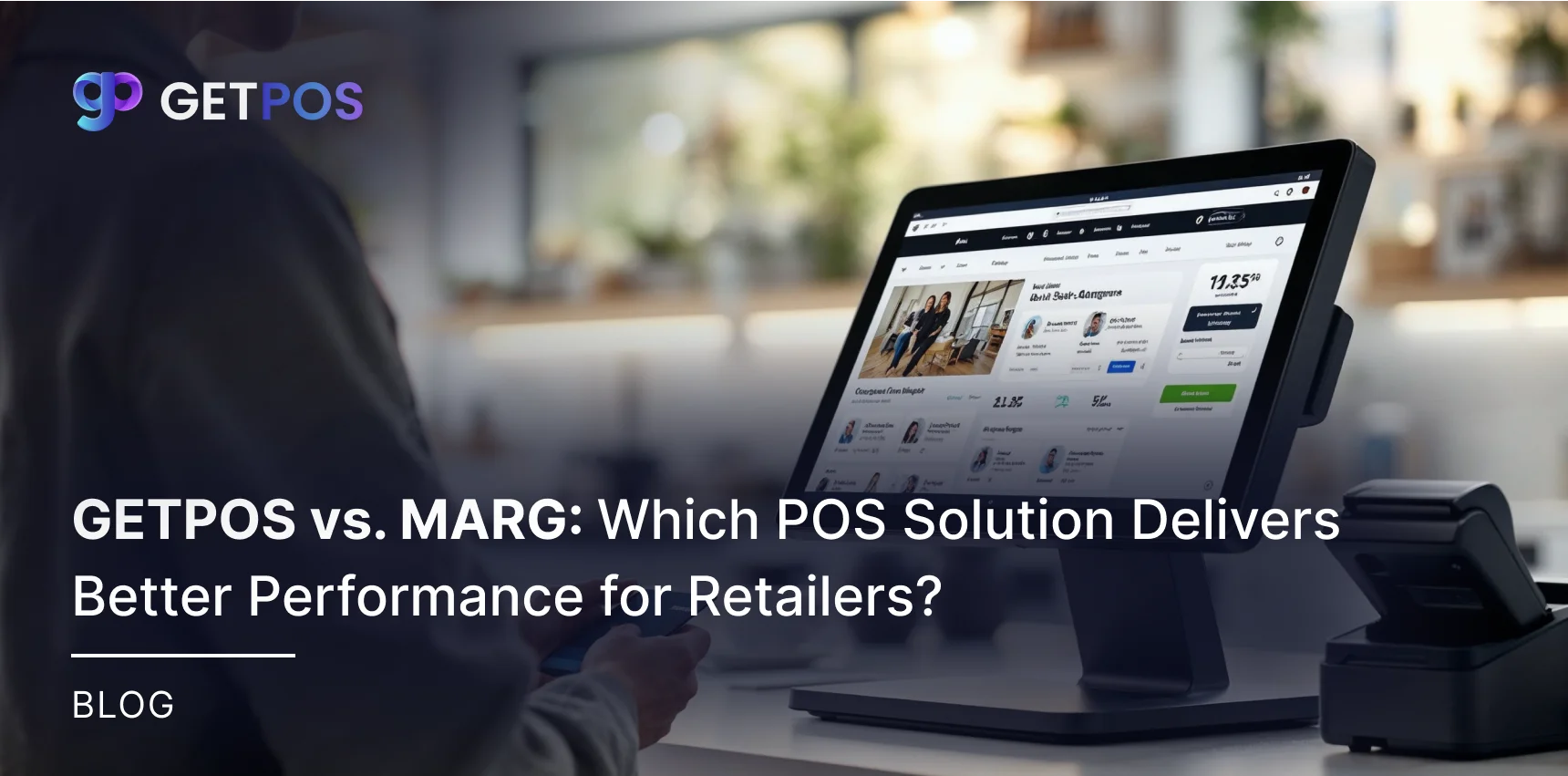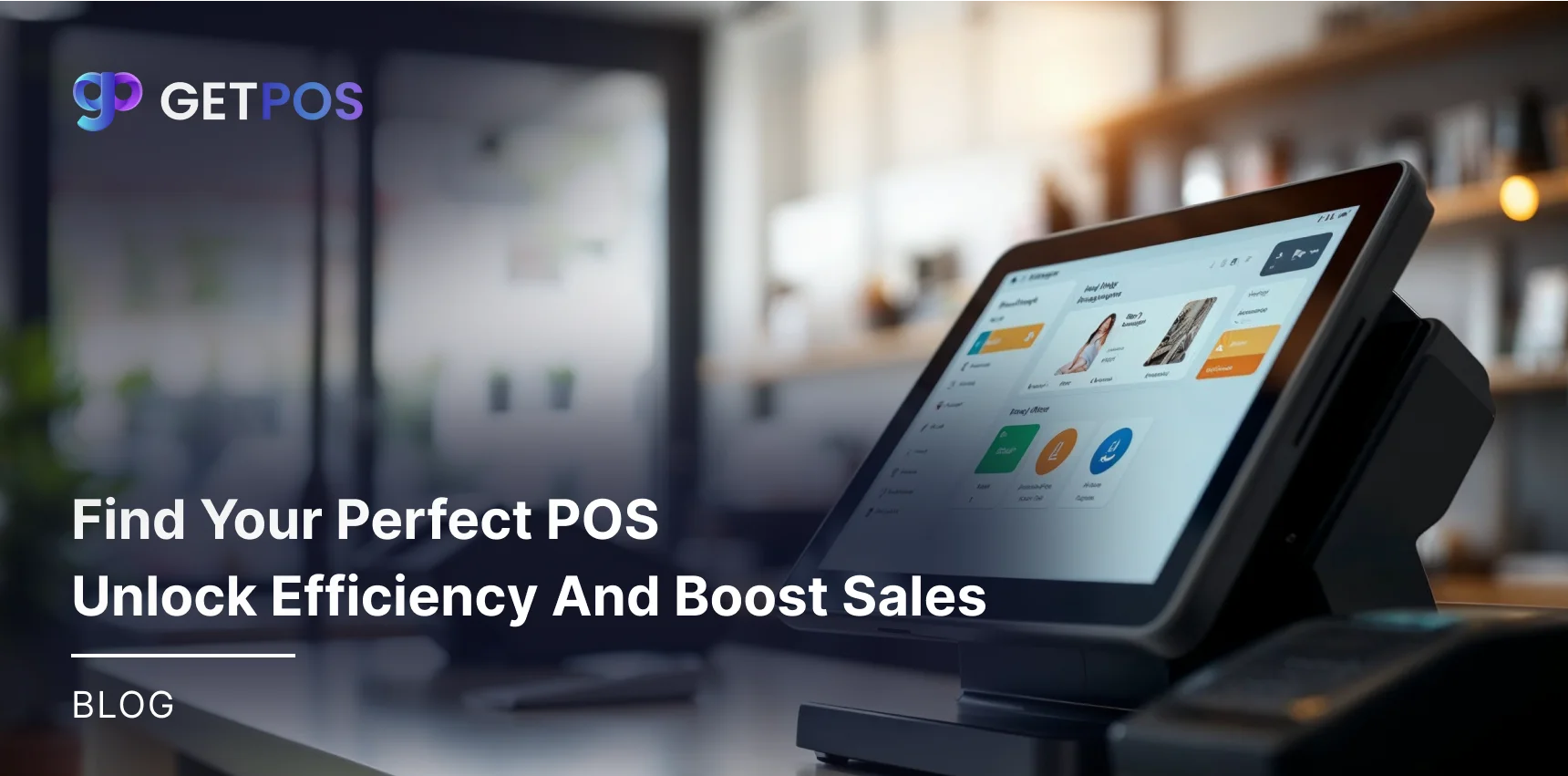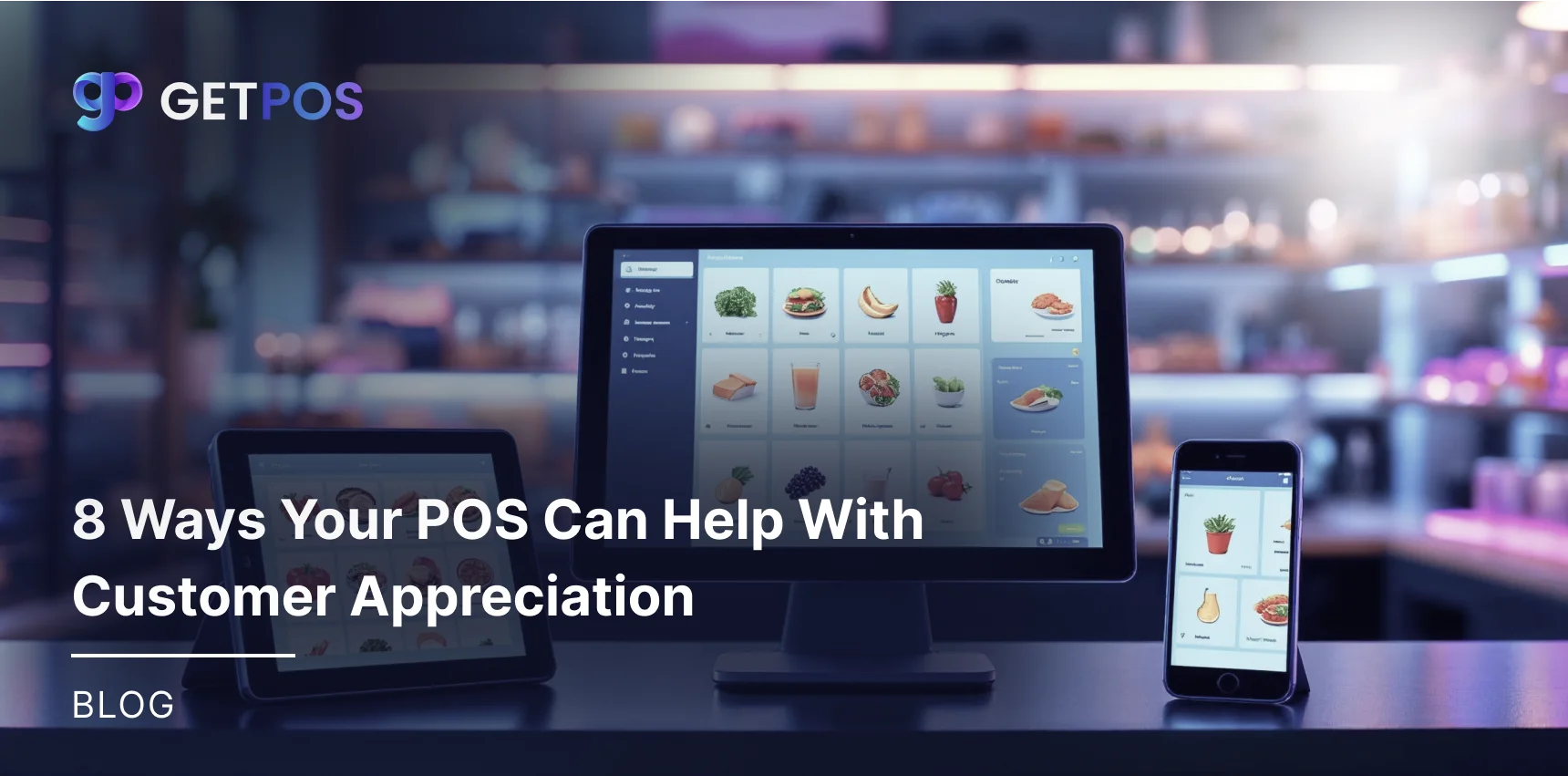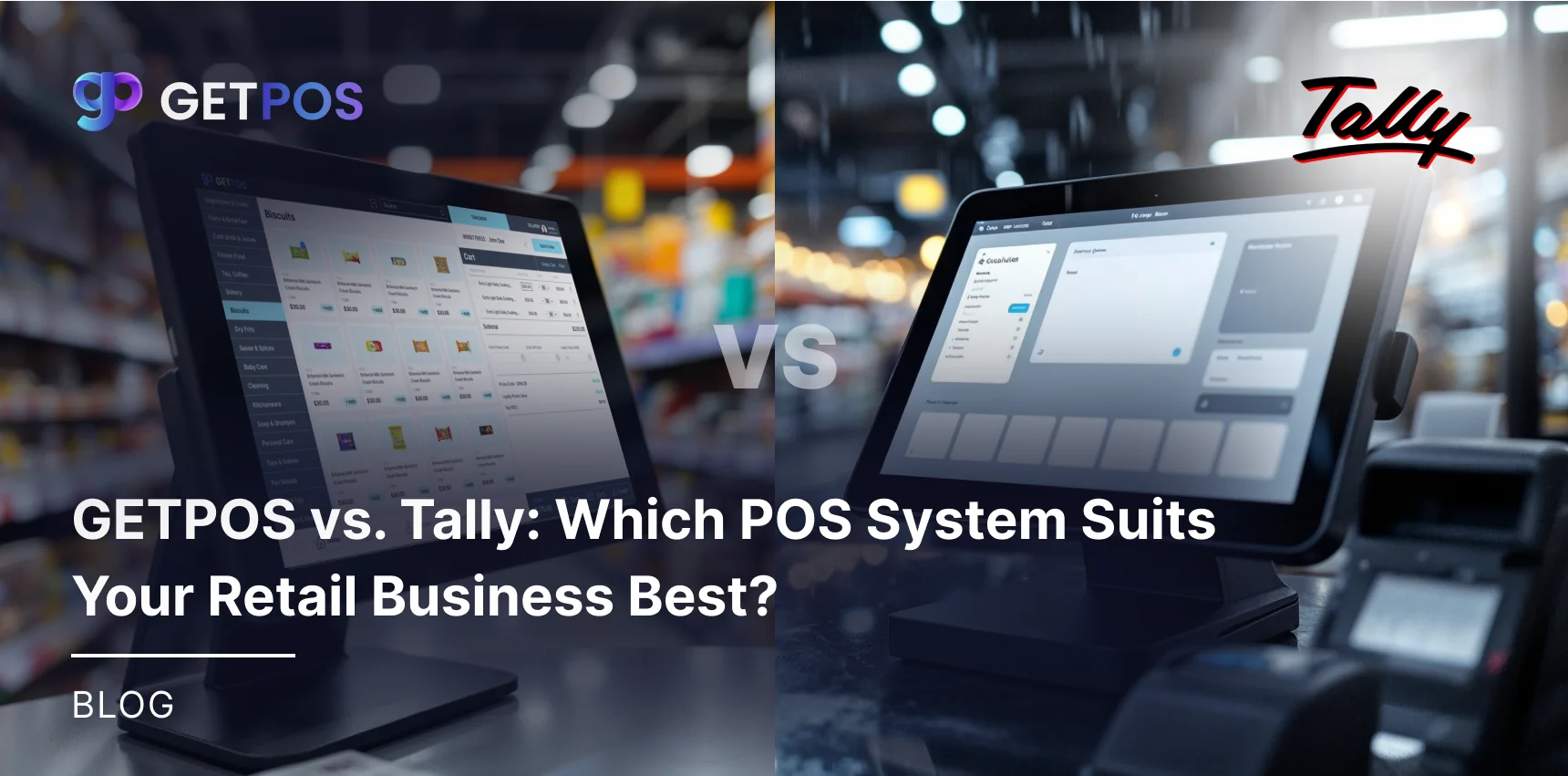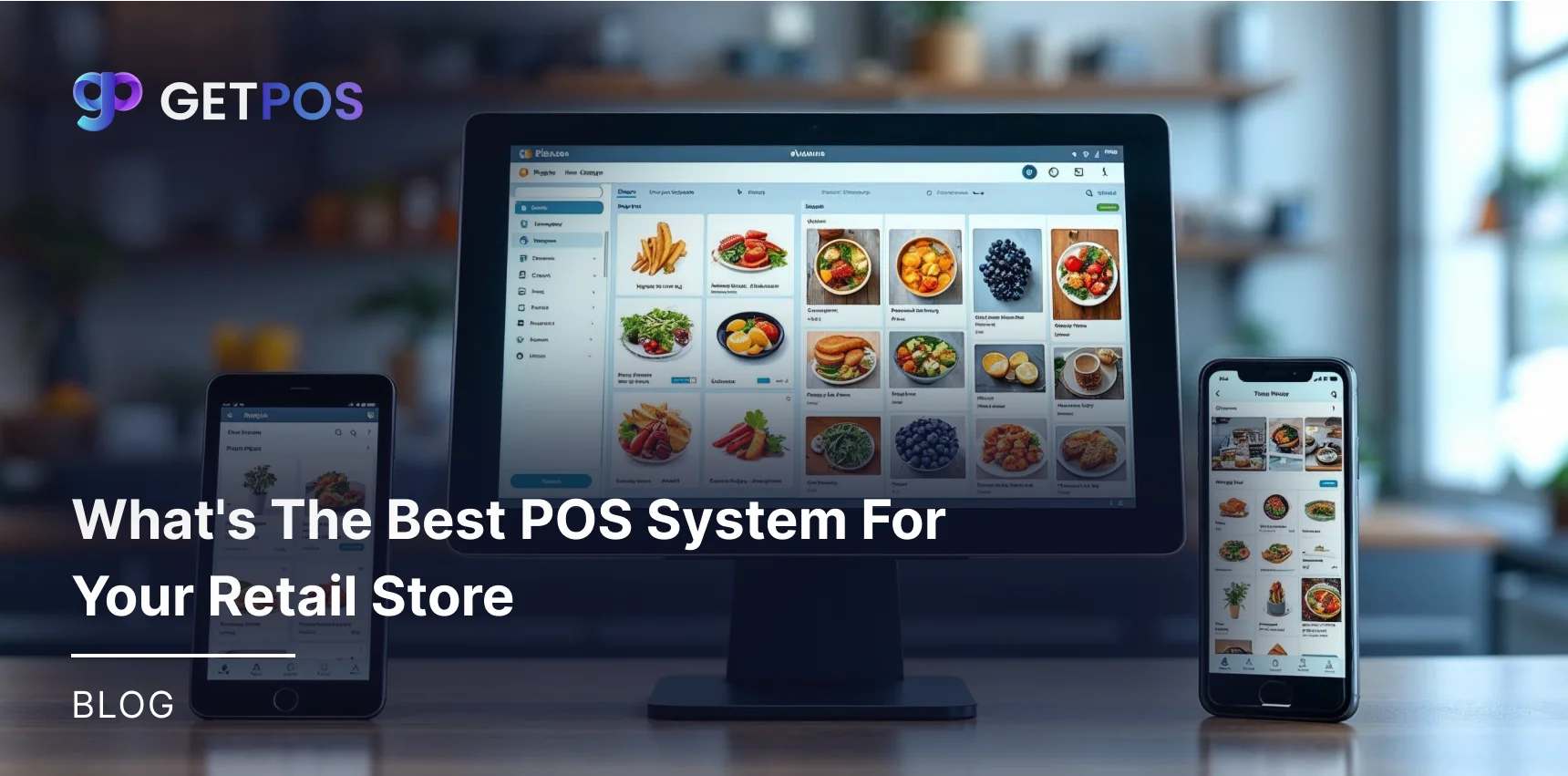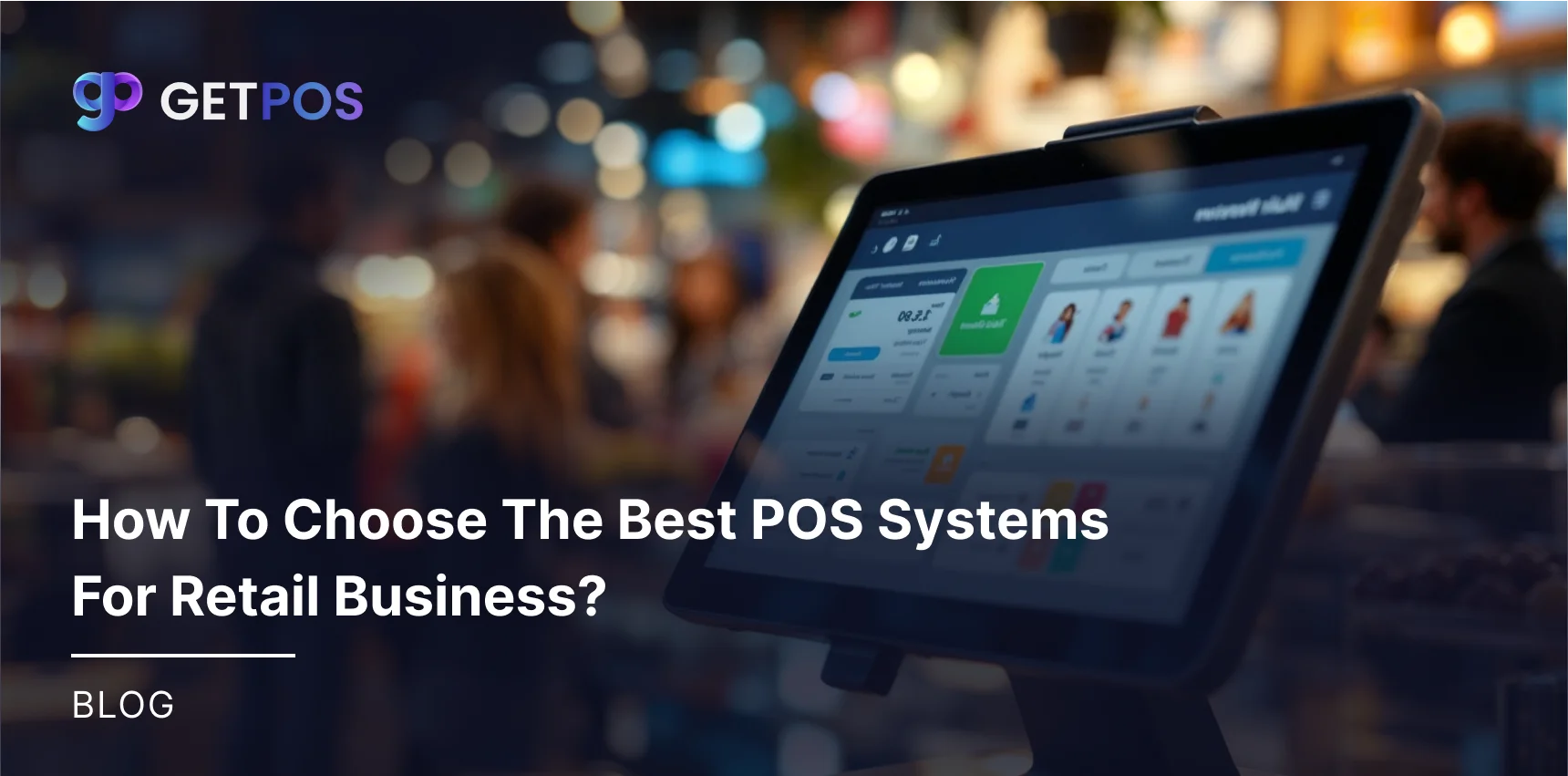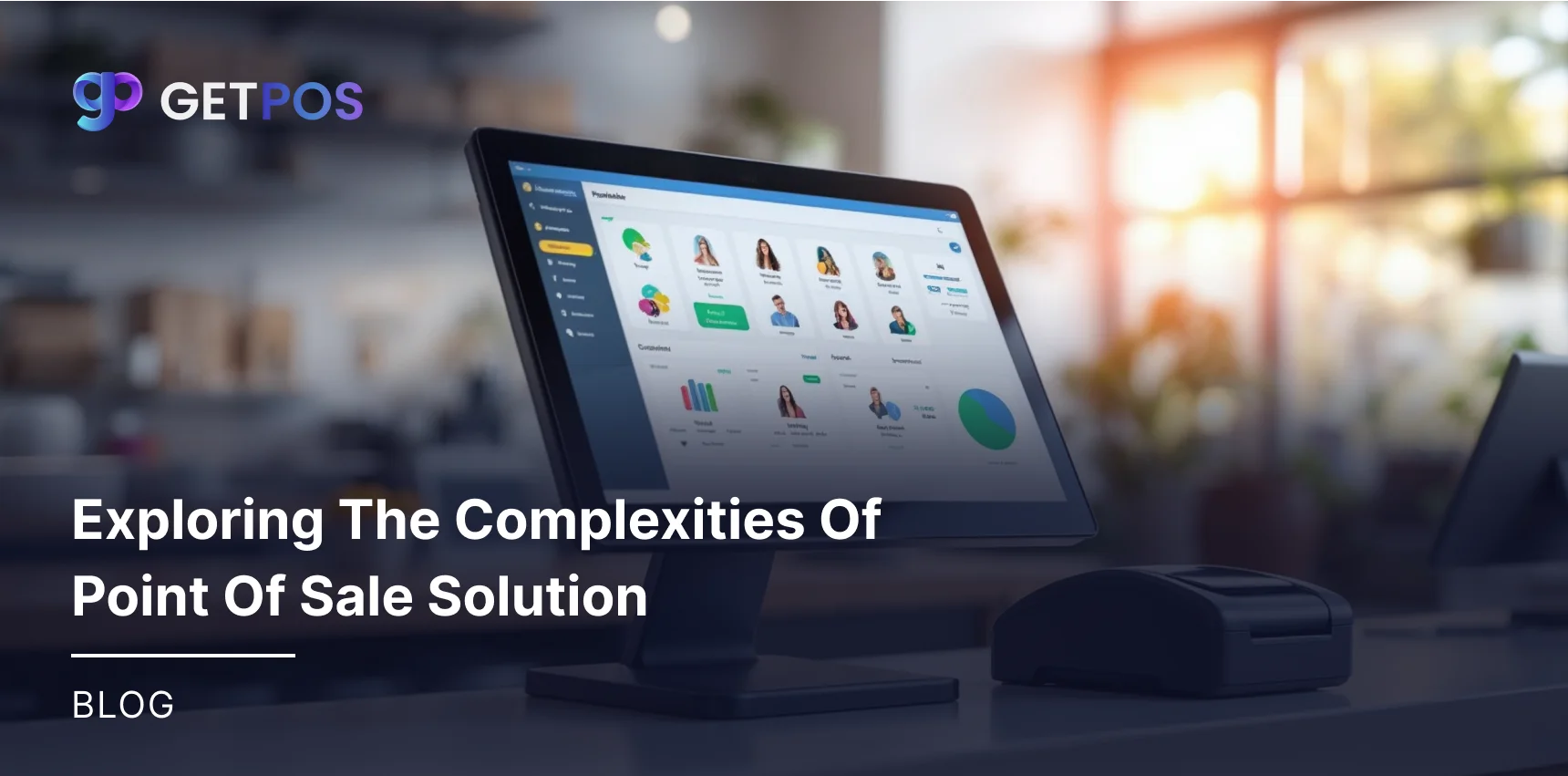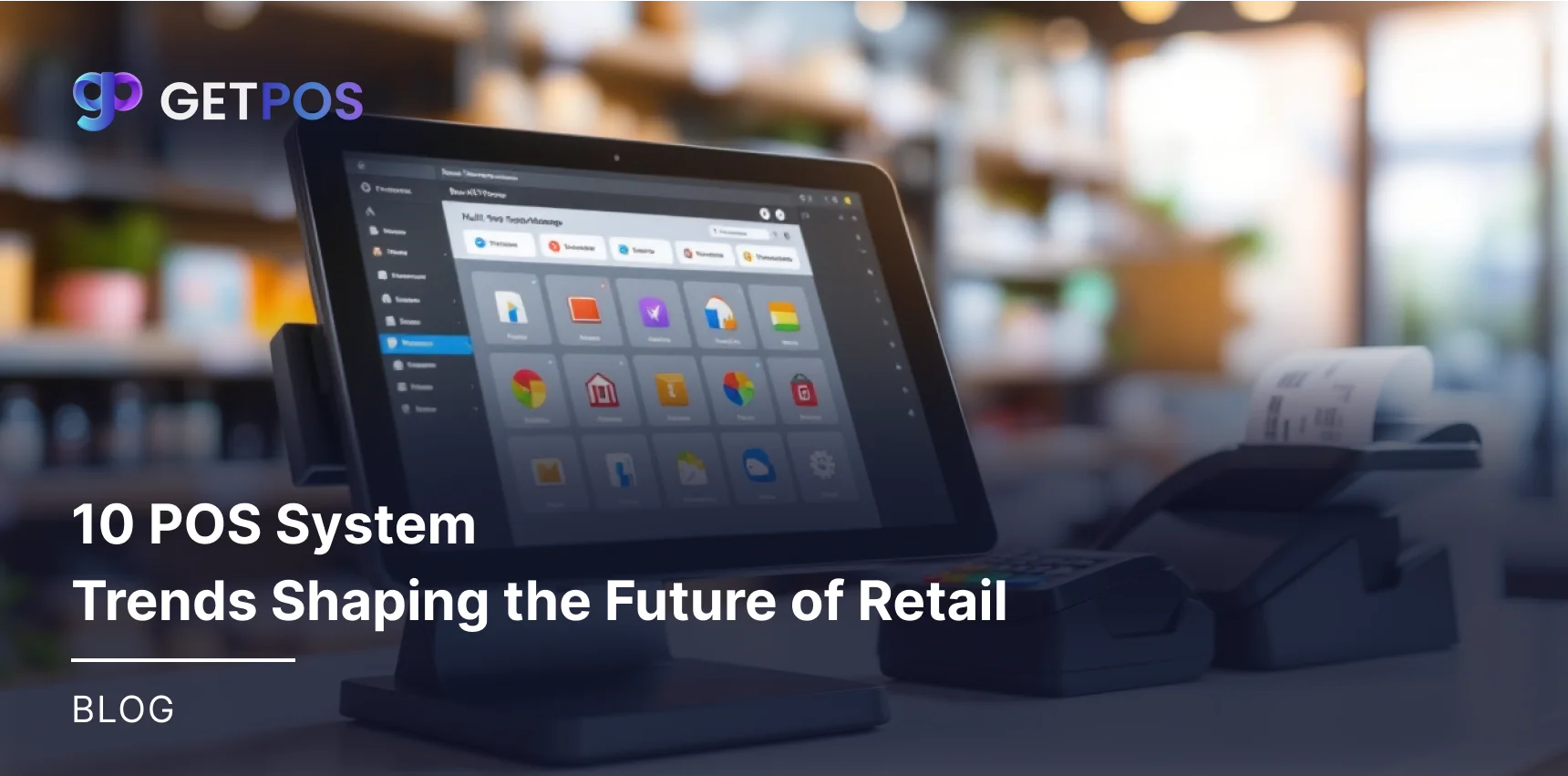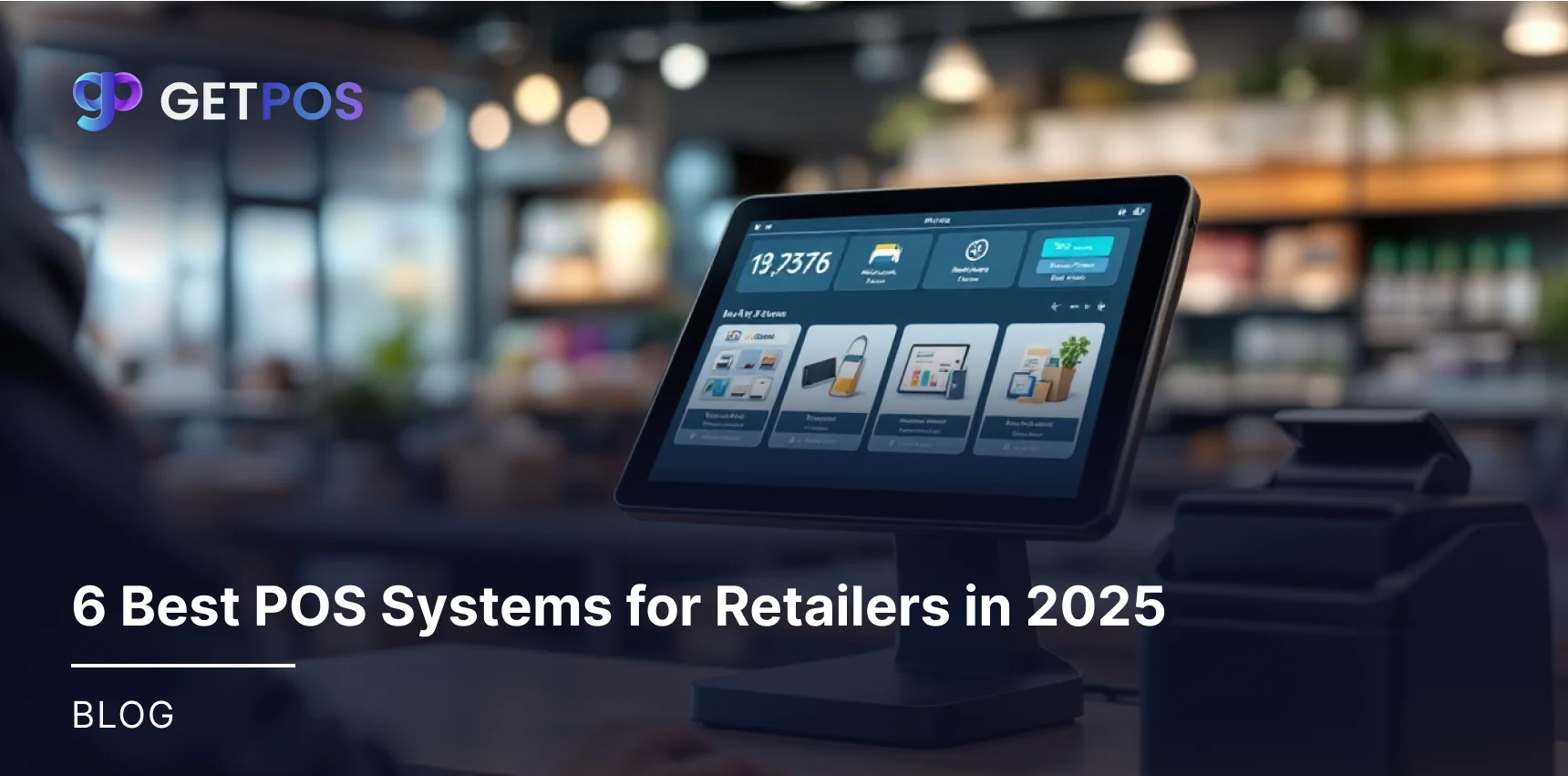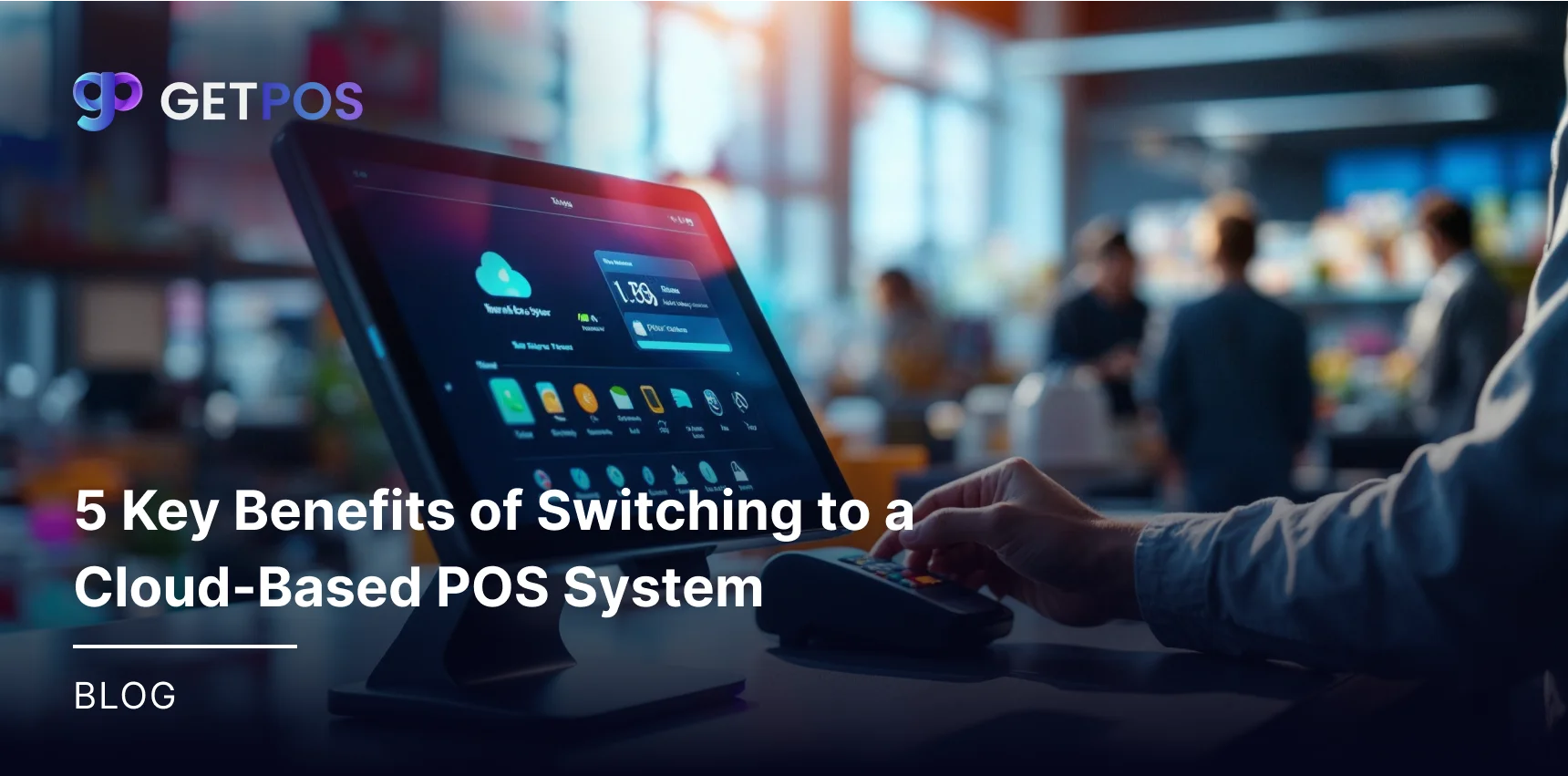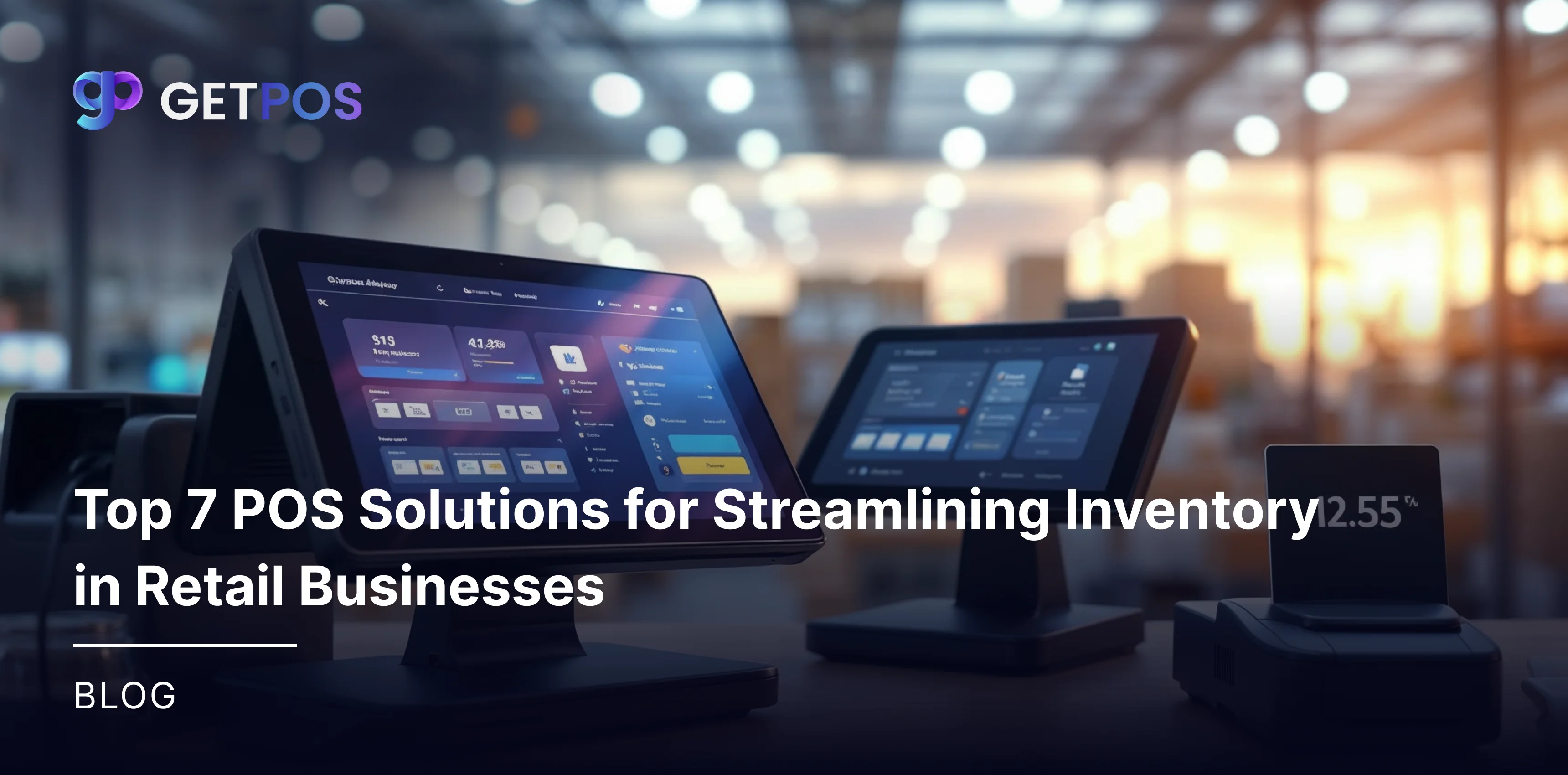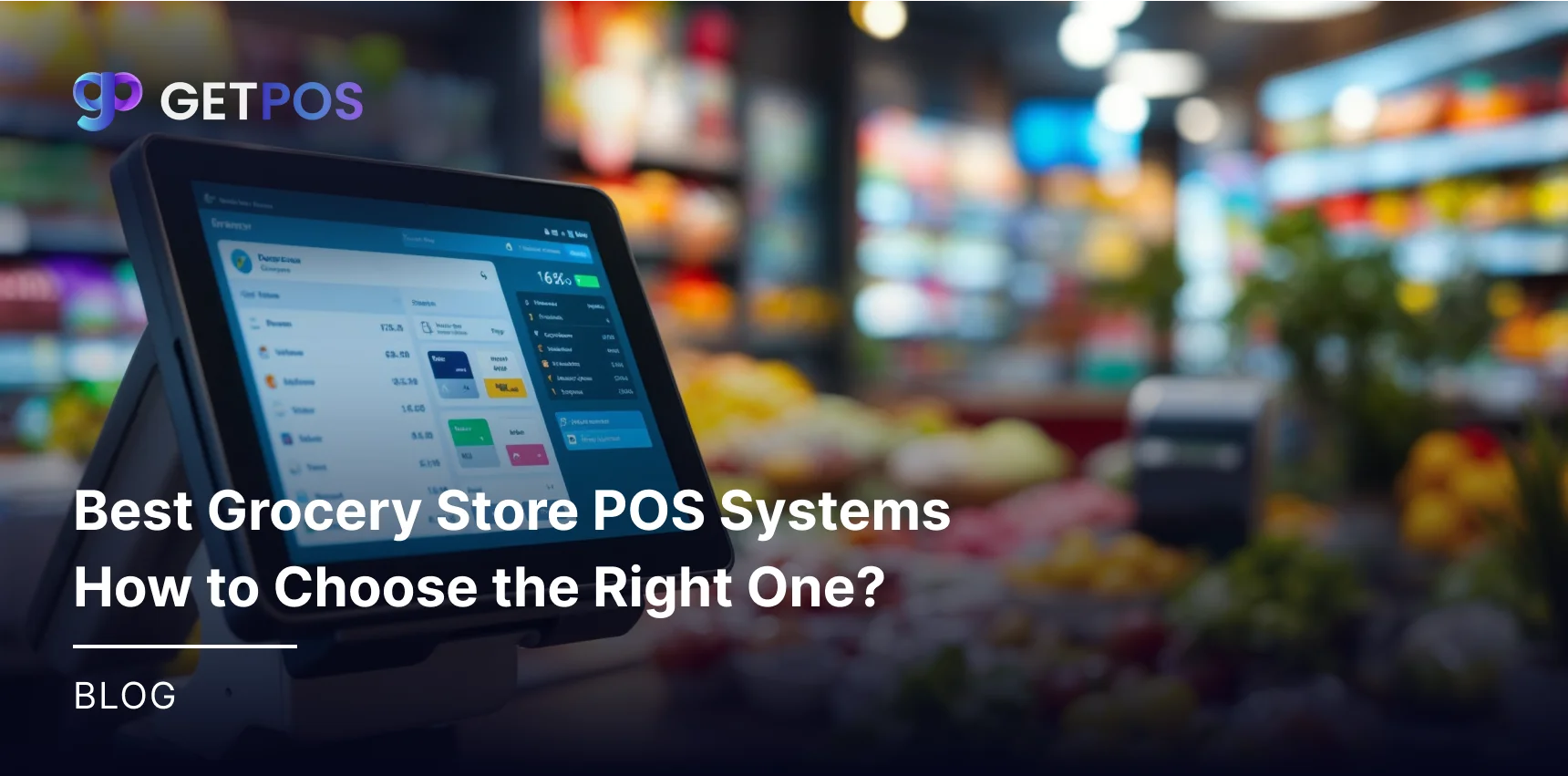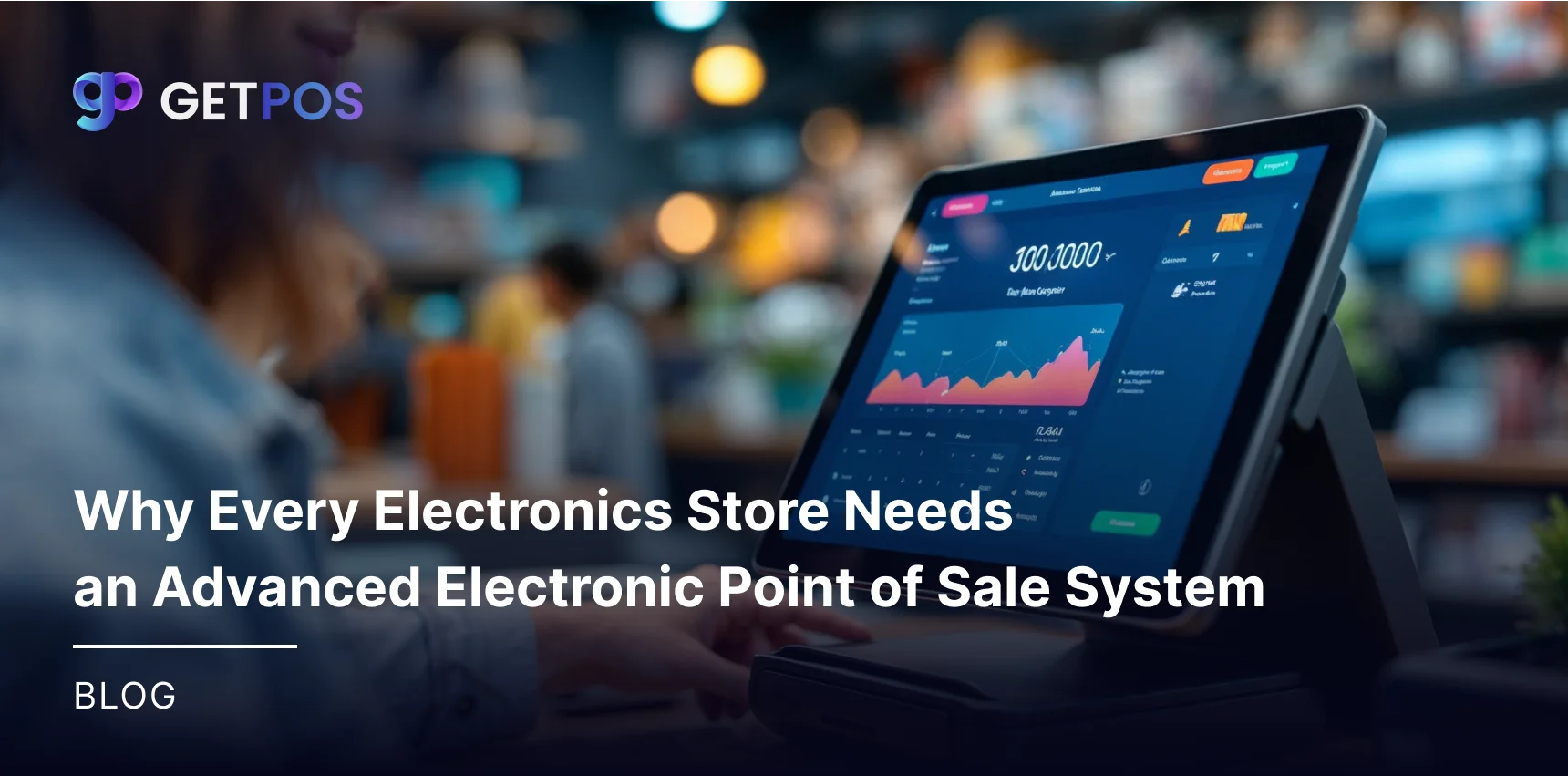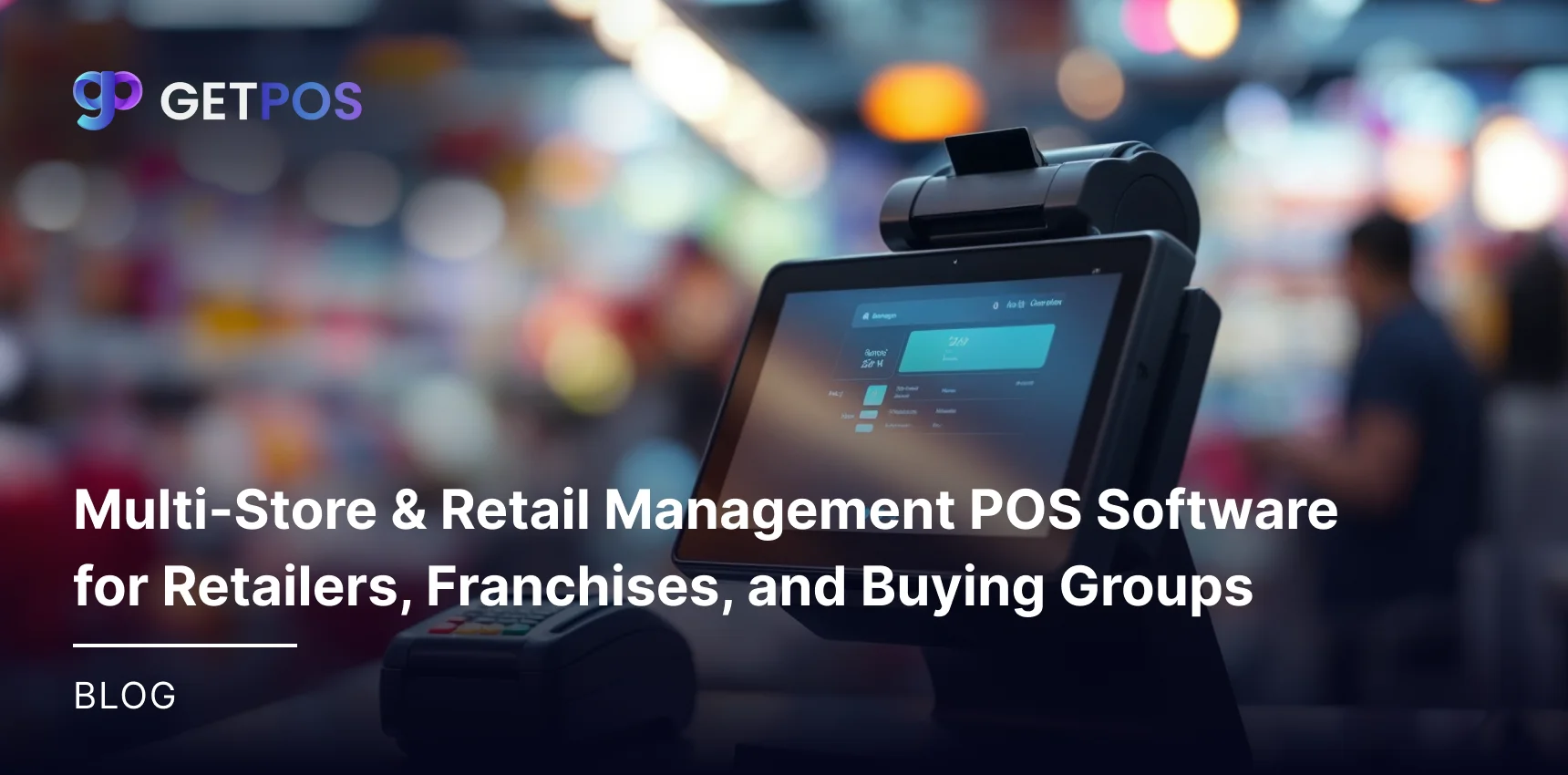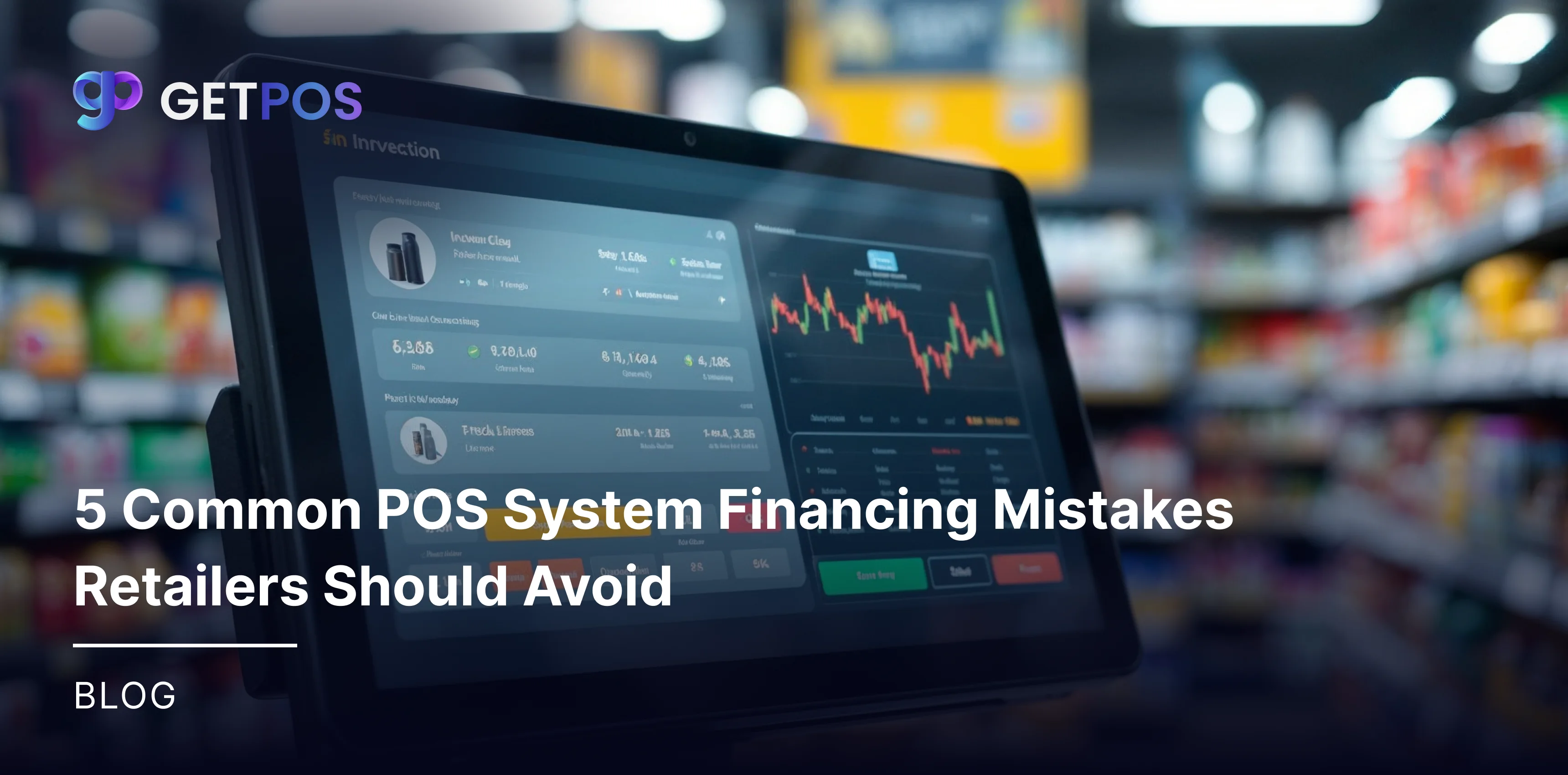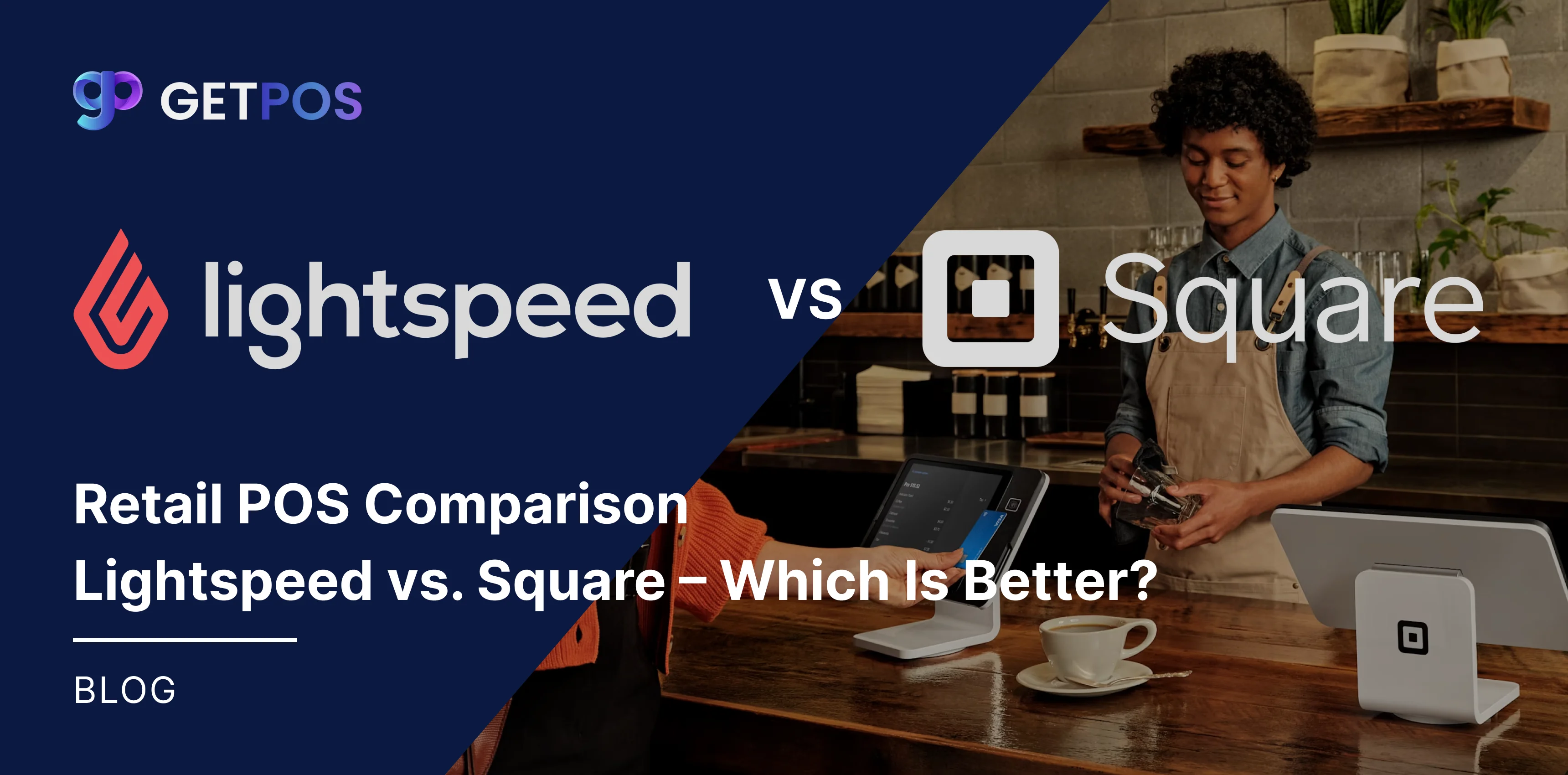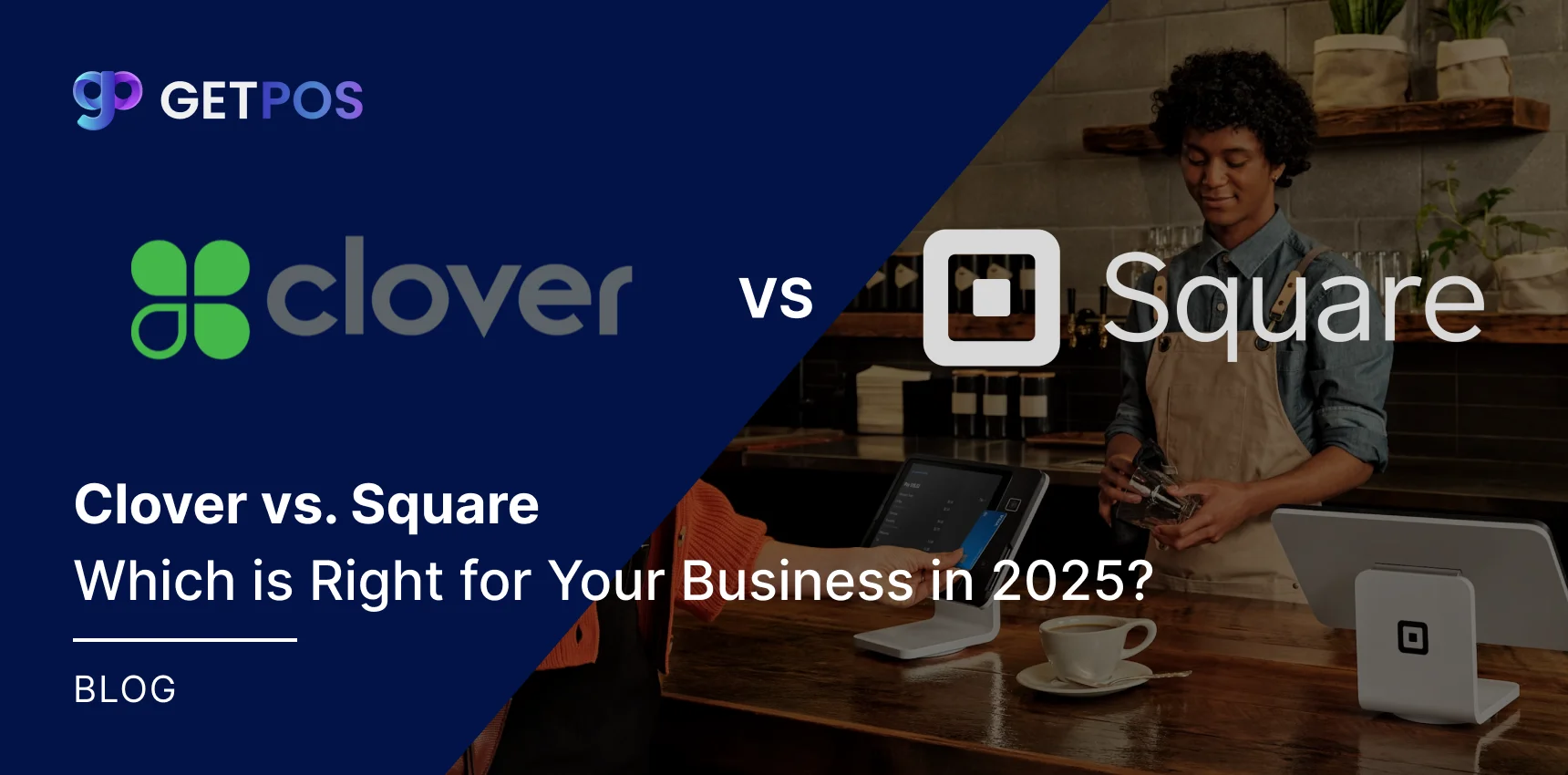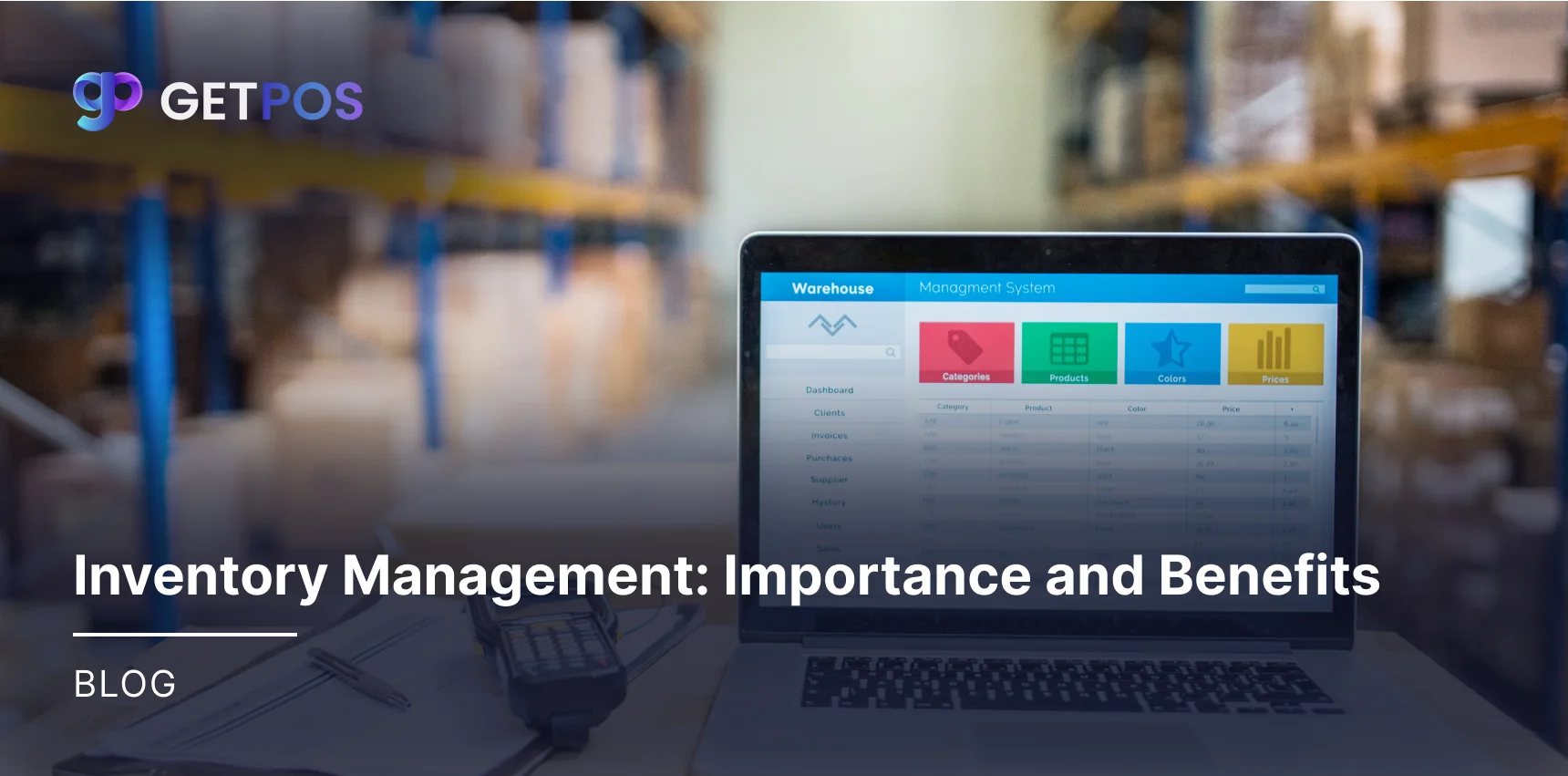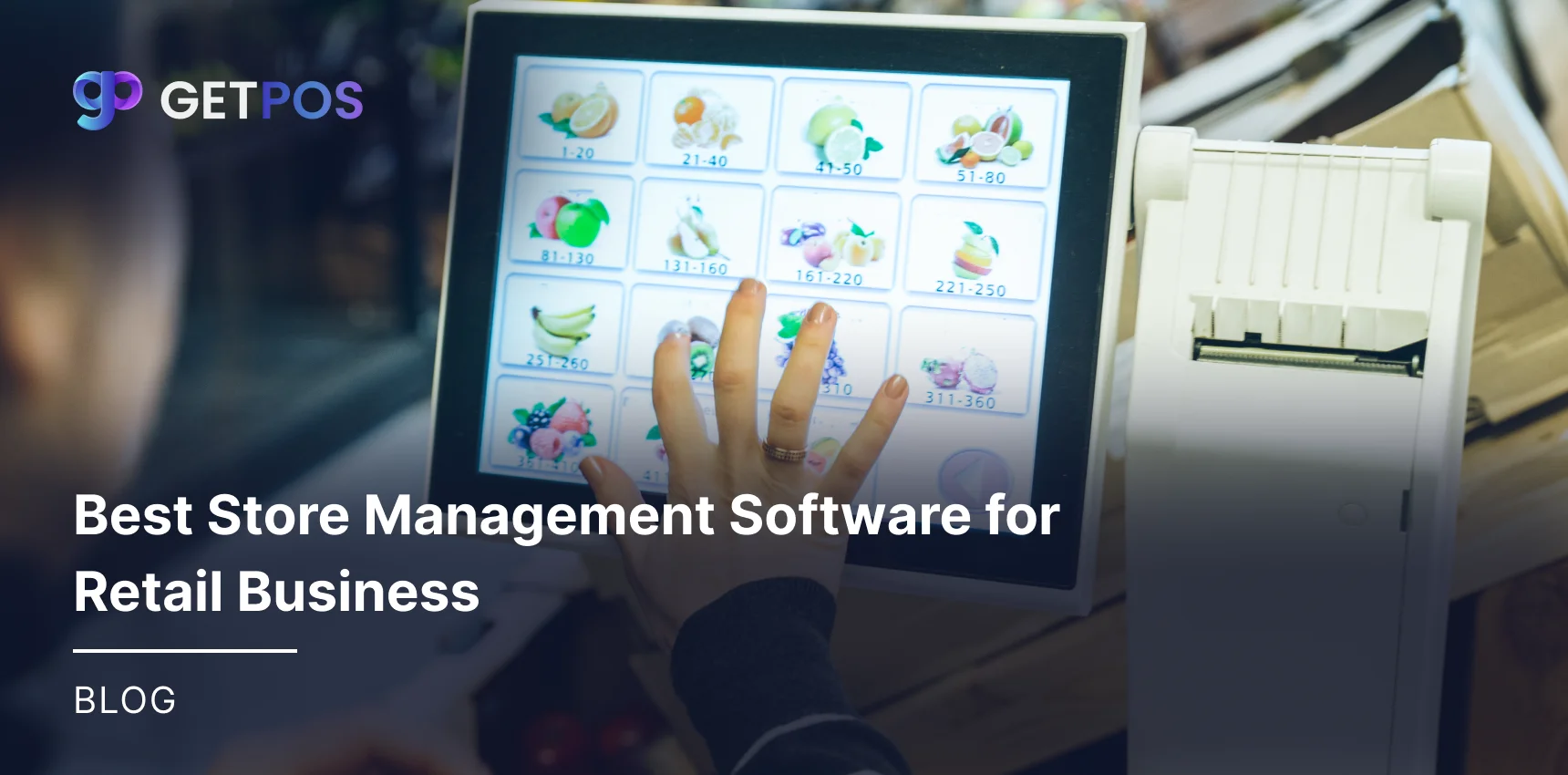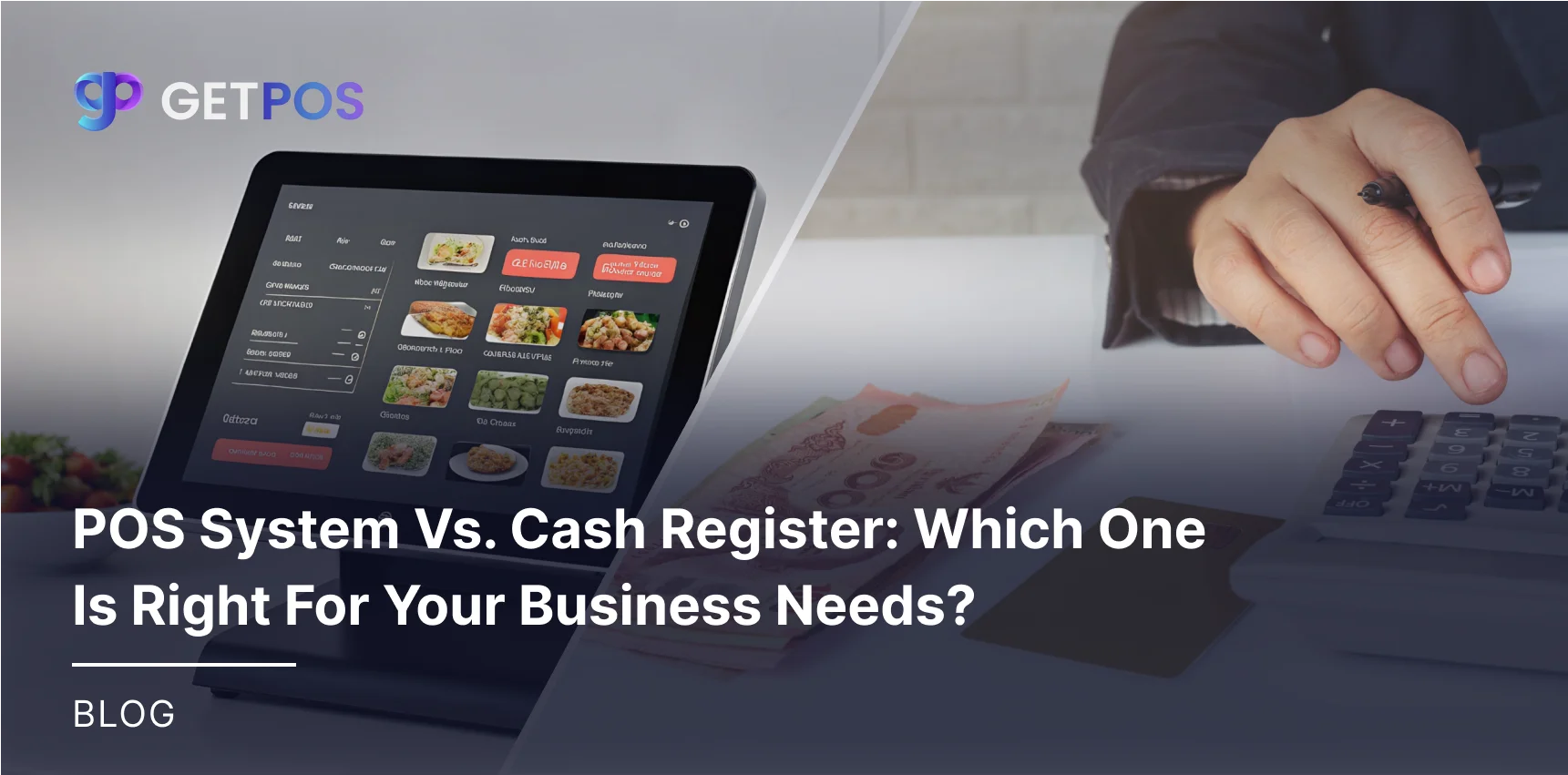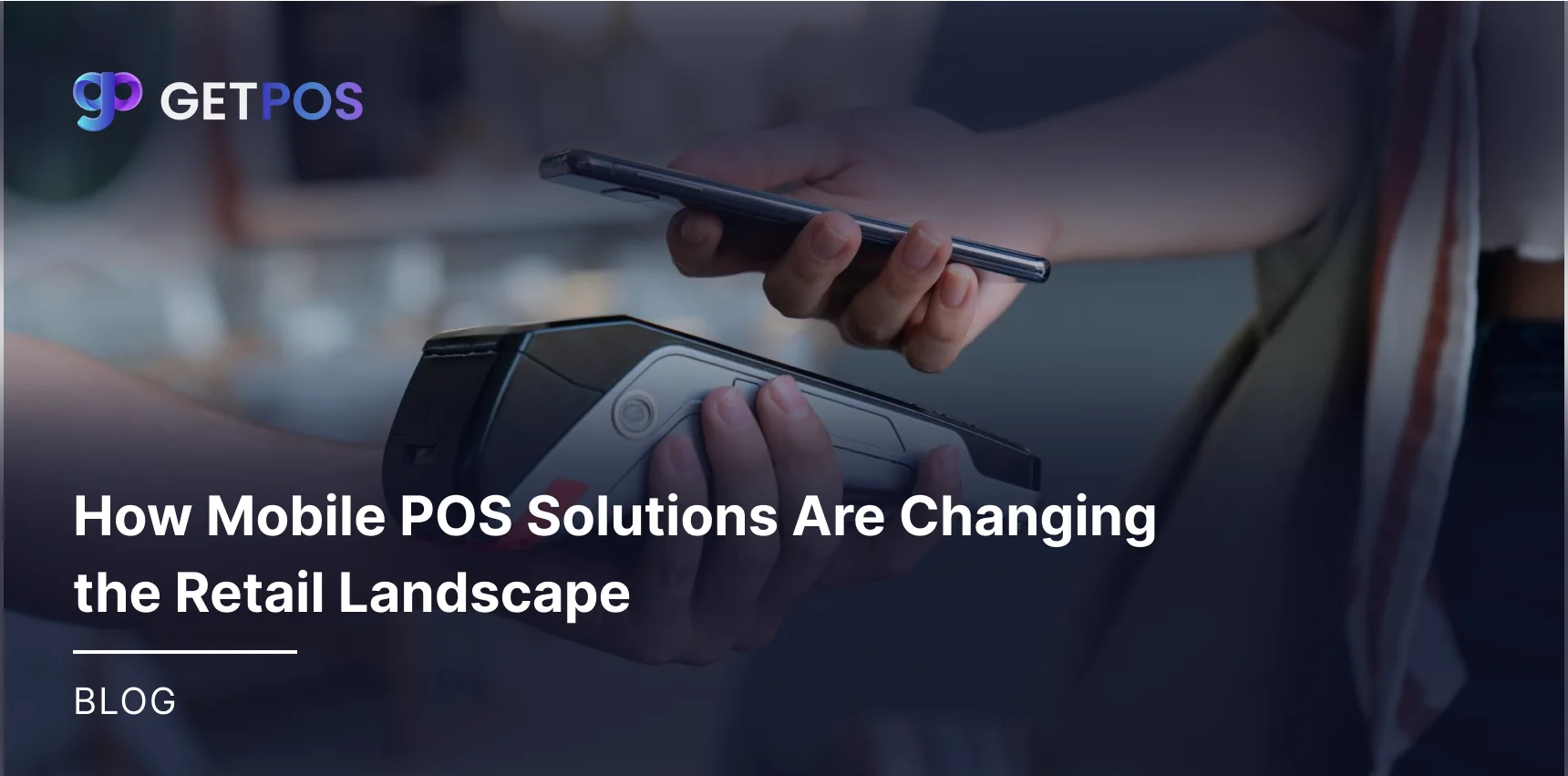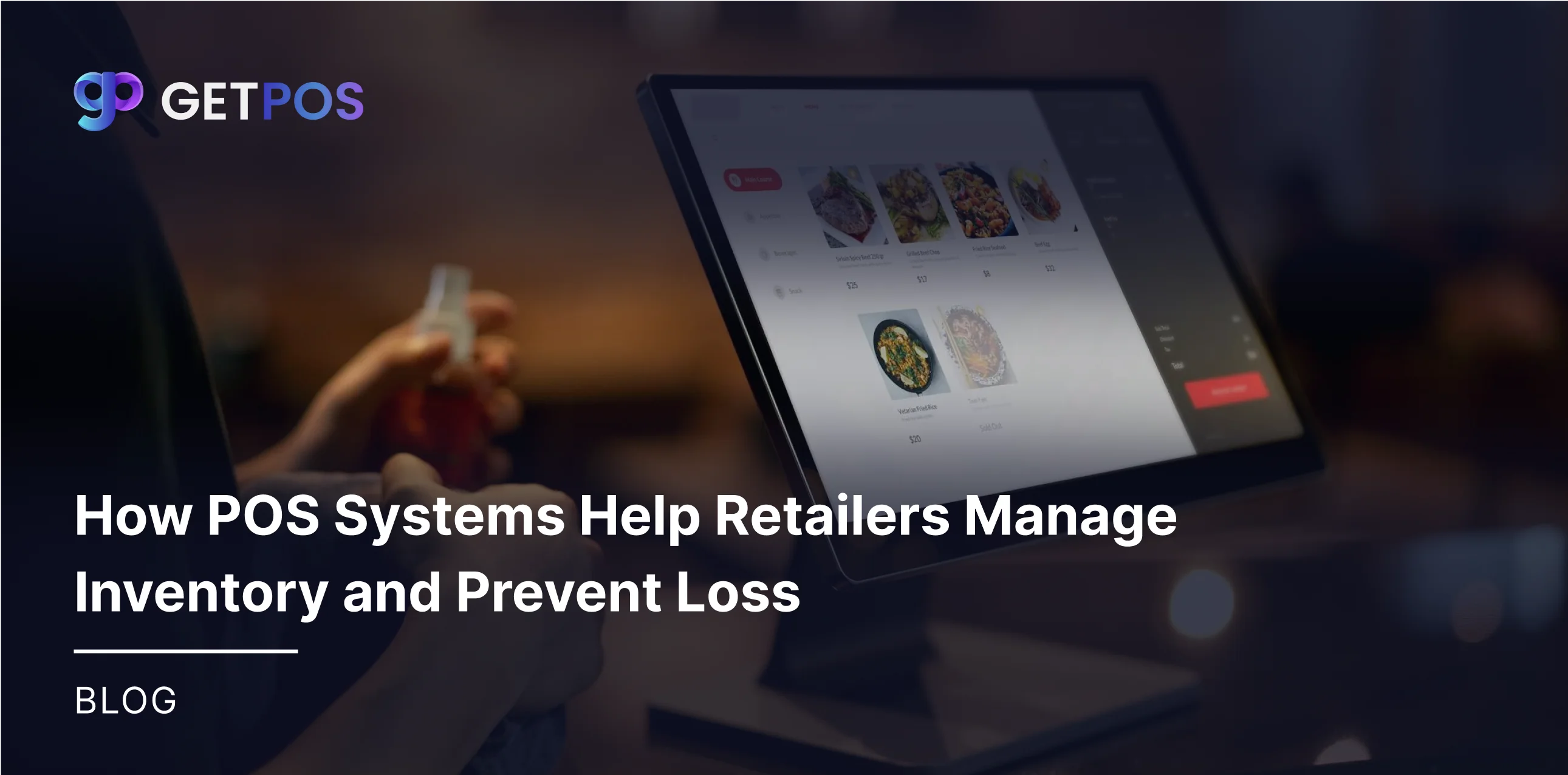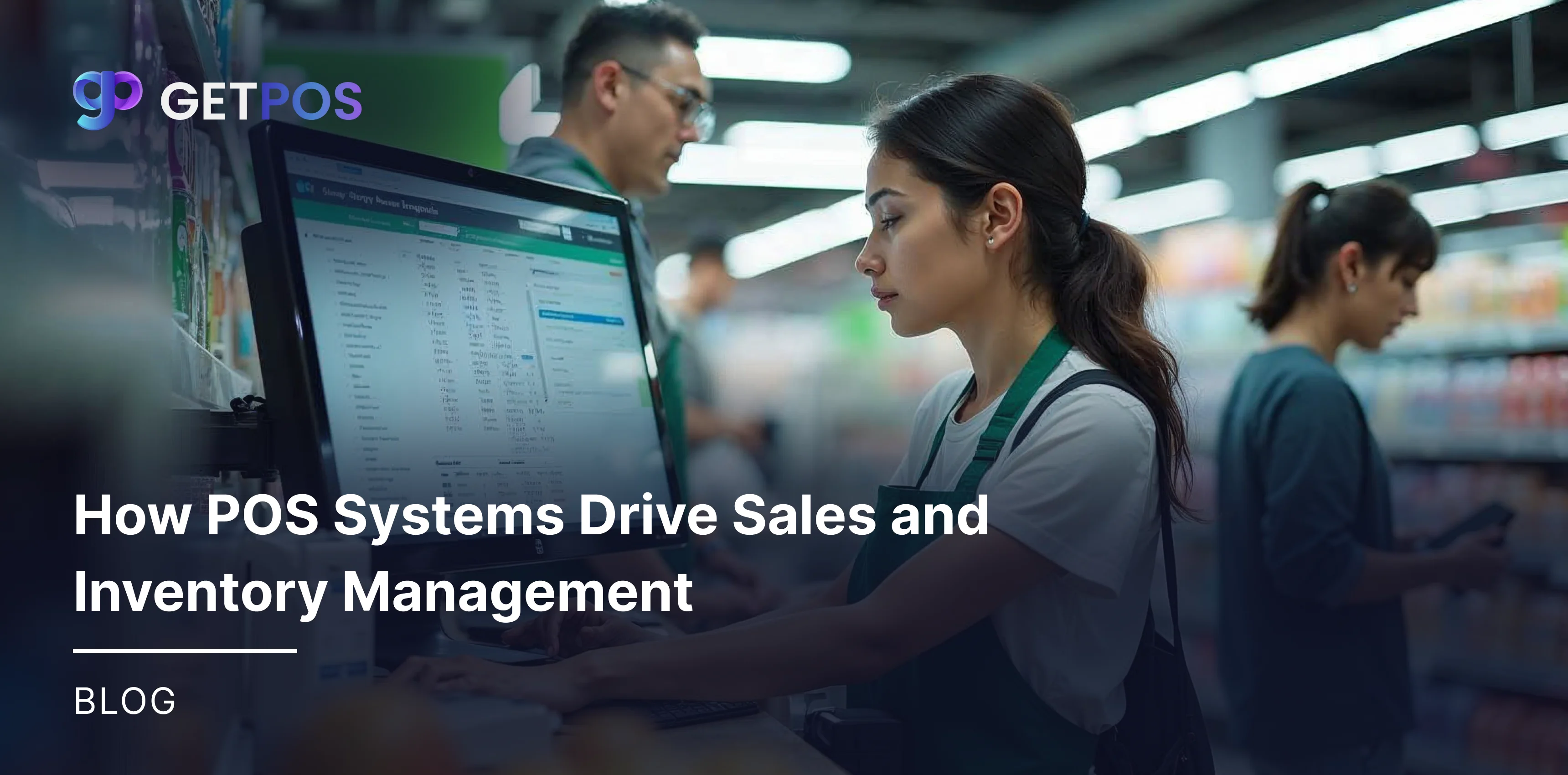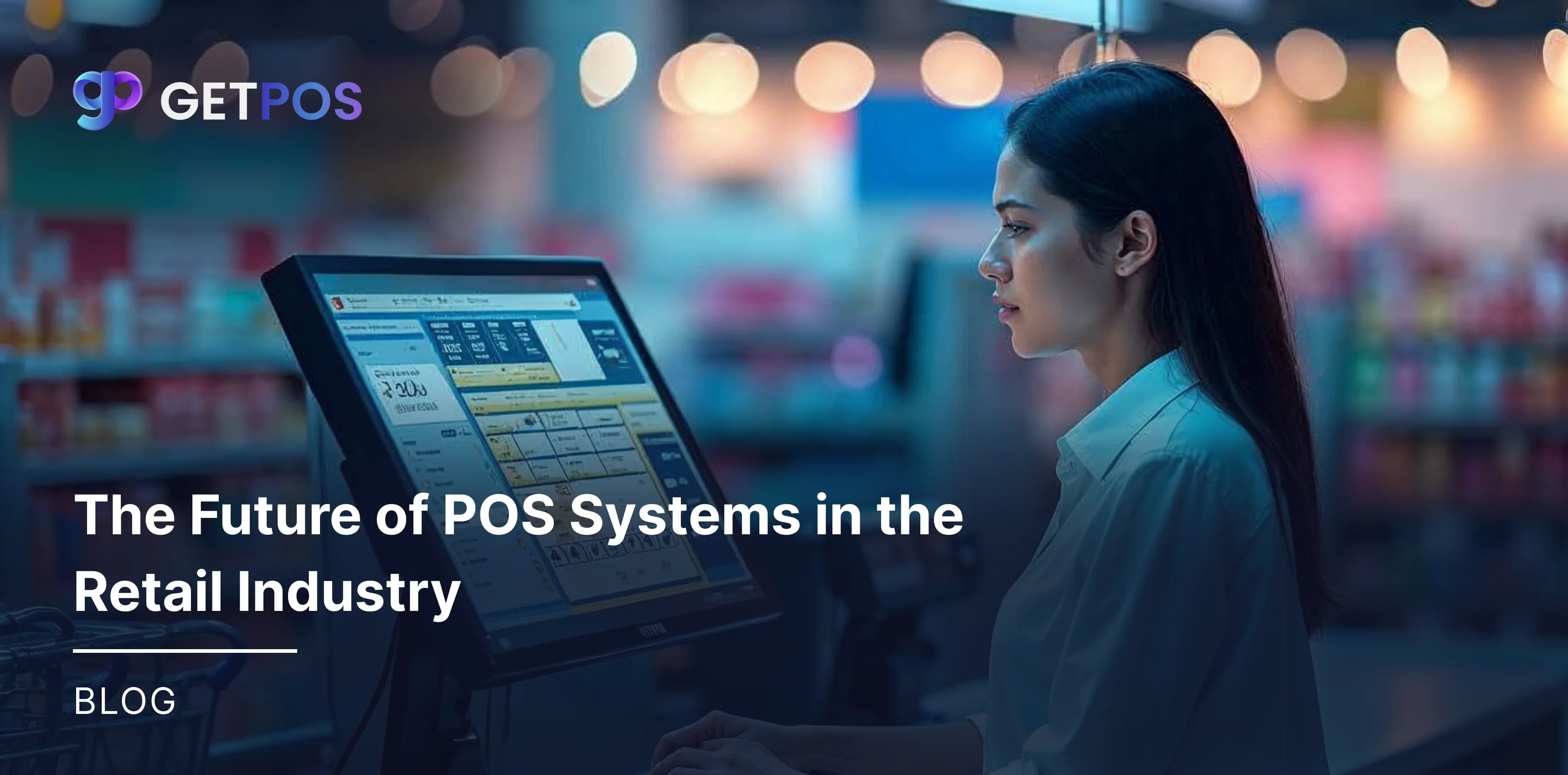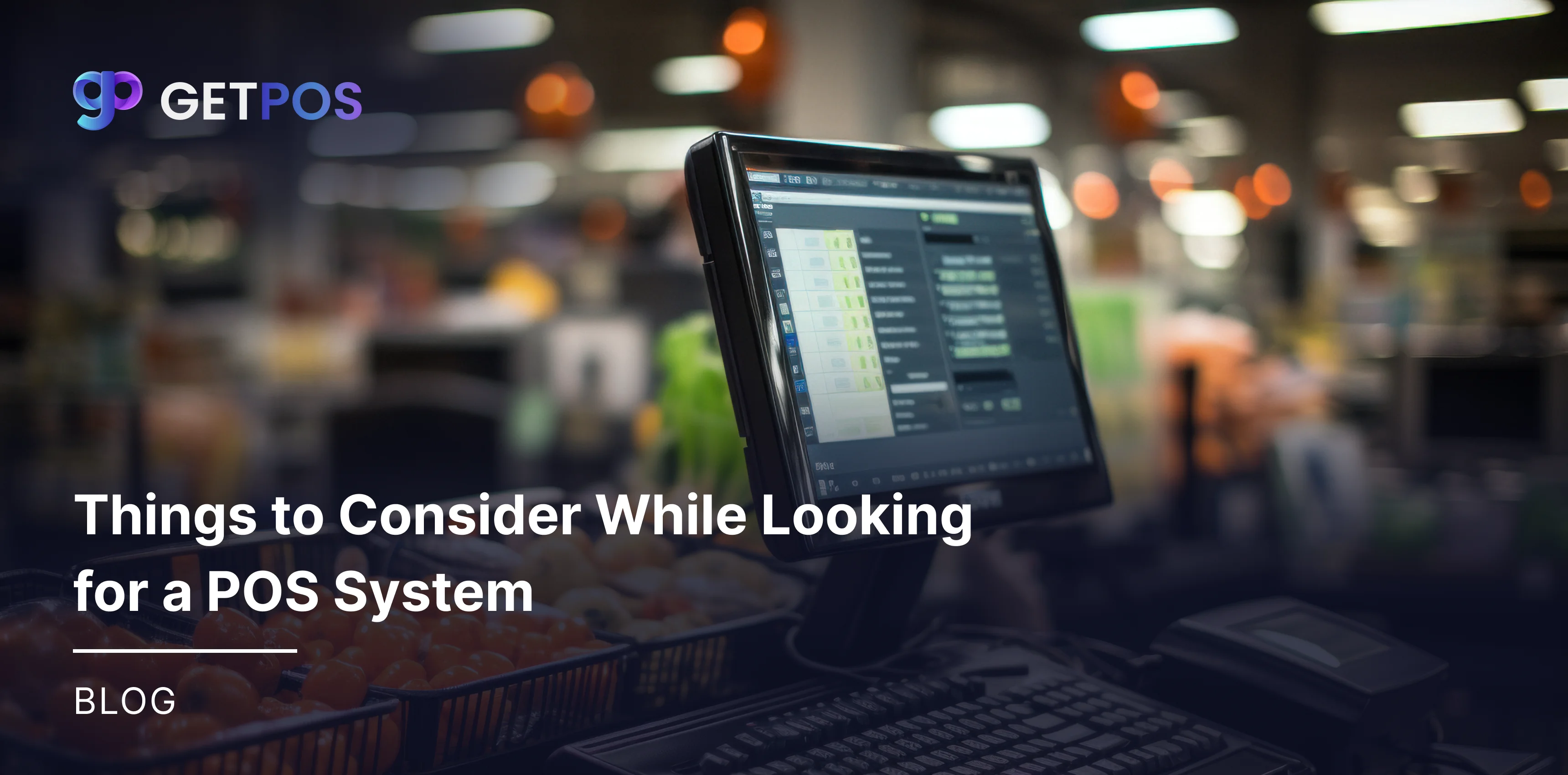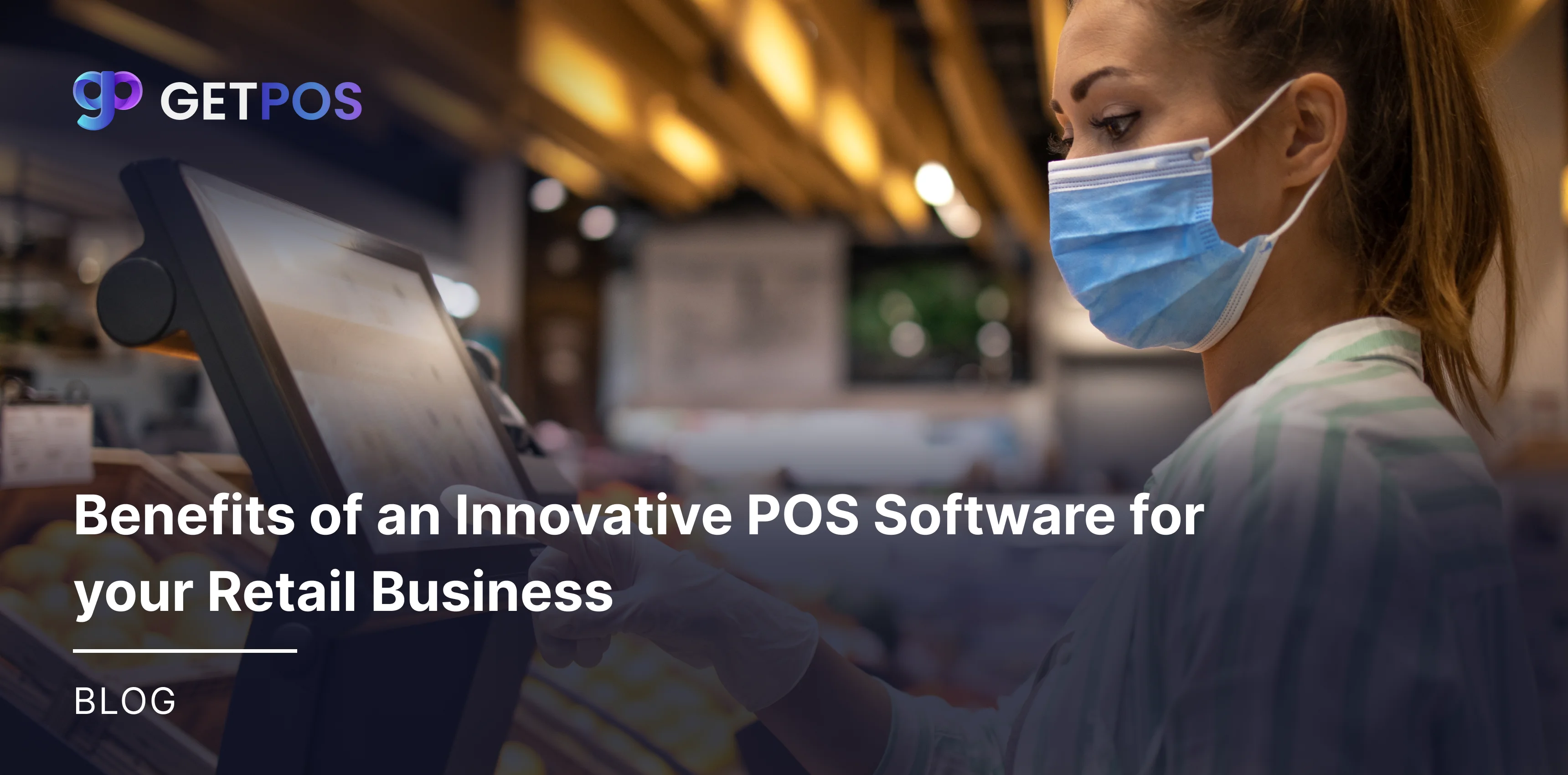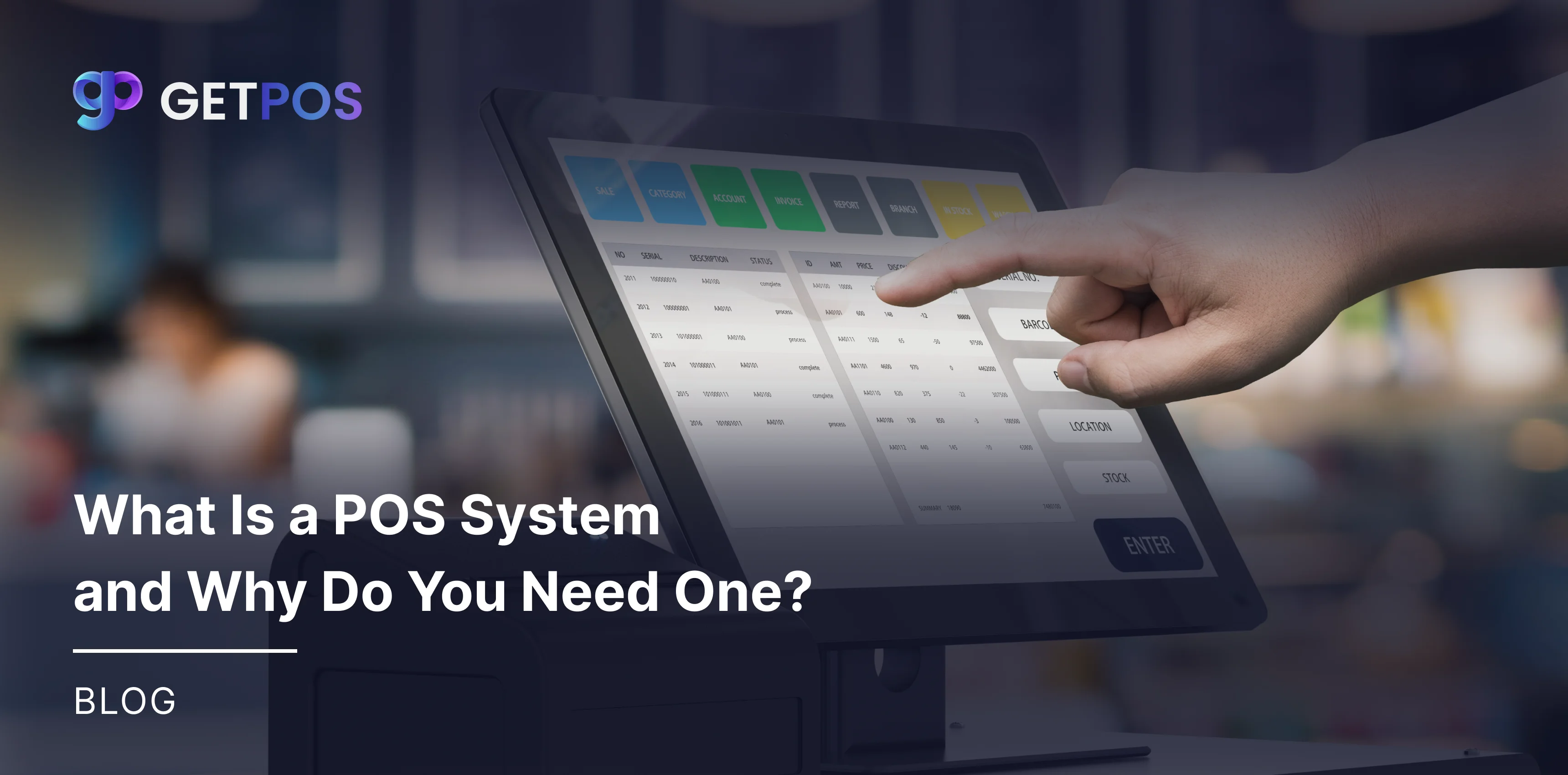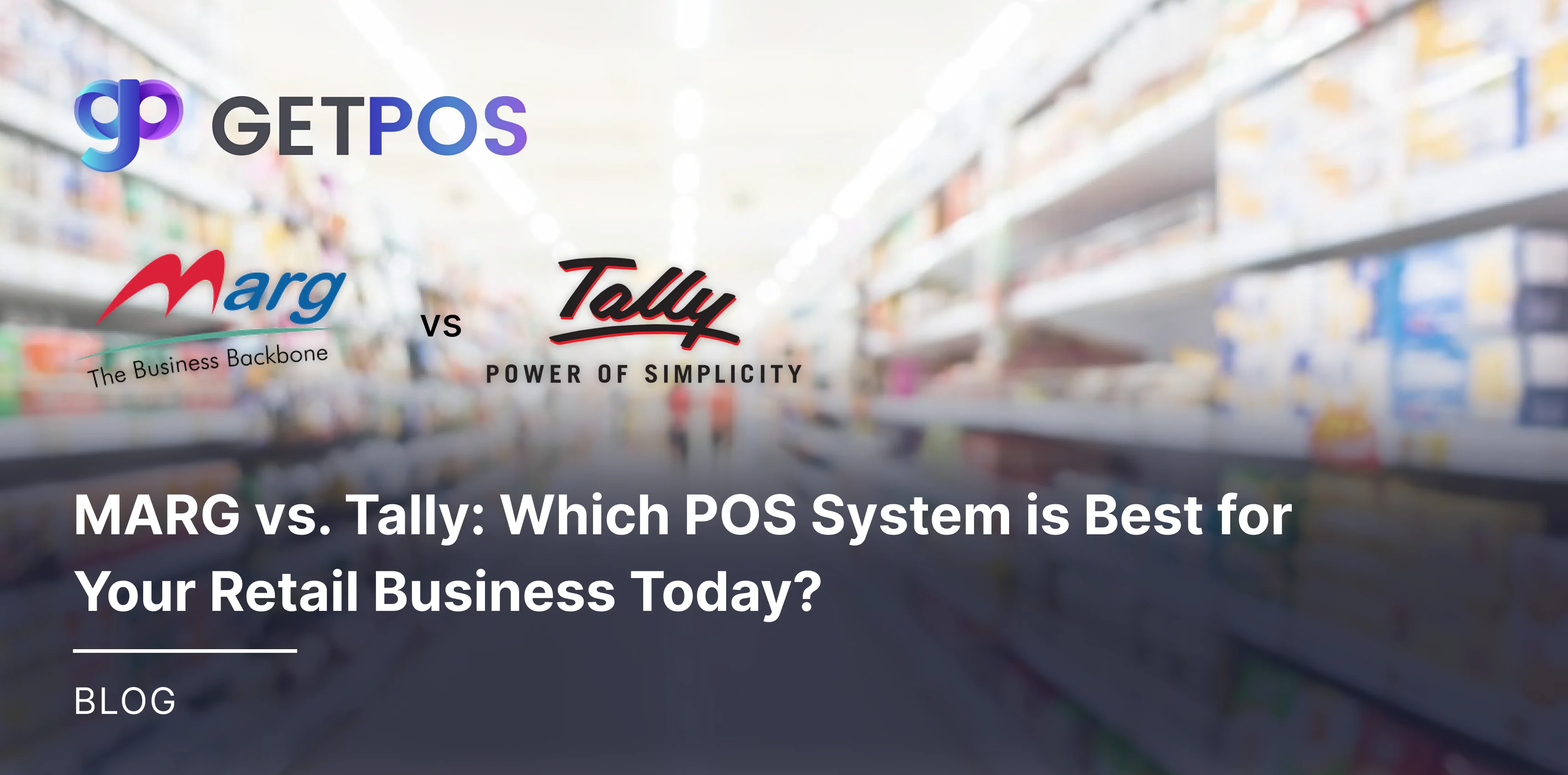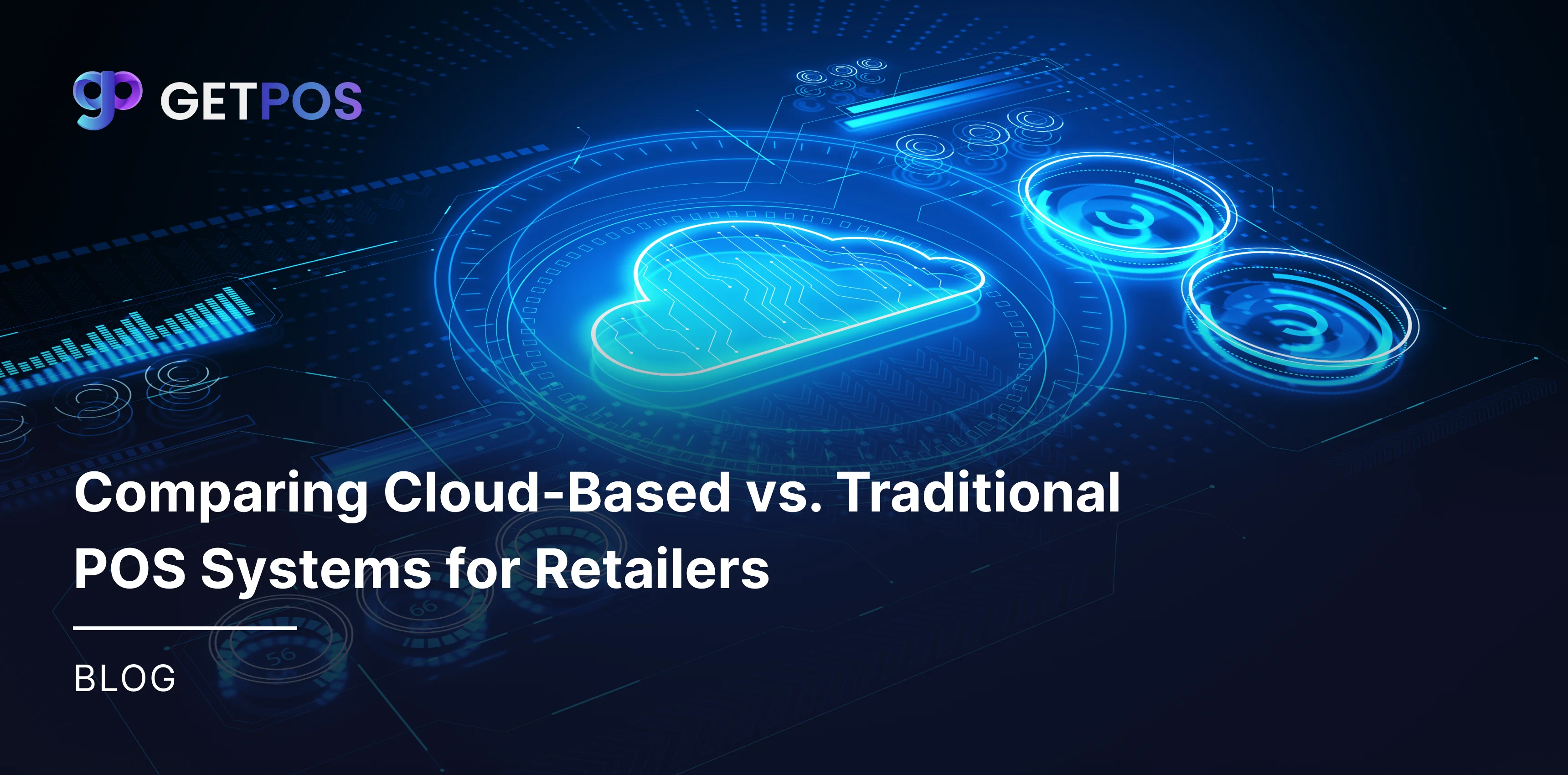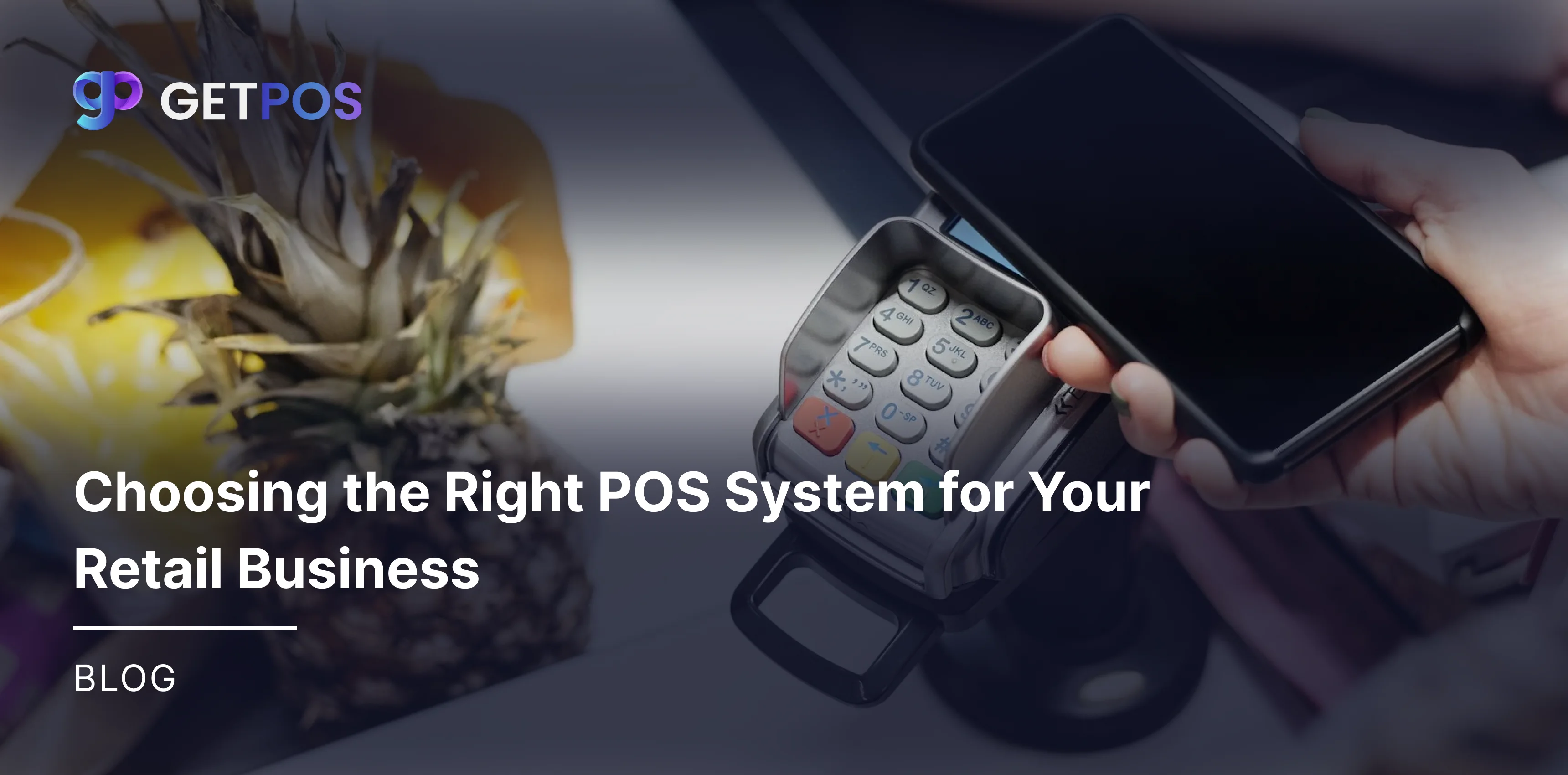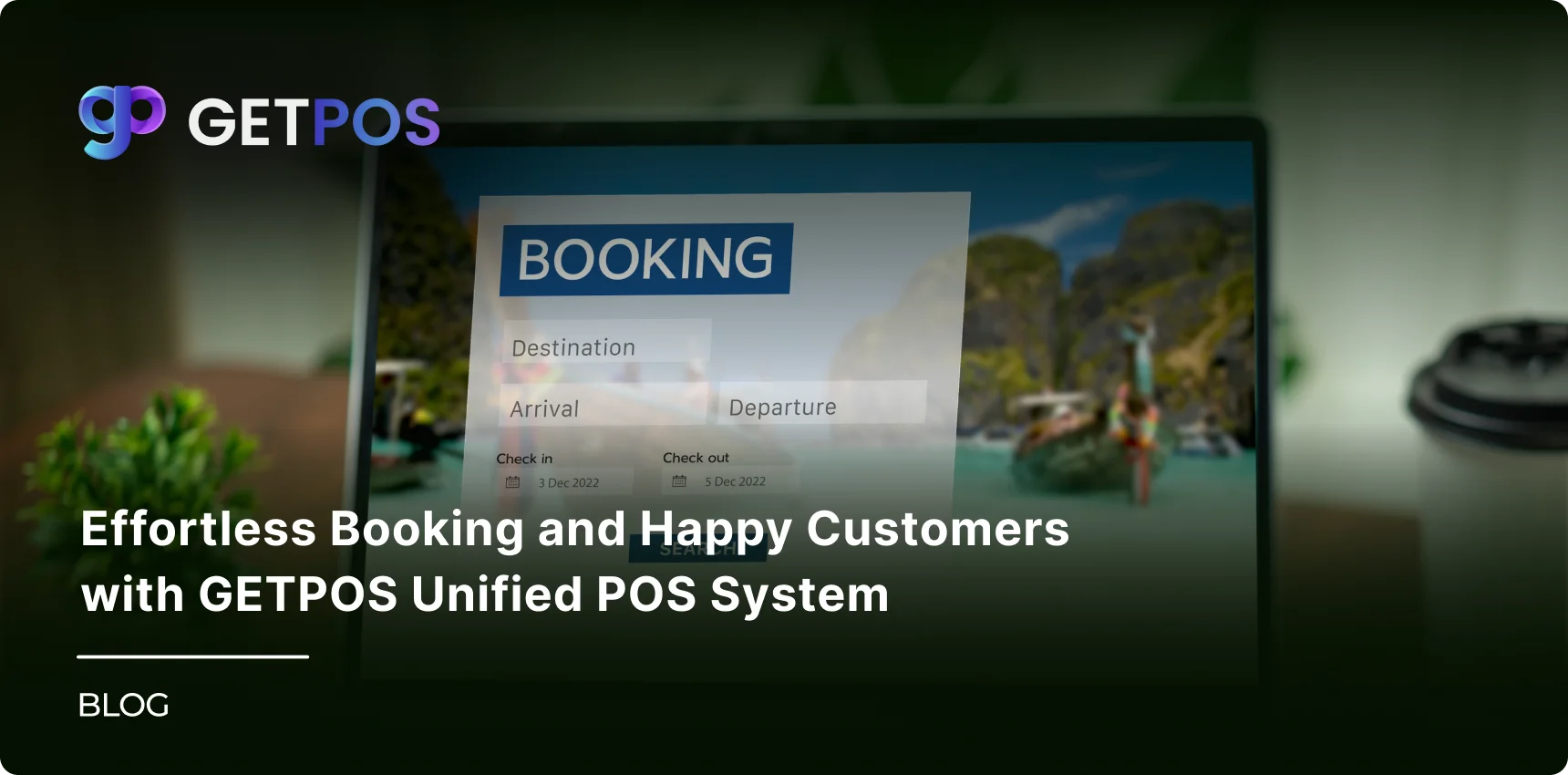Quick Summary
A modern POS system is a game-changer for retail businesses, offering advanced tools to enhance customer experience, streamline operations, and provide valuable insights. From inventory management to flexible payment options, adopting the right POS system ensures increased efficiency, reduced errors, and better decision-making for your retail shop.
Table Of Contents
Introduction
Retail businesses are evolving rapidly, and staying competitive requires more than just quality products or services. A modern POS system is an essential tool that combines advanced features like inventory tracking, sales reporting, and payment flexibility to help businesses operate efficiently. In today’s fast-paced market, the right POS system not only improves day-to-day operations but also delivers a superior customer experience, ensuring long-term growth and profitability.
Key Takeaways
A modern POS system improves customer experience, streamlines operations, and provides valuable business insights.
Features like inventory management, payment flexibility, and system integration are essential for optimal performance.
Retailers can save time, minimize errors, and boost employee productivity with advanced POS tools.
Detailed sales reports and loyalty program integrations enhance decision-making and customer retention.
Choosing the right POS system involves understanding your business needs, evaluating features, and testing usability through demos.
The Business Impact of a Modern POS System
Improved Customer Experience
Modern POS systems enhance the shopping experience by offering faster checkouts, personalized recommendations, and seamless transactions. Features like loyalty programs and digital receipts improve customer satisfaction and encourage repeat business.
Streamlined Operations
A POS system simplifies various retail tasks, such as inventory management, staff scheduling, and sales tracking. Automating these processes minimizes manual errors and frees up time for retailers to focus on growth.
Data and Insights
With integrated reporting tools, a modern POS system provides actionable insights into sales trends, customer preferences, and inventory performance. These insights enable businesses to make informed decisions and develop targeted marketing strategies.
Key Features to Look for in a POS System
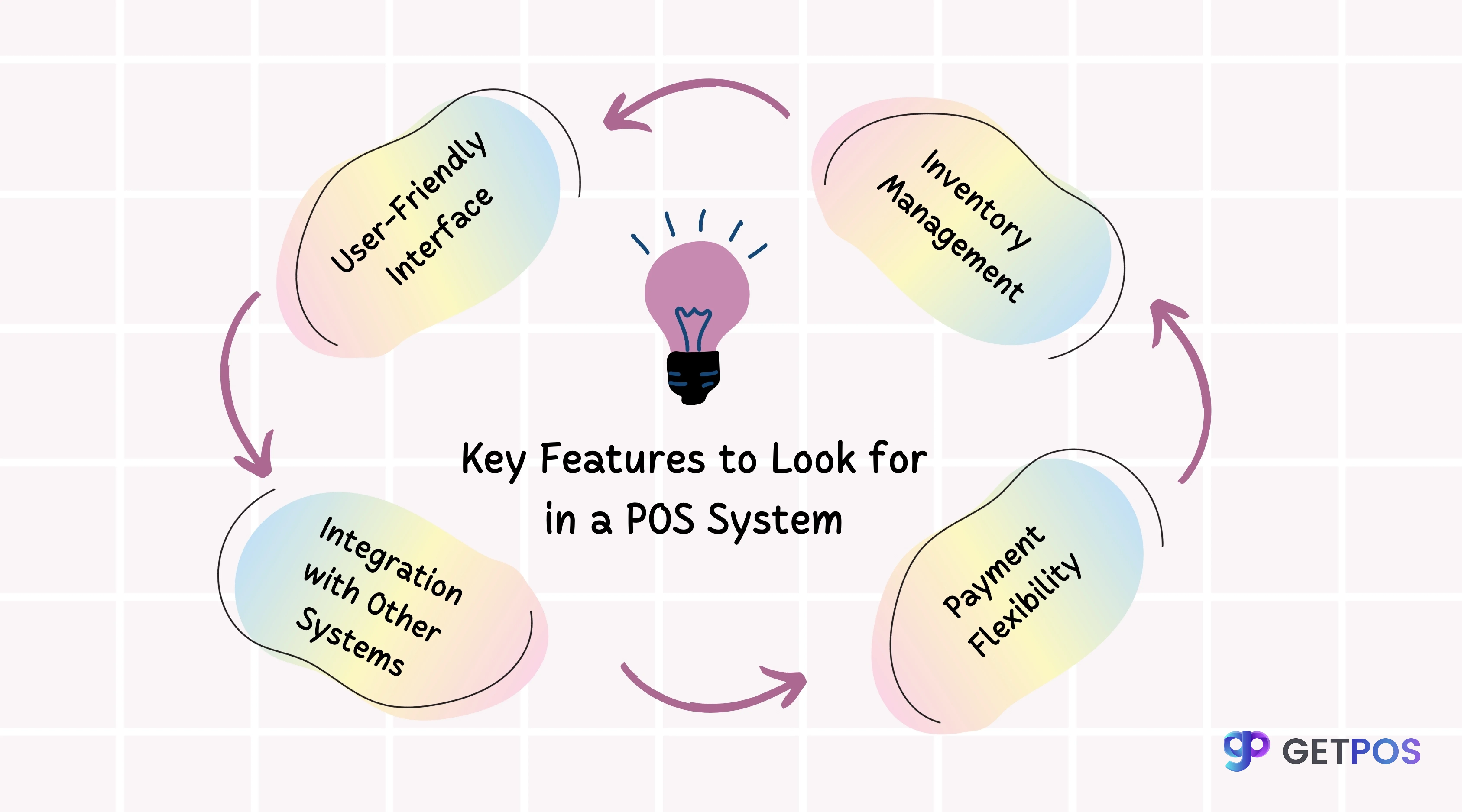
Inventory Management
A robust POS system allows real-time inventory tracking, ensuring that you always have the right stock levels. This prevents overstocking and understocking, which can impact profits.
Payment Flexibility
Modern POS systems support multiple payment methods, including credit cards, mobile payments, and digital wallets, offering convenience to customers and reducing cart abandonment.
Integration with Other Systems
Integration with tools like accounting software, CRM, and eCommerce platforms ensures a unified business ecosystem. This streamlines data management and improves efficiency.
User-Friendly Interface
A simple, intuitive interface makes the POS system easy to use for employees, reducing the learning curve and increasing productivity.
Why Your Store Needs a Modern POS System
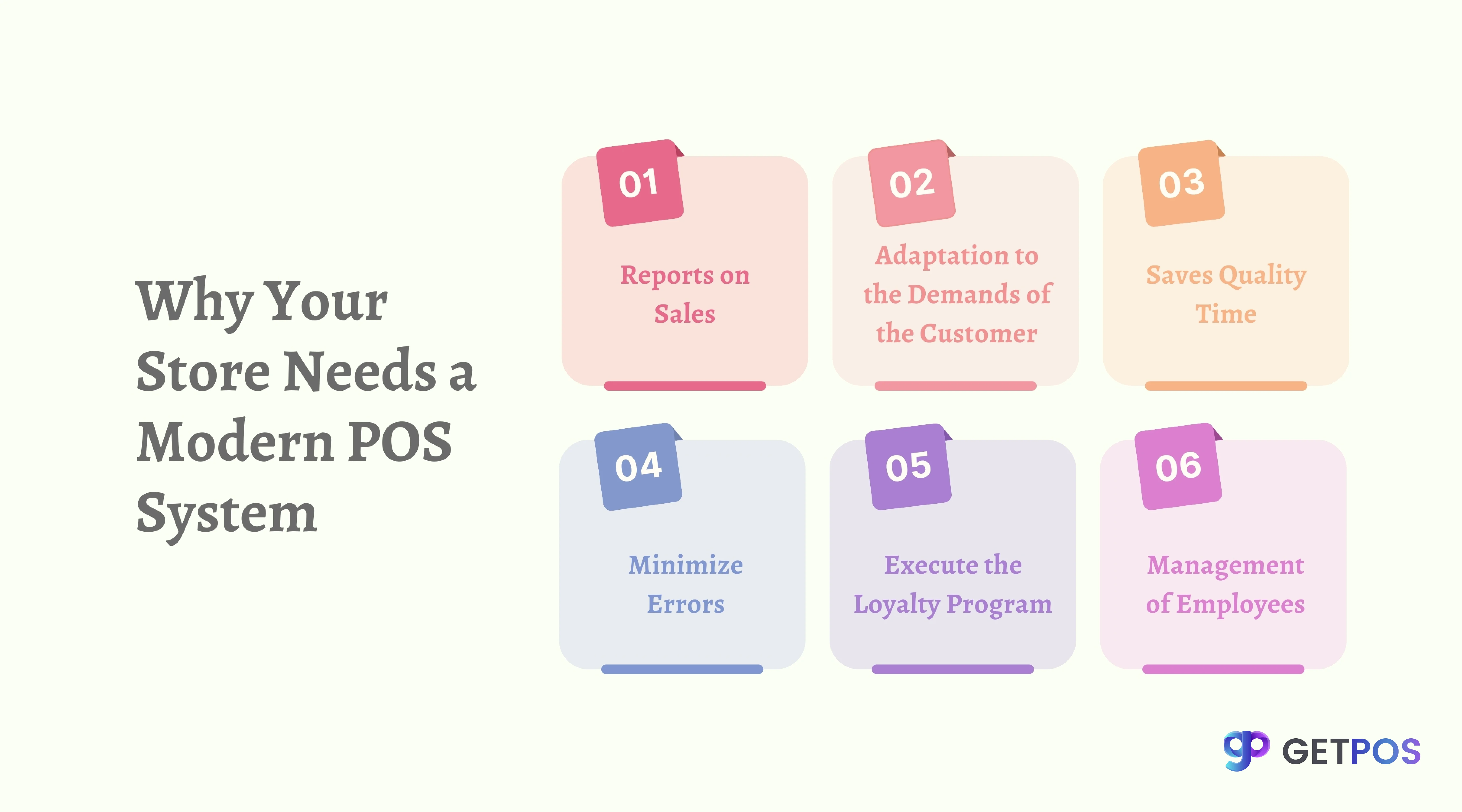
Reports on Sales
Modern POS systems provide detailed sales reports, allowing you to identify top-performing products and adjust your strategies accordingly.
Adaptation to the Demands of the Customer
As customer preferences shift, a flexible POS system helps retailers stay ahead by supporting trends like contactless payments and online ordering.
Saves Quality Time
Automated processes, from inventory tracking to sales reporting, save valuable time, enabling business owners to focus on core operations.
Minimize Errors
Manual data entry is prone to errors. A modern POS system reduces mistakes, ensuring accuracy in transactions, inventory updates, and financial records.
Execute the Loyalty Program
POS systems for businesses often include loyalty program integration, encouraging repeat purchases and increasing customer lifetime value.
Management of Employees
Track employee performance, manage schedules, and monitor shifts effortlessly using the employee management tools in a POS system.
How to Choose the Right POS System for Your Business
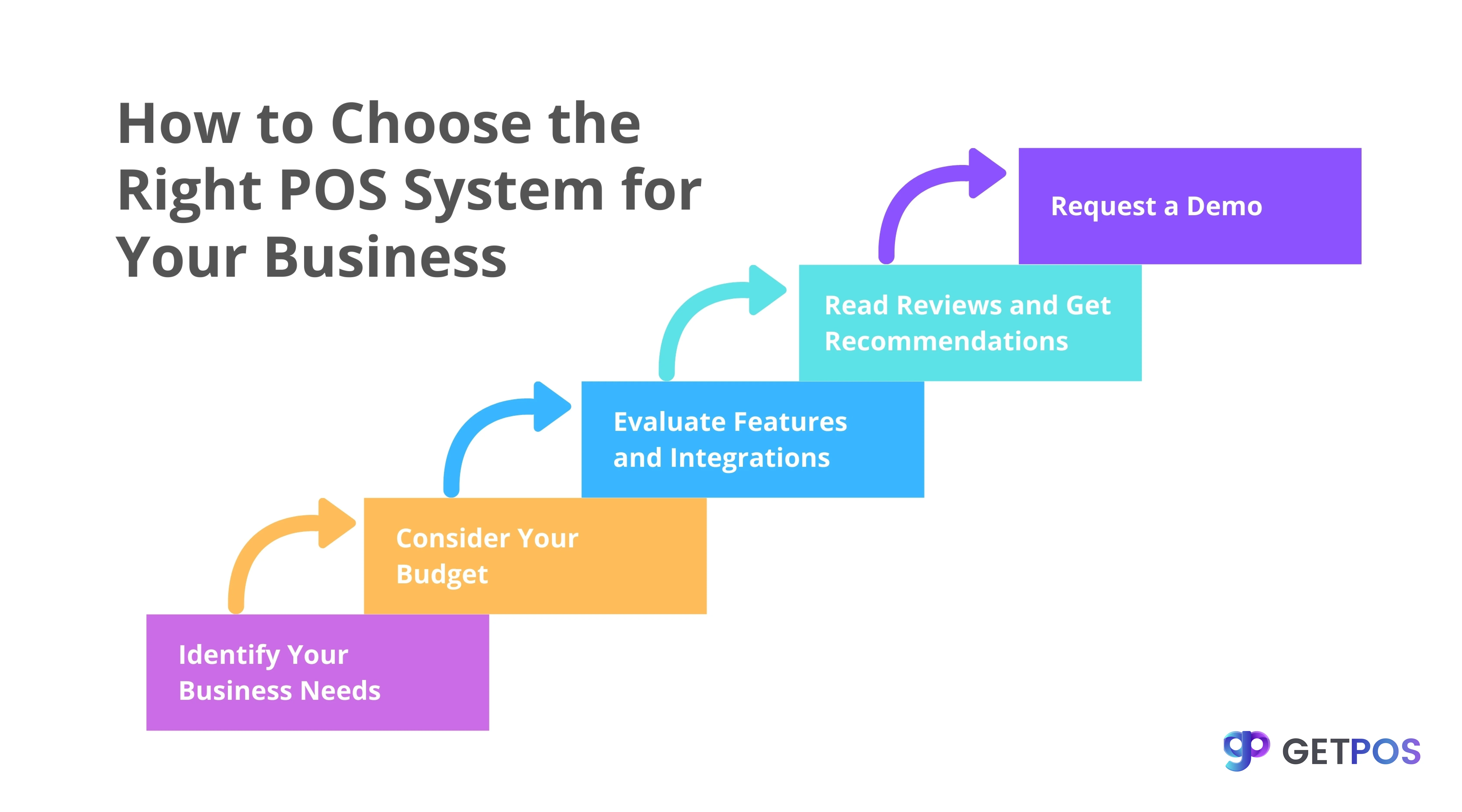
Choosing the Right POS System for Retail Business is crucial, here are a few things to consider:
Identify Your Business Needs
Assess your requirements, such as inventory size, sales channels, and customer preferences, to choose a POS system tailored to your business.
Consider Your Budget
Decide on a budget and explore cost-effective options that offer the essential features you need without overspending.
Evaluate Features and Integrations
Ensure the POS system supports features like multi-location management, real-time updates, and third-party integrations for seamless operations.
Read Reviews and Get Recommendations
Check reviews and seek advice from other retailers to identify reliable POS systems that meet your expectations.
Request a Demo
Before committing, request a demo to understand the system’s interface, capabilities, and ease of use, ensuring it aligns with your business needs.
Frequently Asked Questions
Modern POS systems offer real-time inventory tracking, mobile payment support, cloud-based data access, and integration with third-party tools like CRM and accounting software.
Cloud-based POS systems provide flexibility, remote access, automatic updates, and improved data security, making them ideal for modern retail businesses.
Trends like AI-driven analytics, contactless payments, and mobile POS solutions are revolutionizing how retailers operate and interact with customers.
Yes, most modern POS systems integrate with eCommerce platforms, allowing seamless management of online orders alongside in-store sales.
Retailers should assess business needs, budget, required features, integration capabilities, and customer support options before upgrading their POS system.


